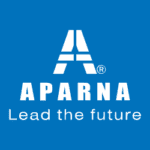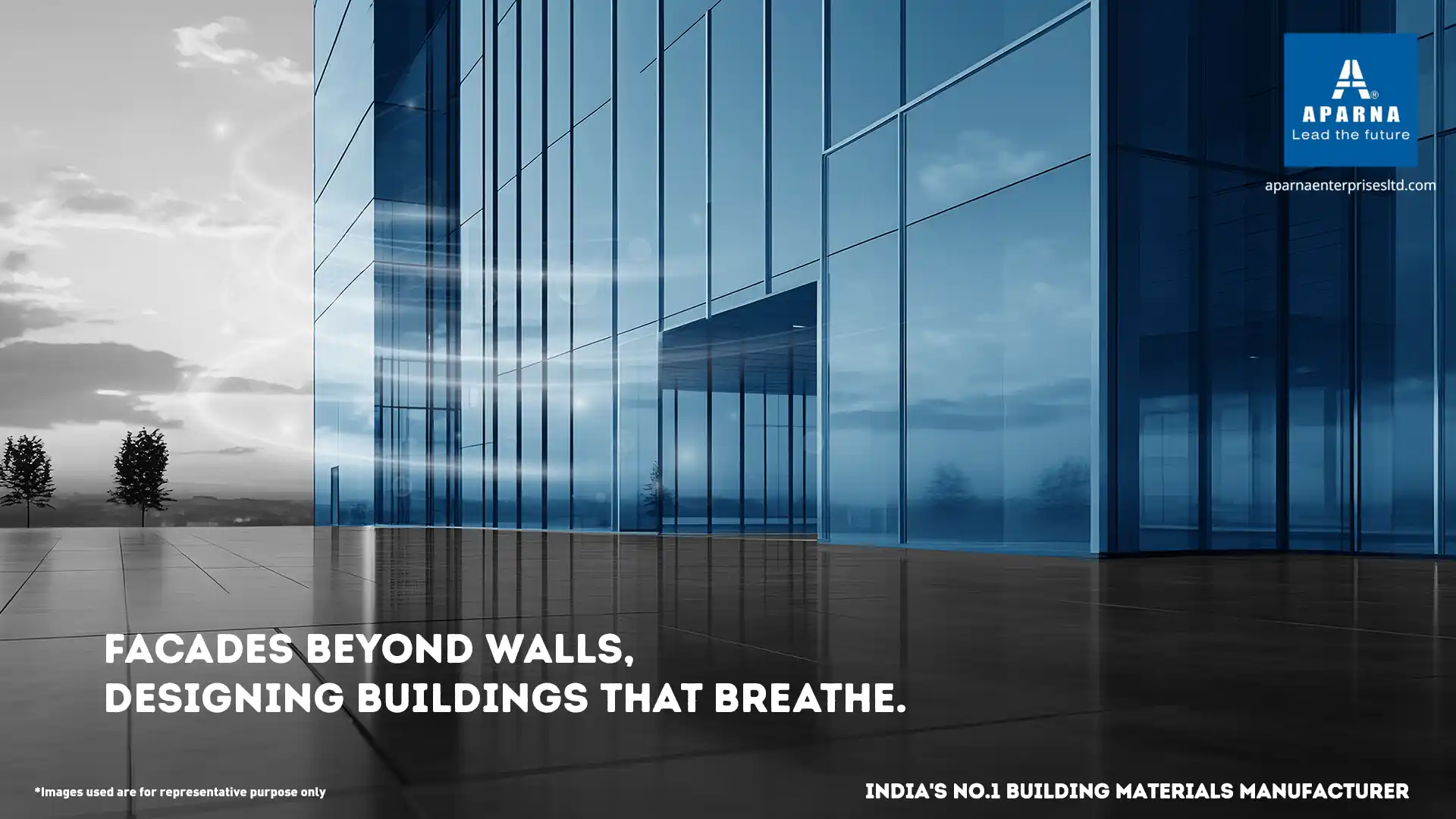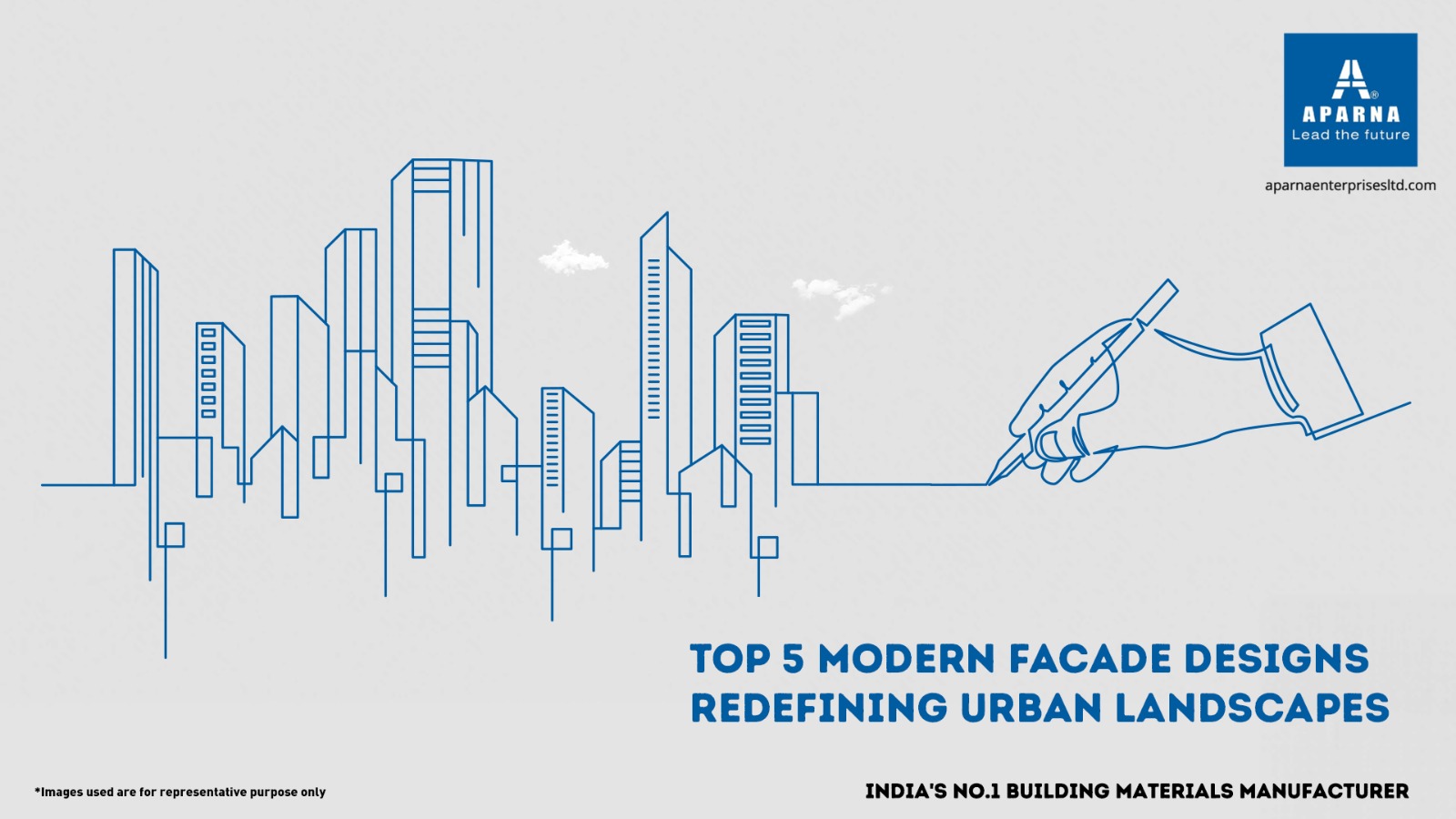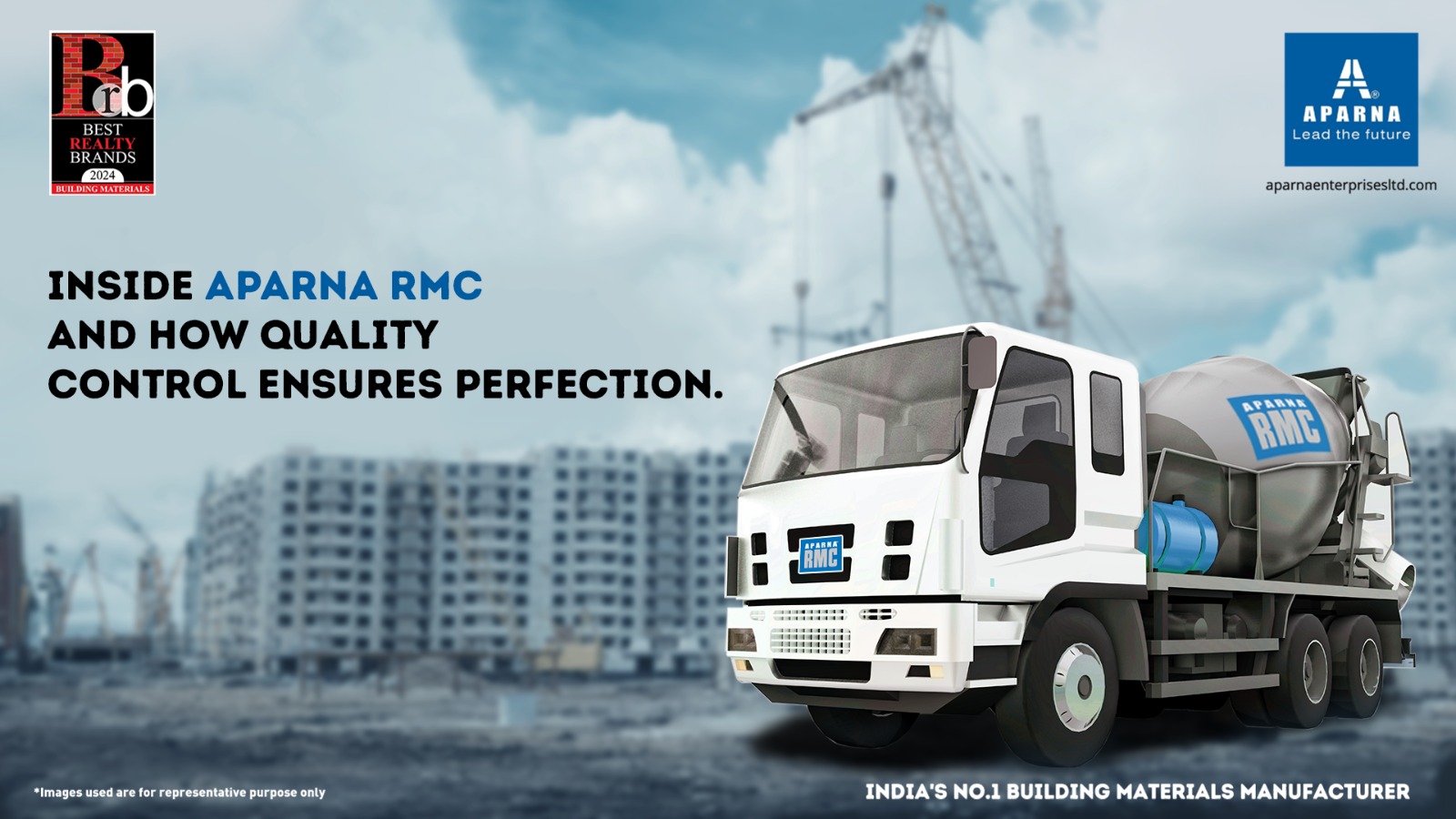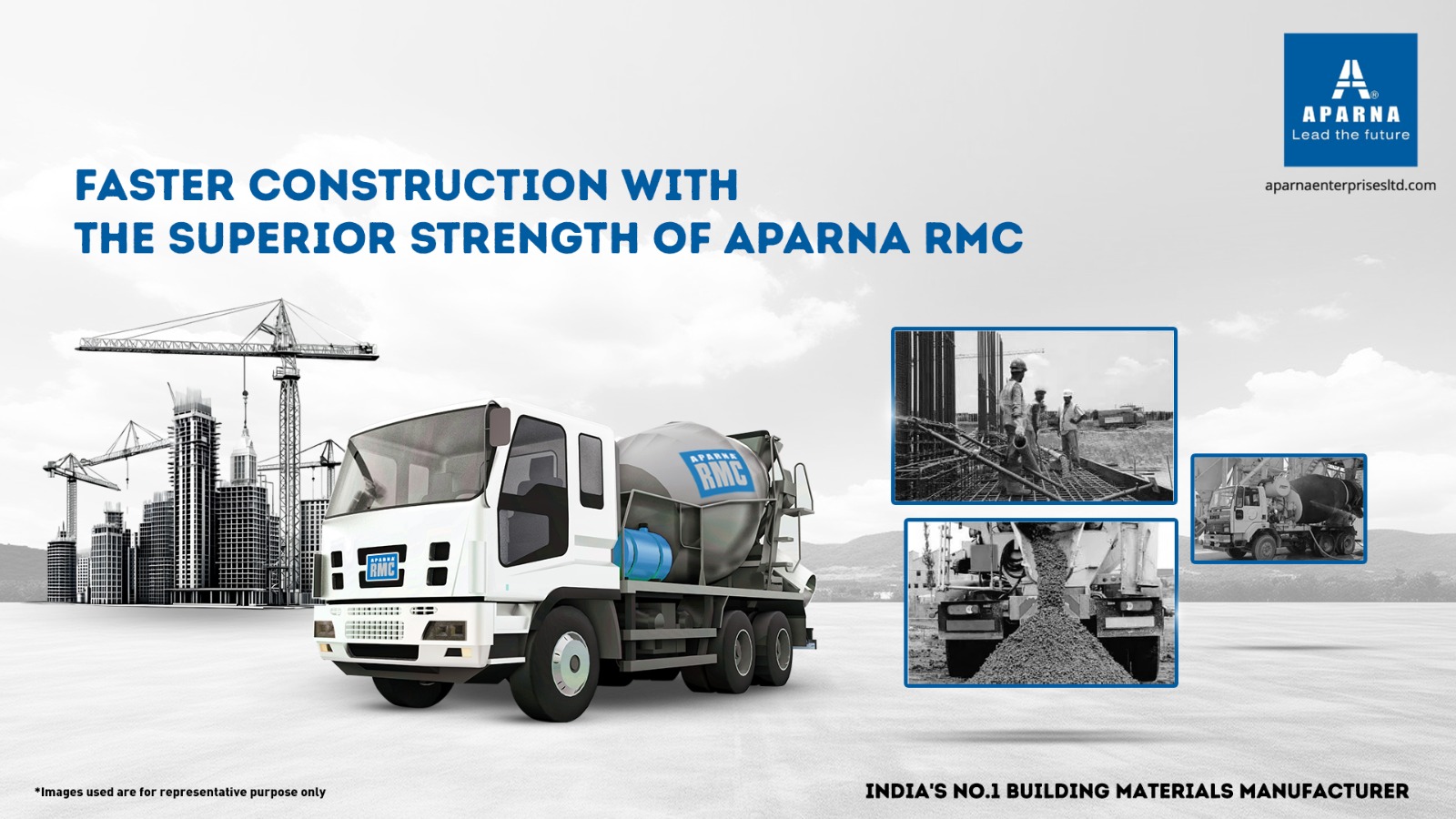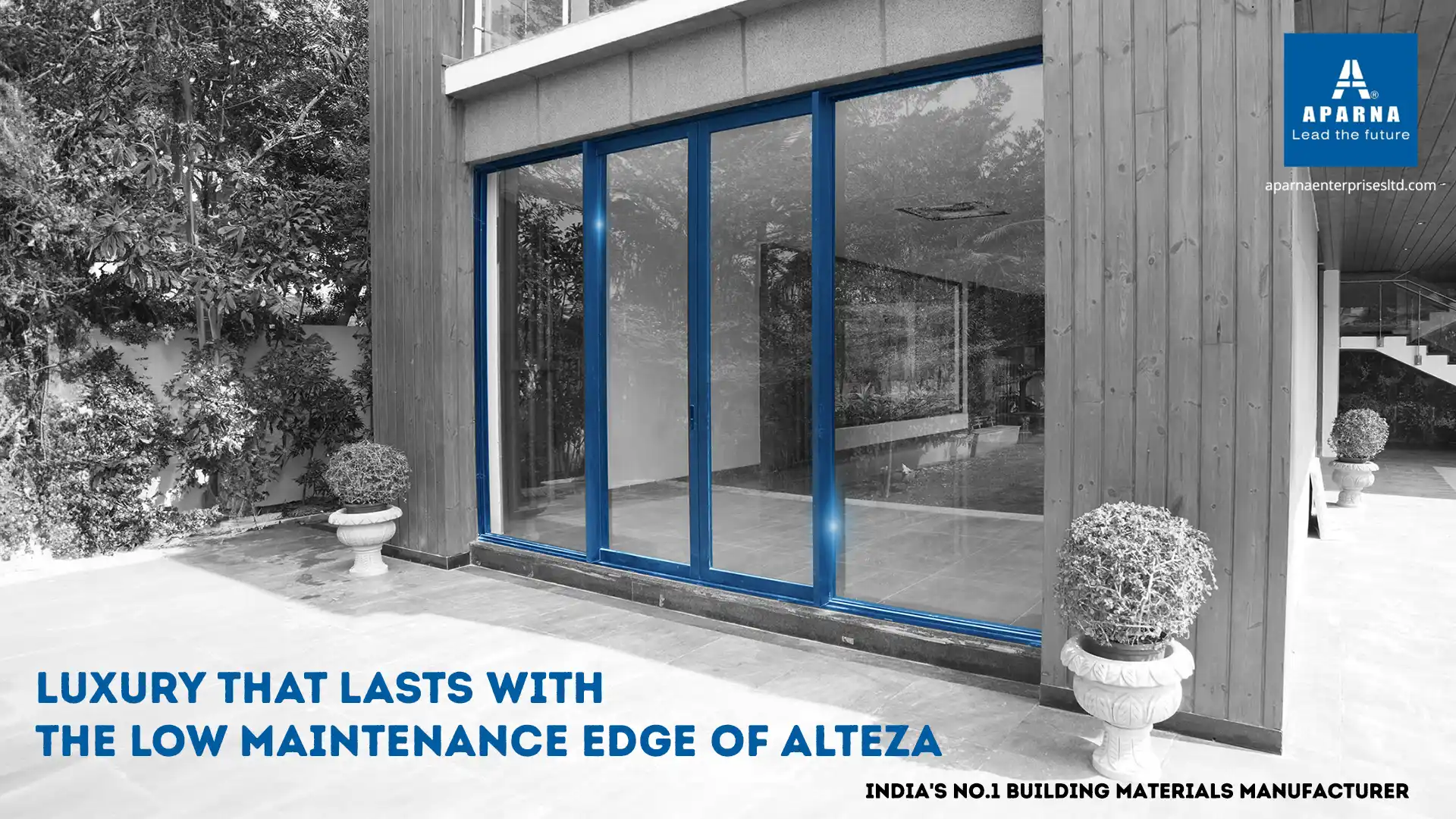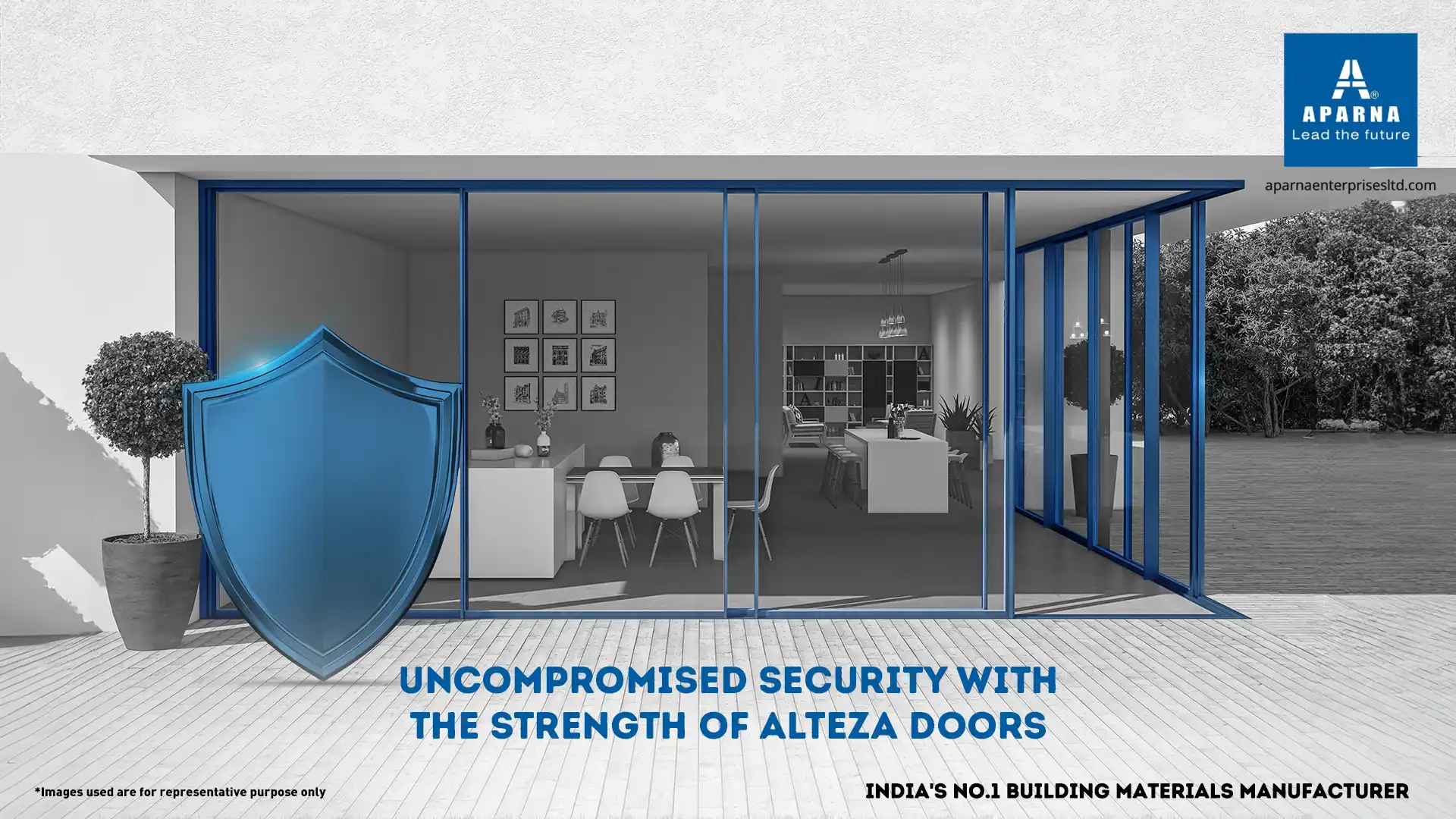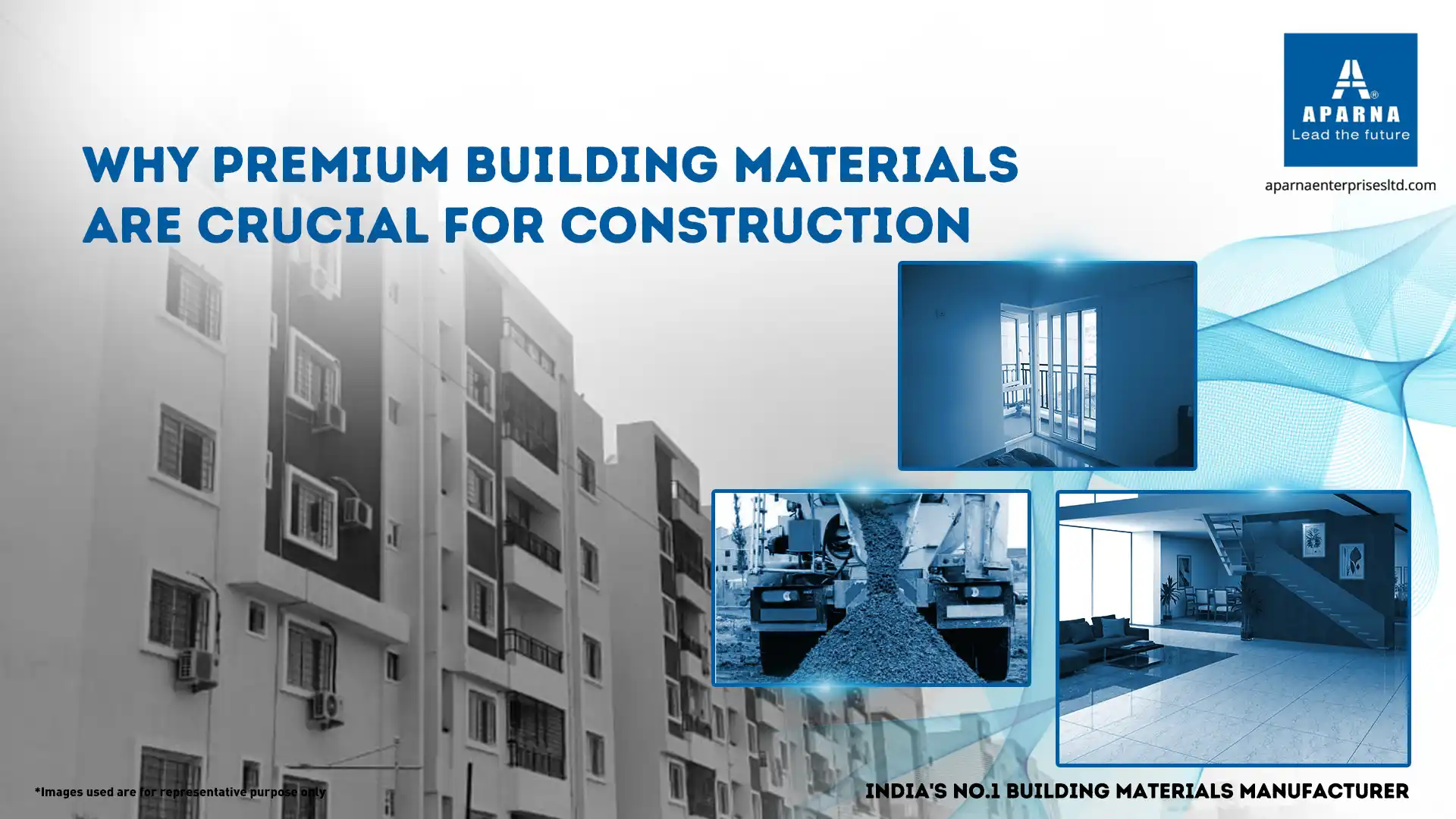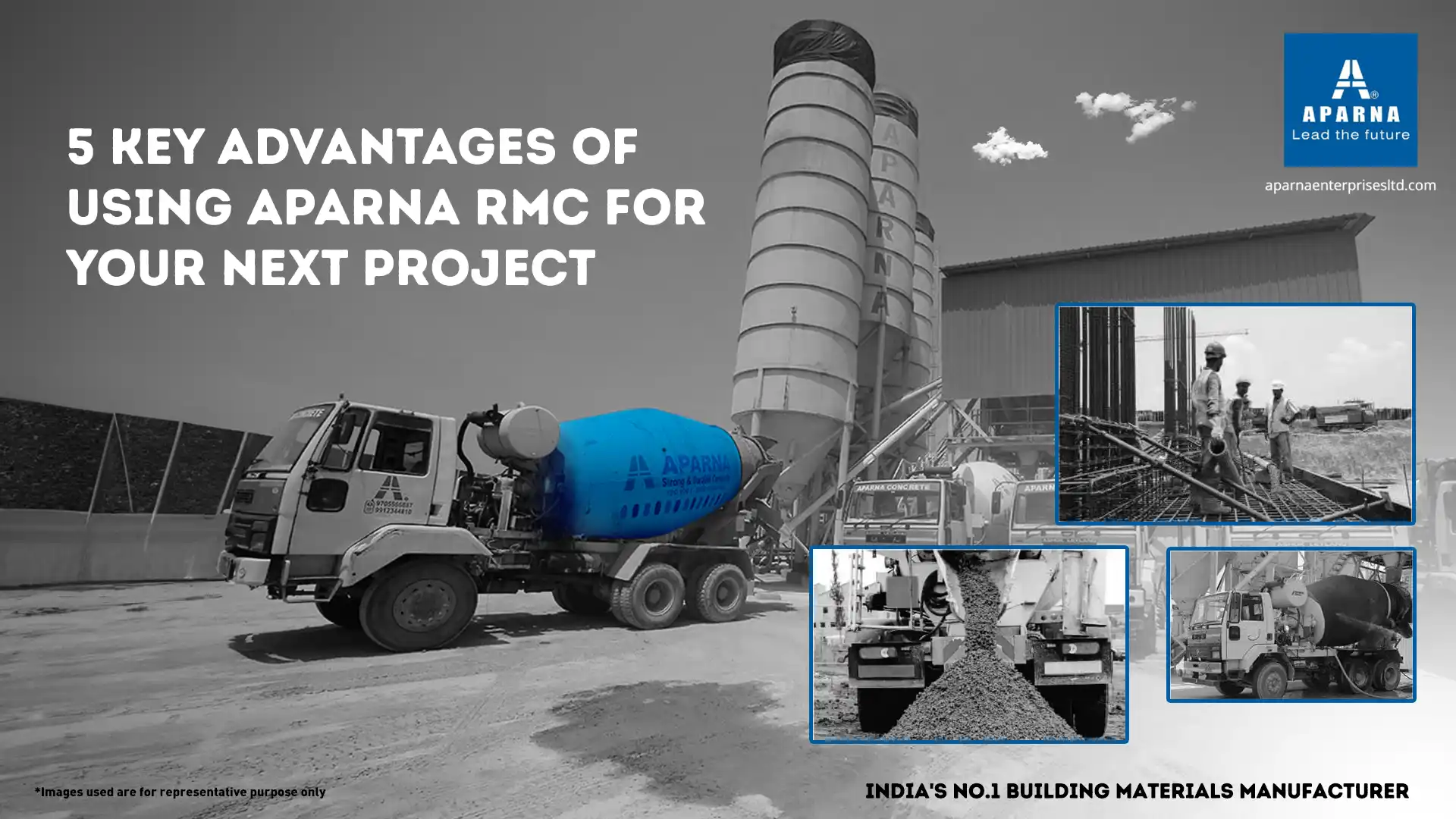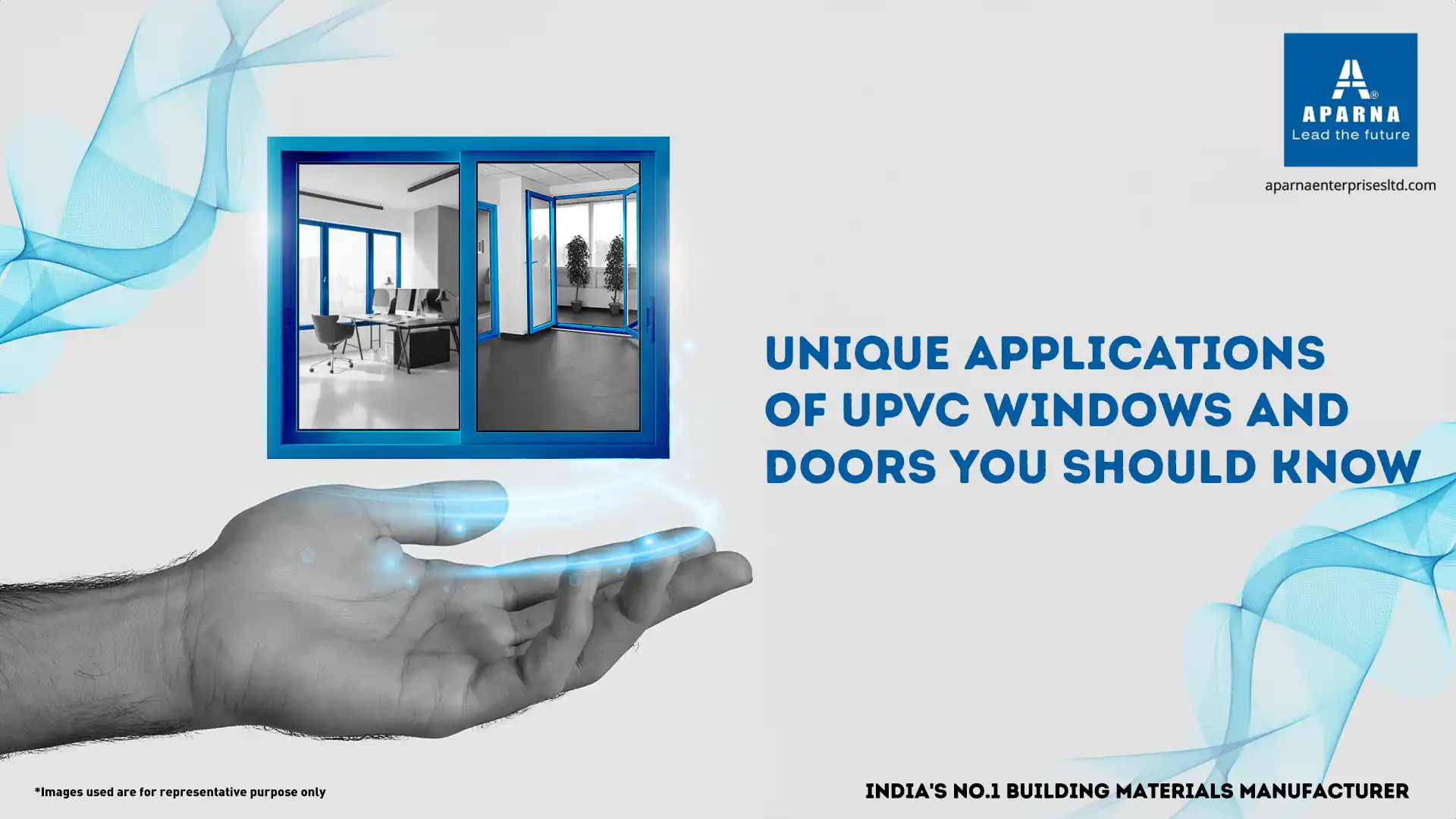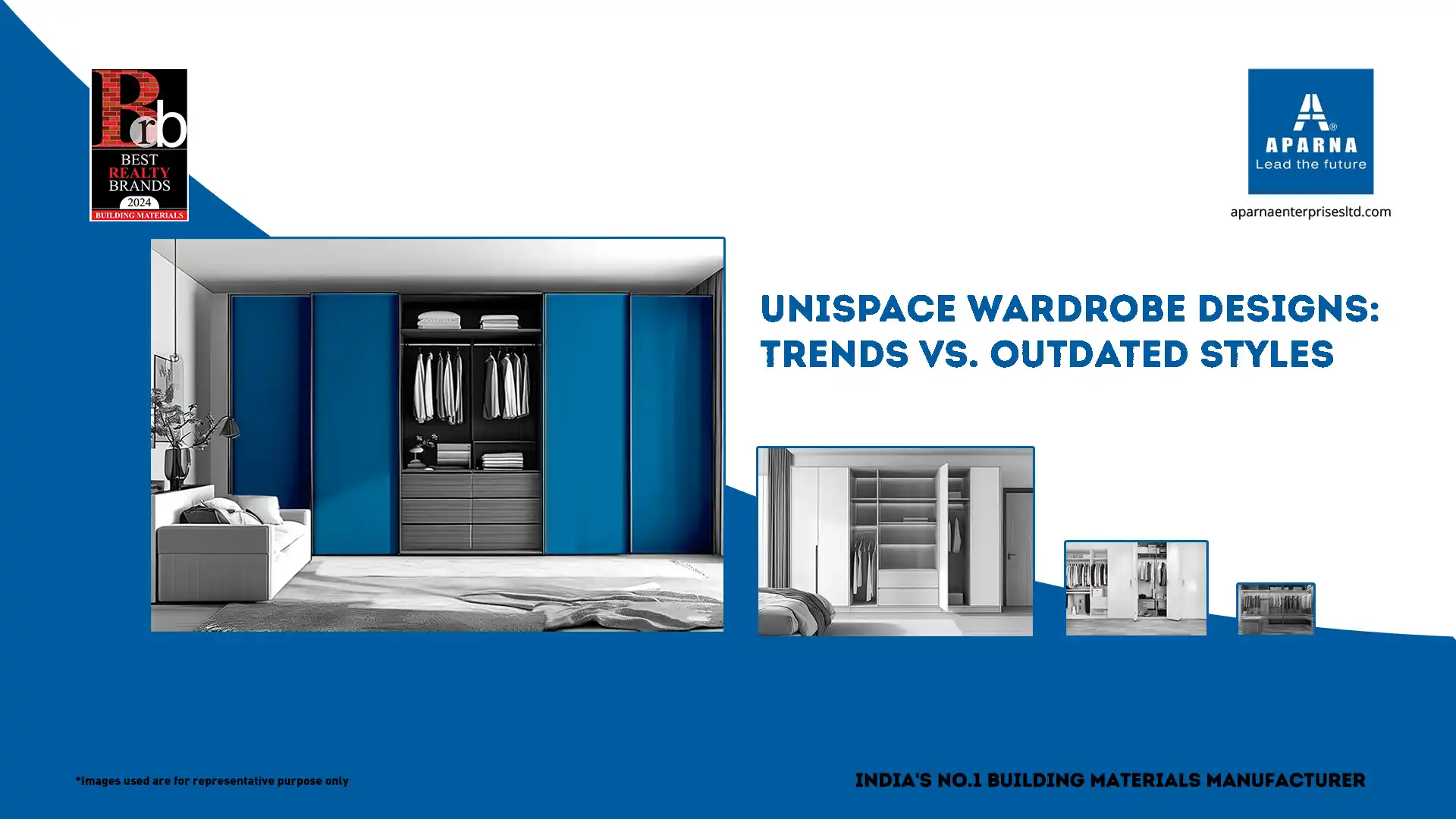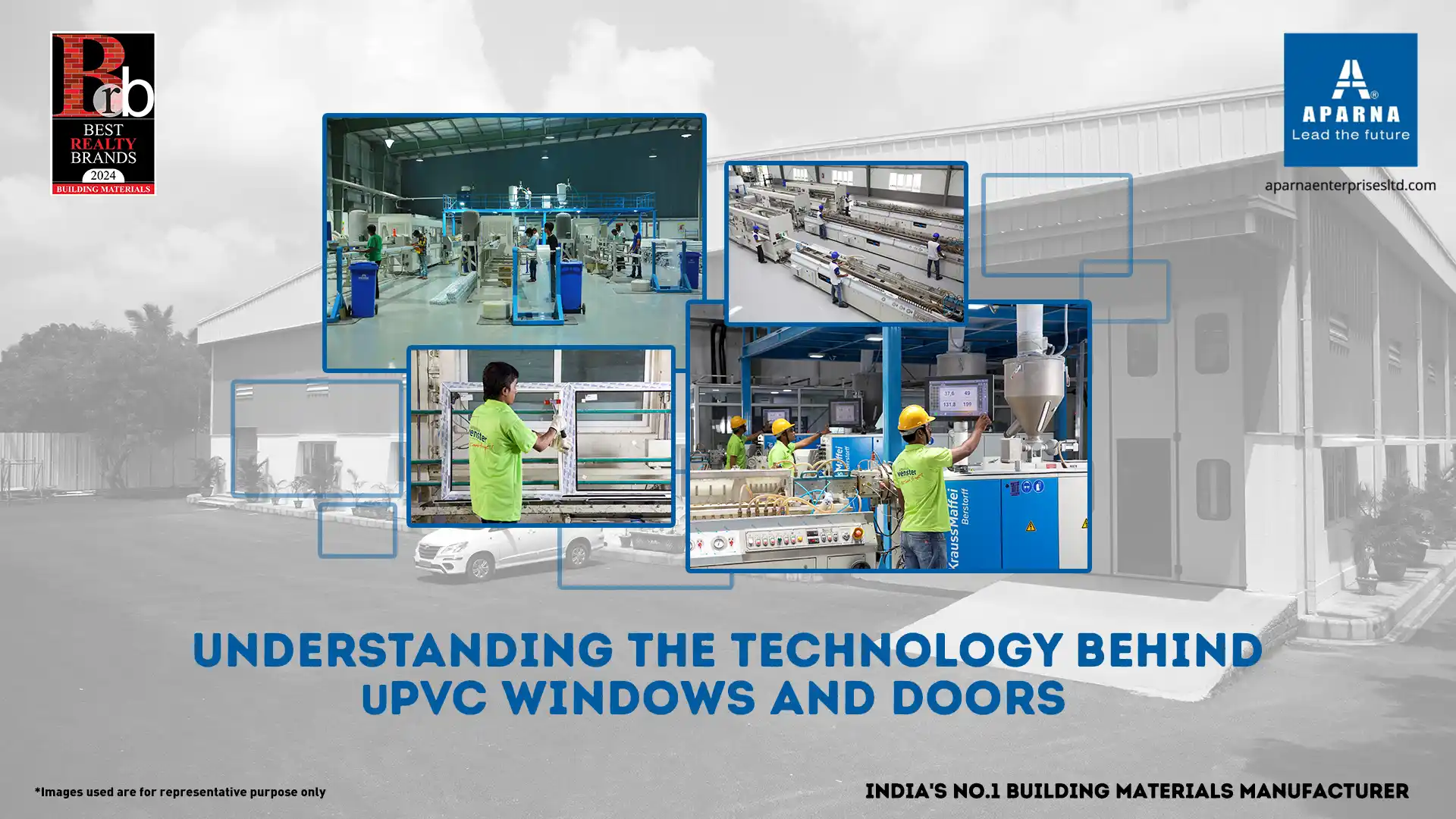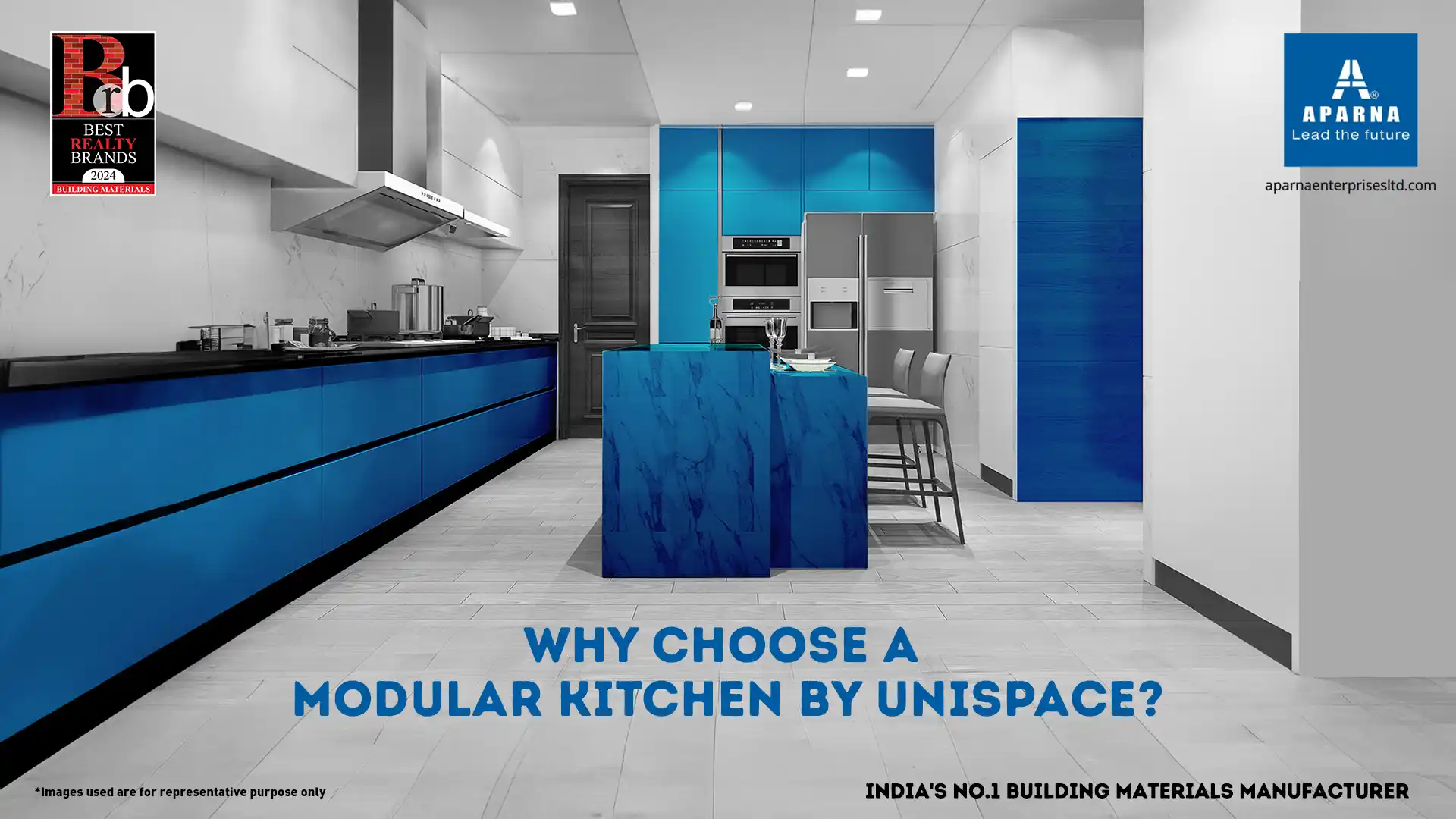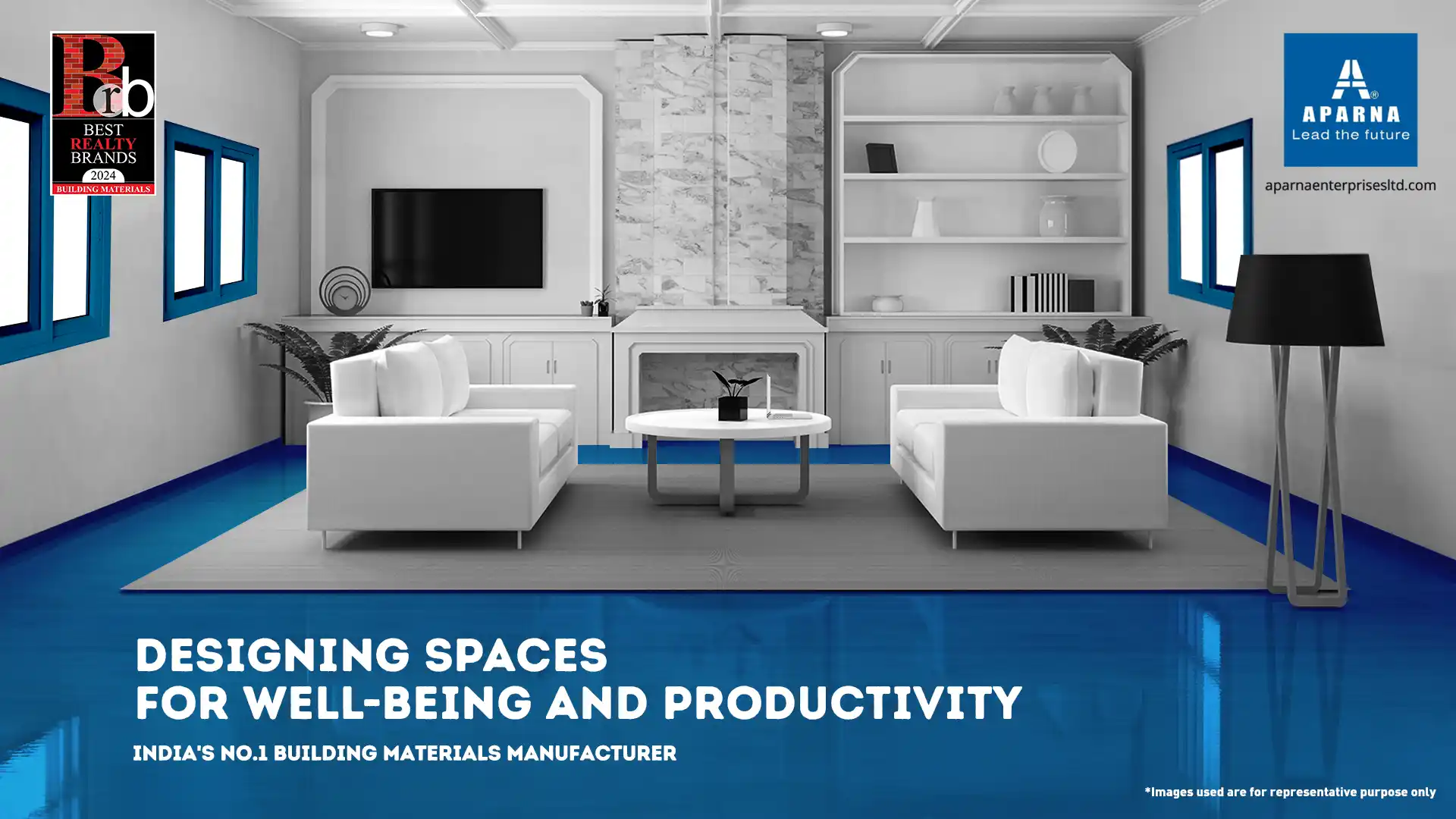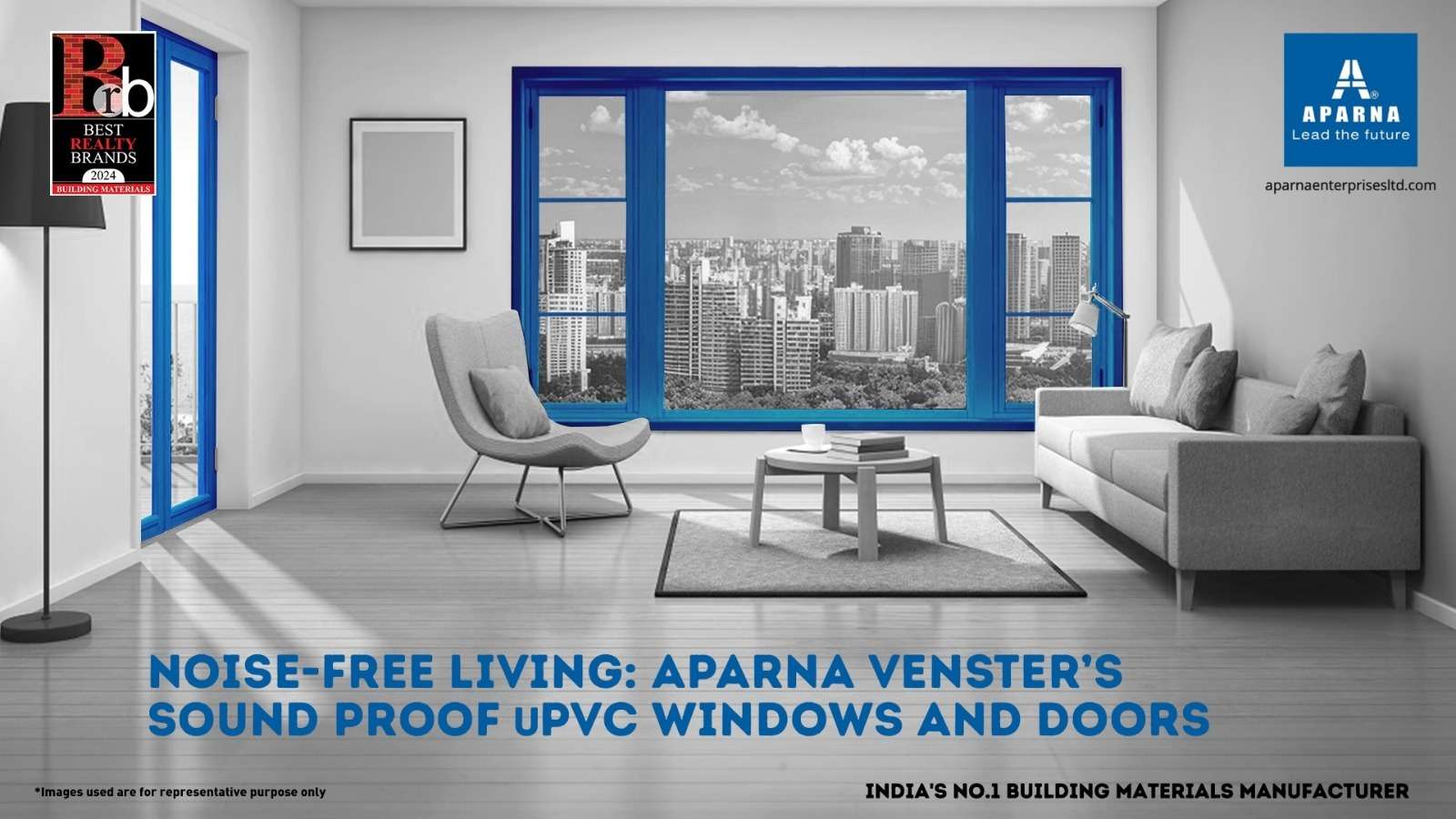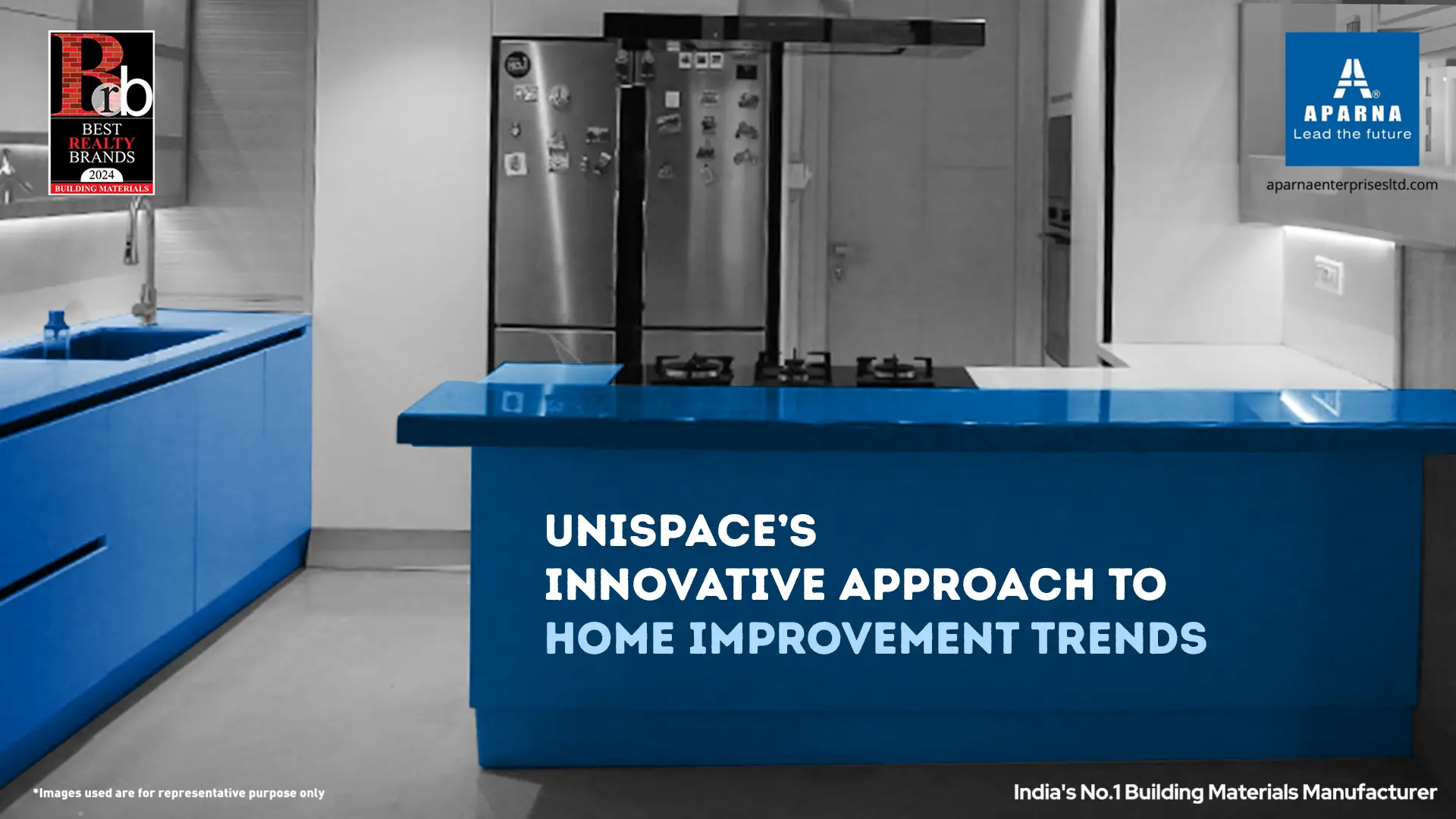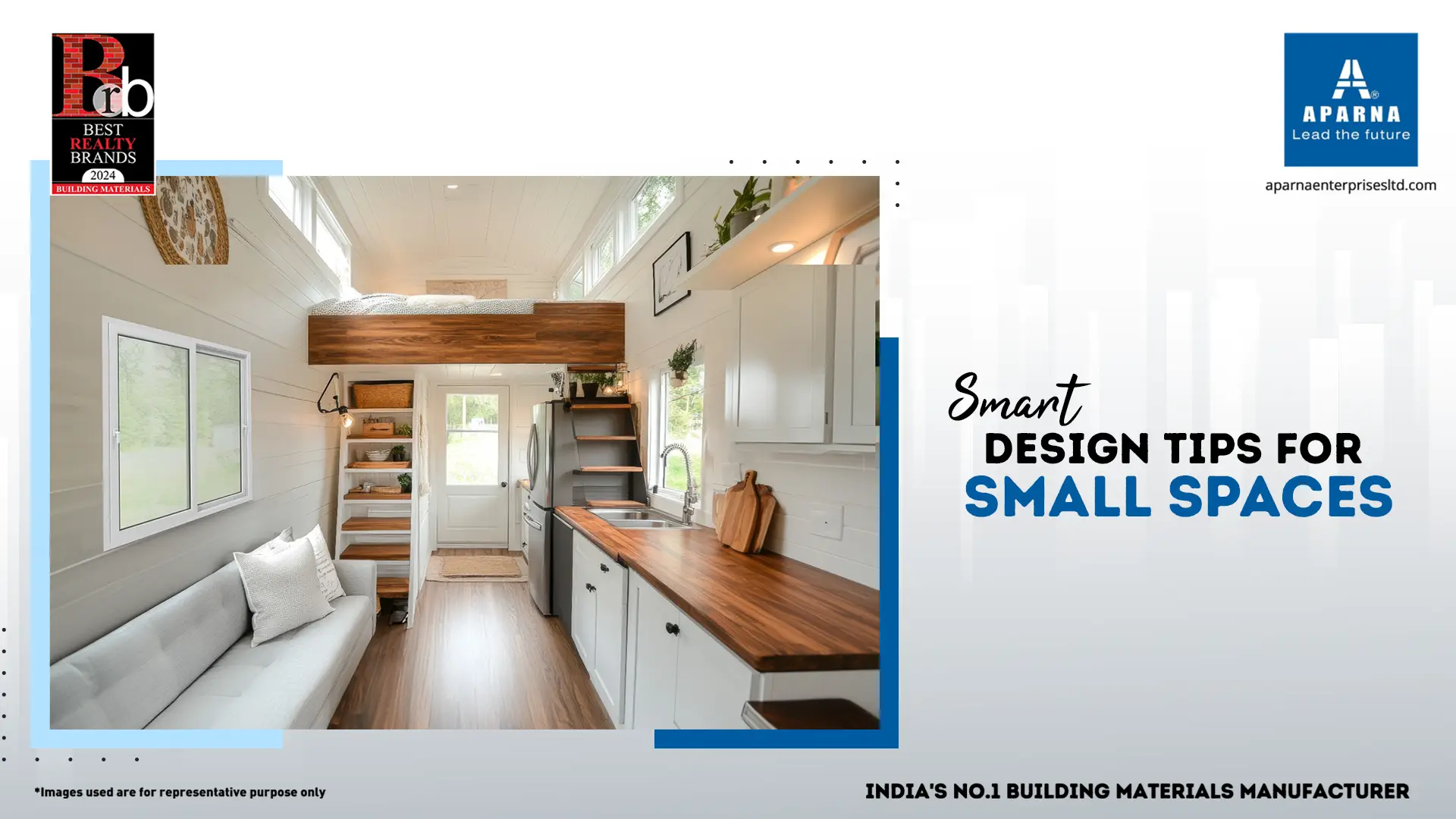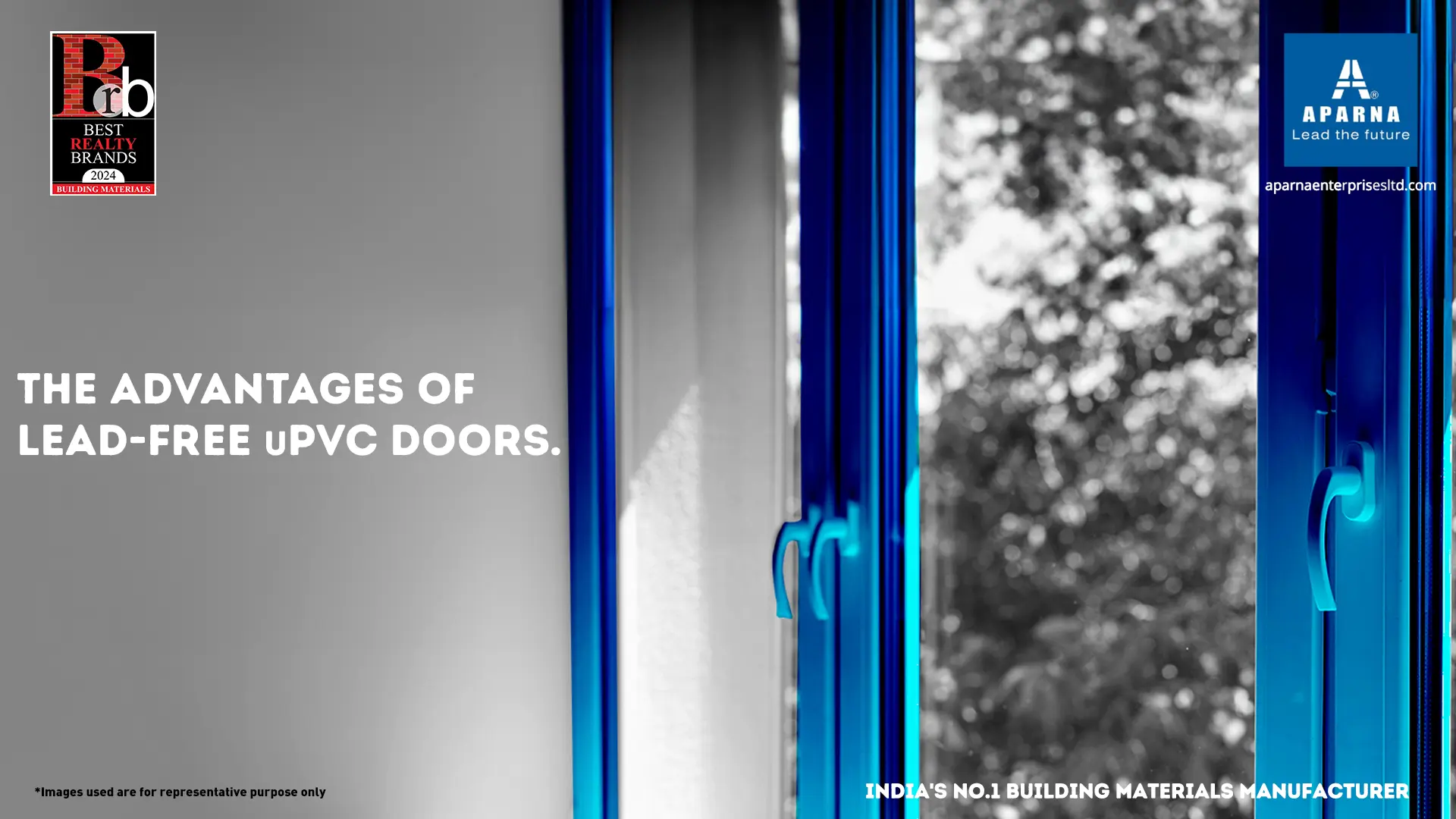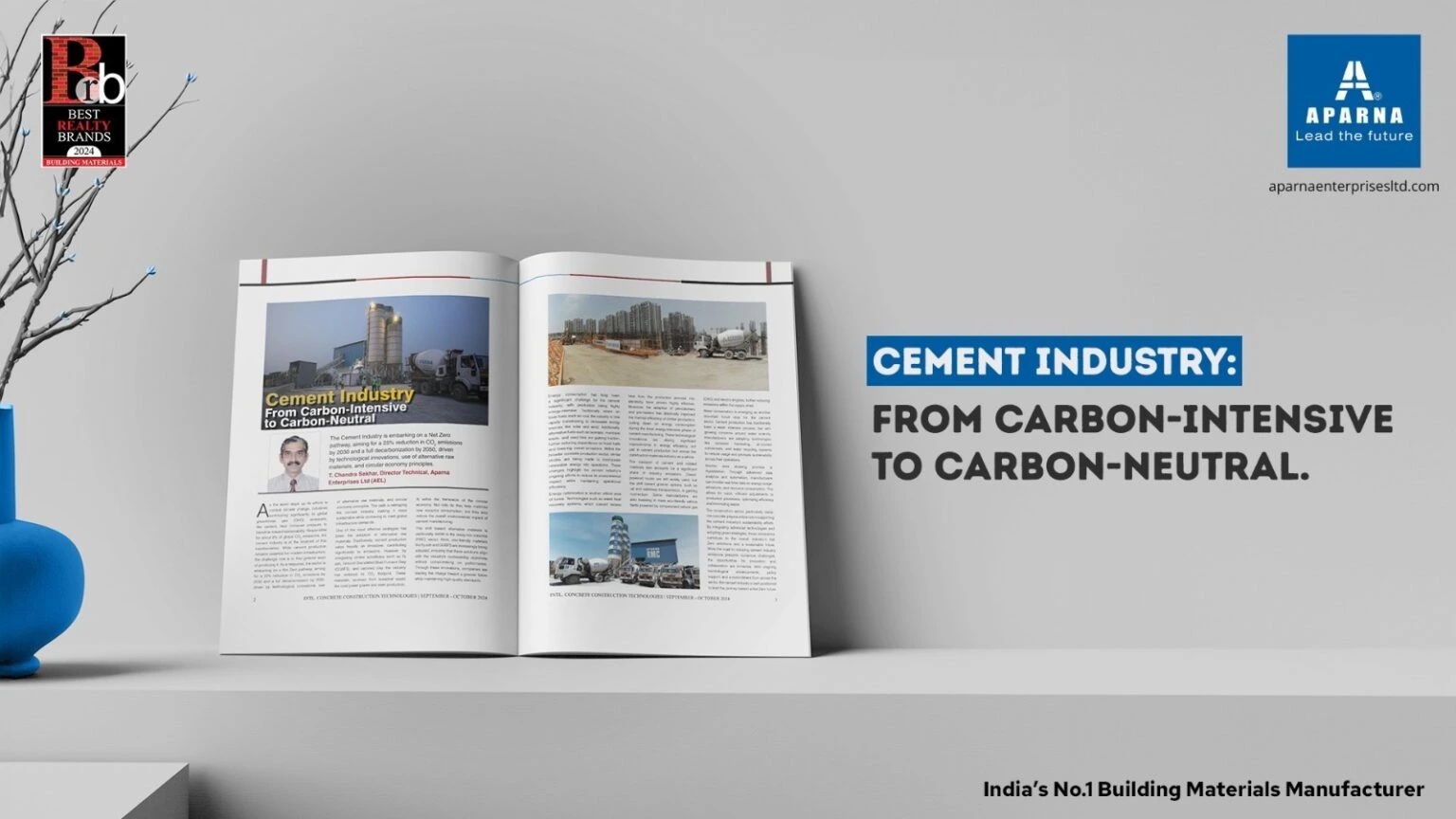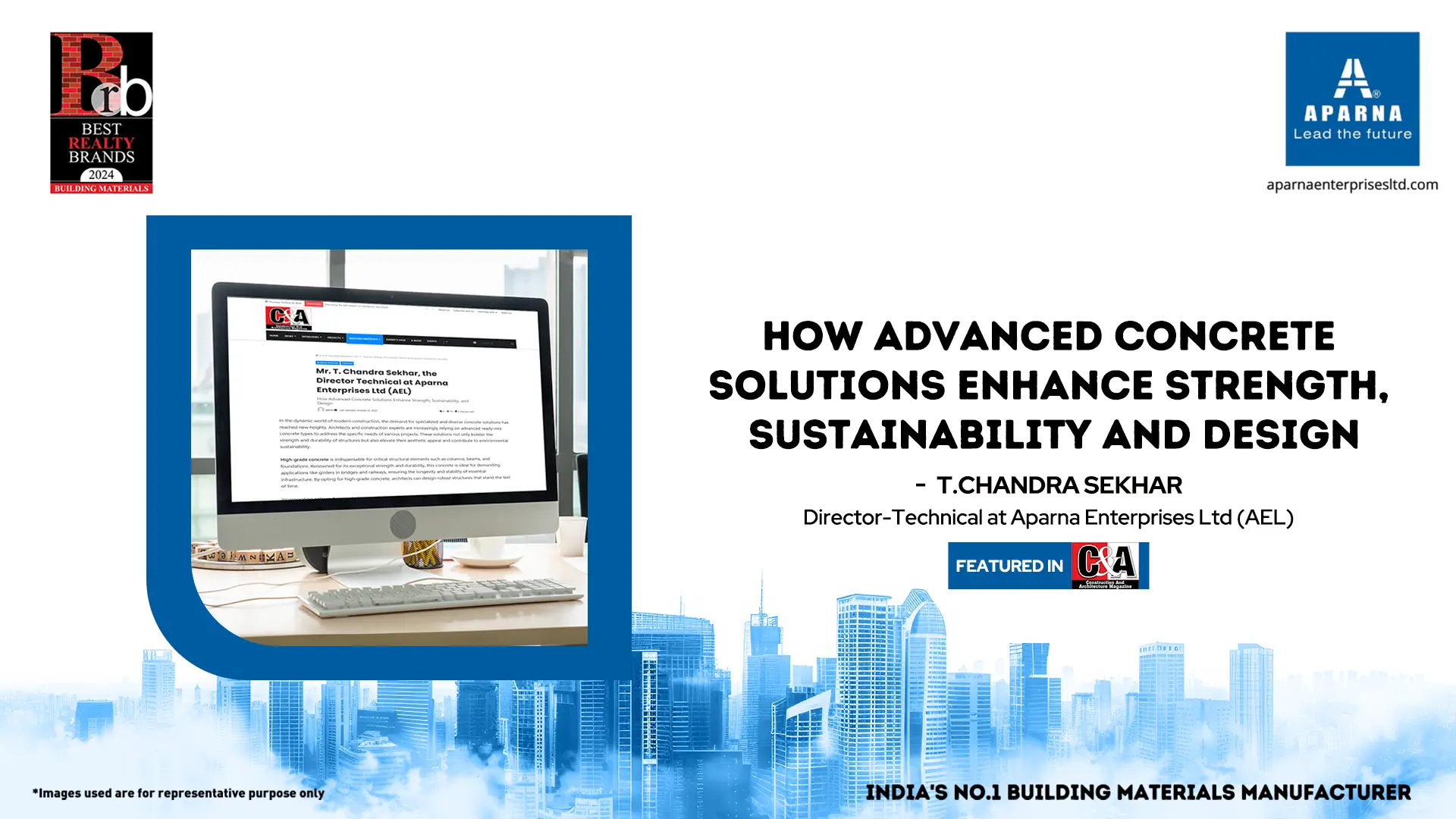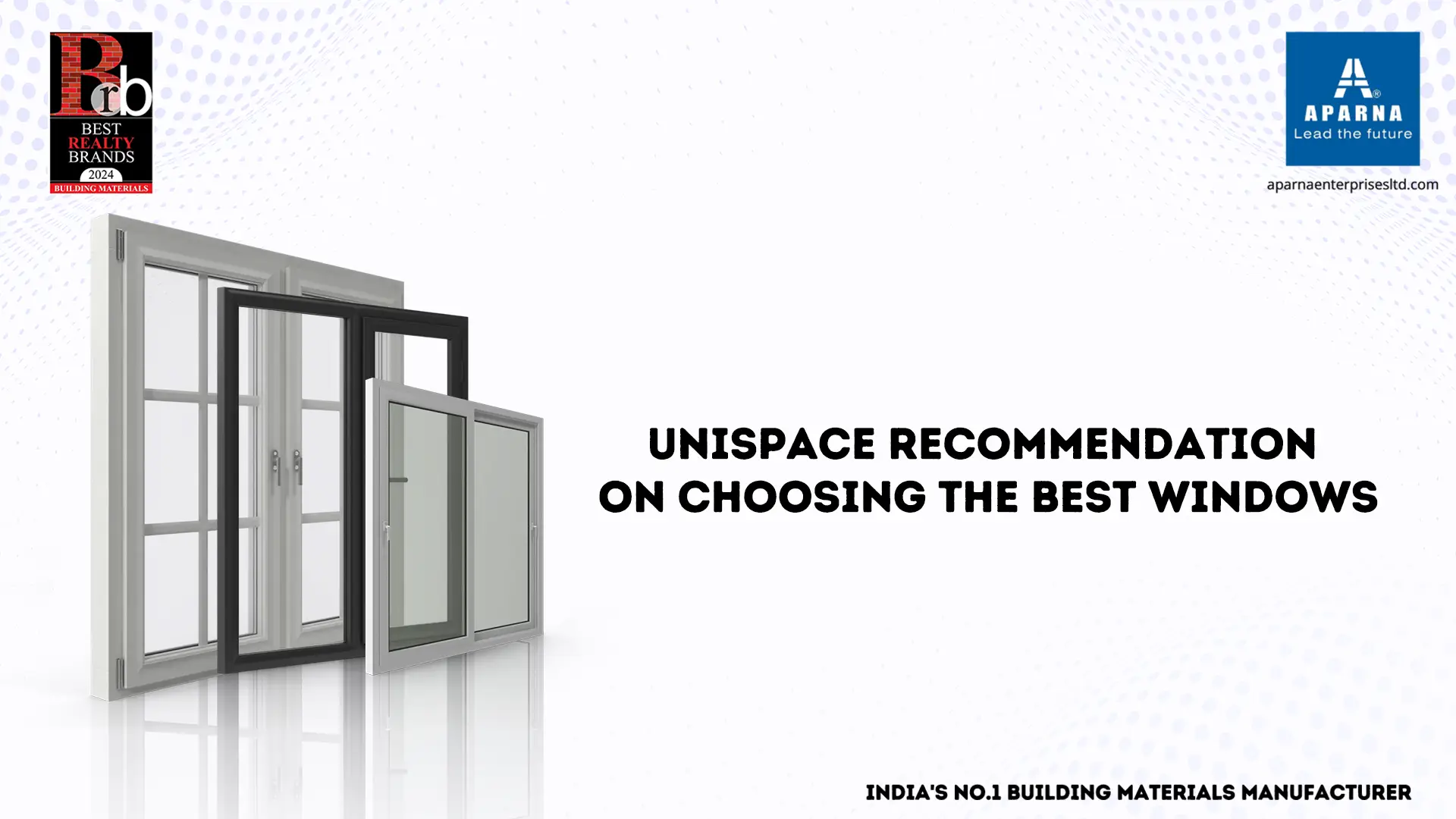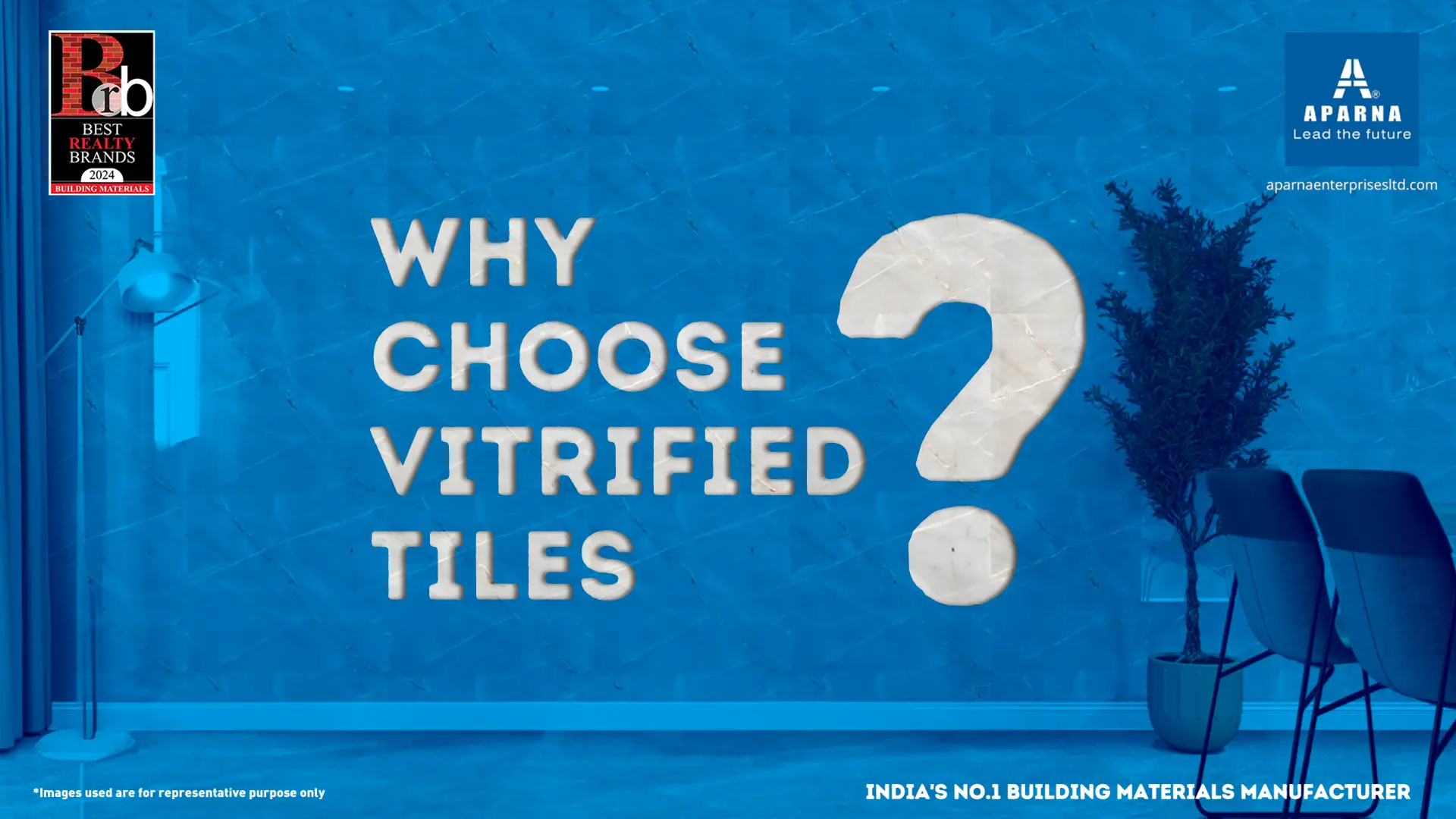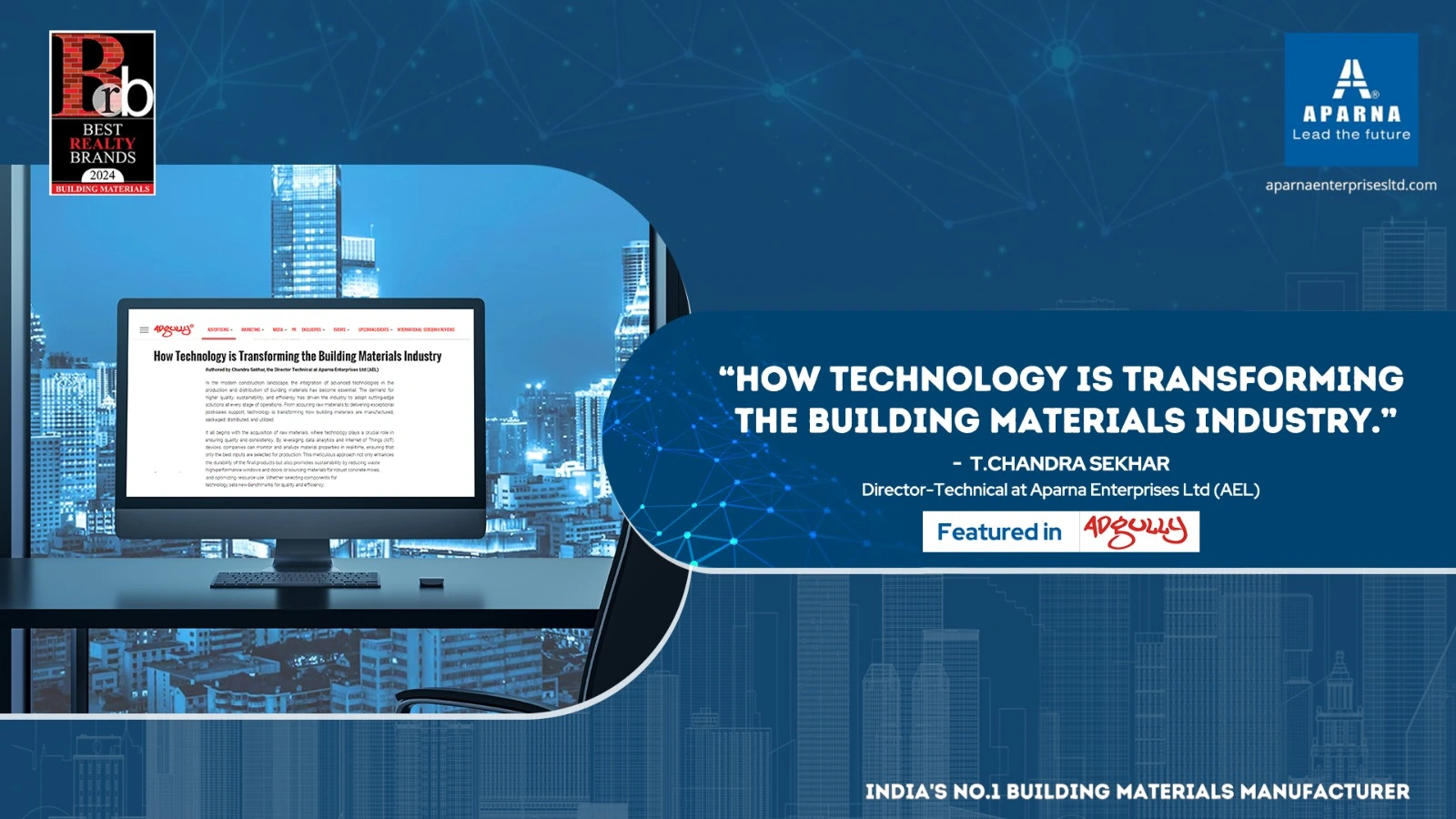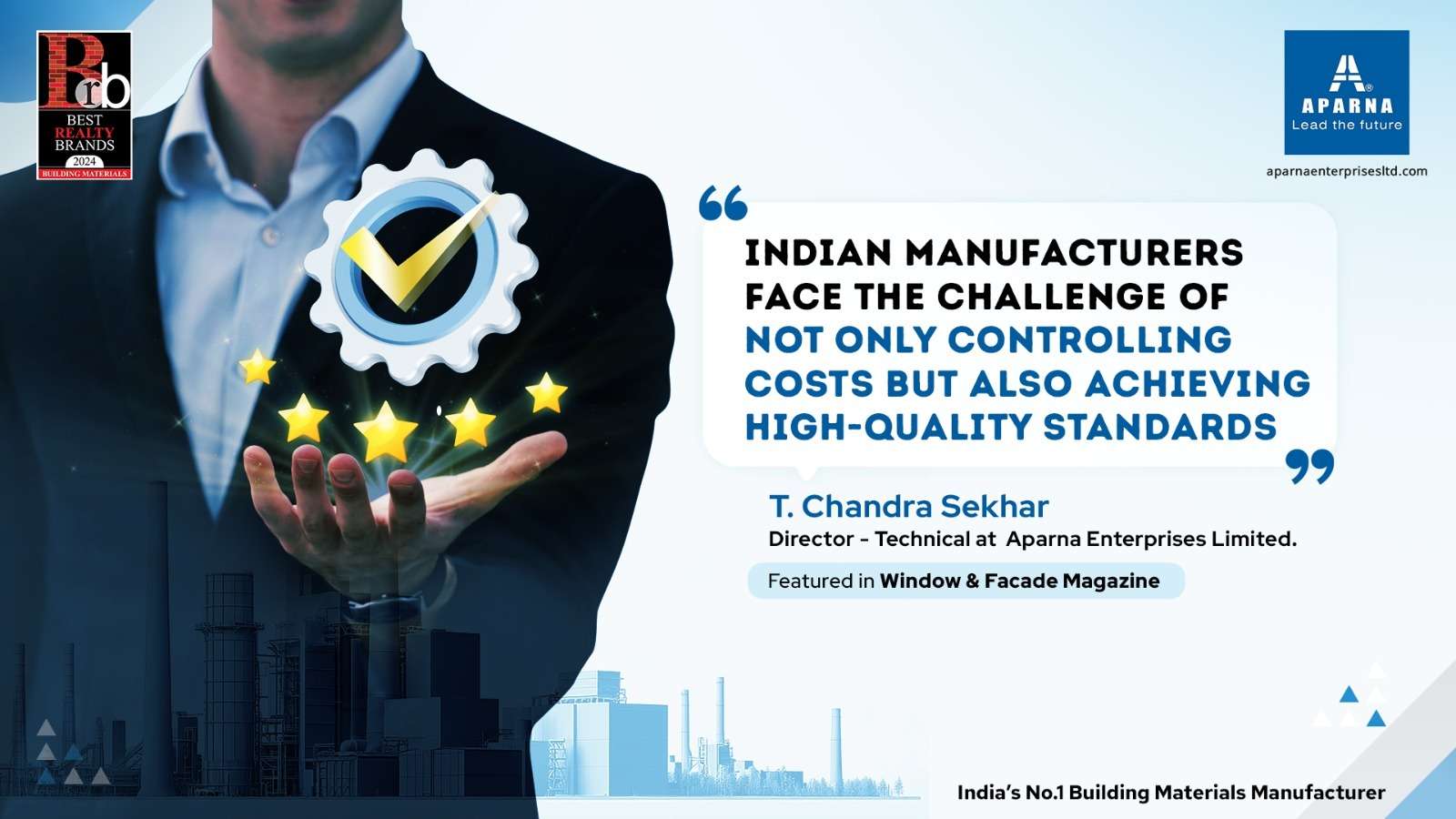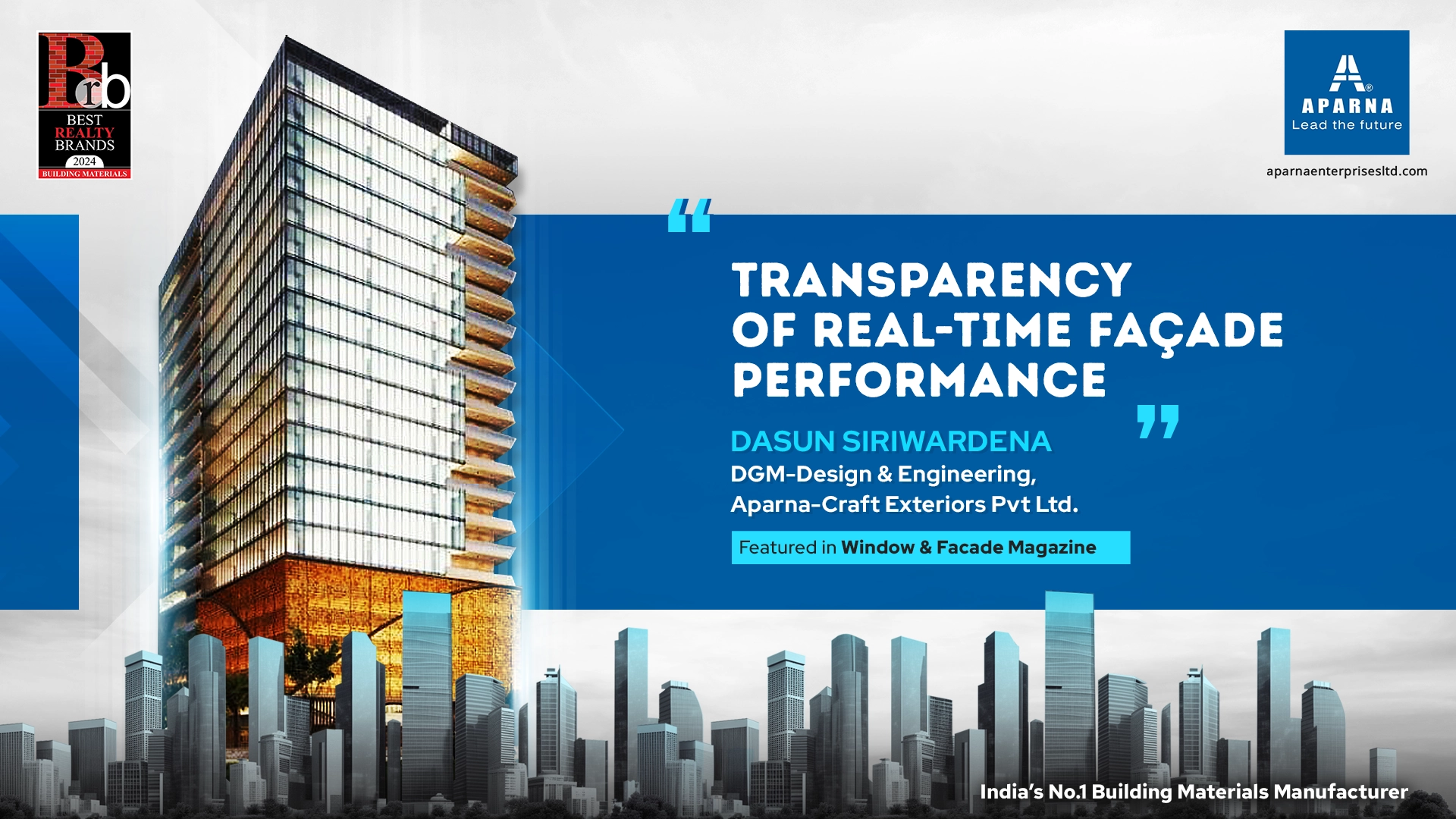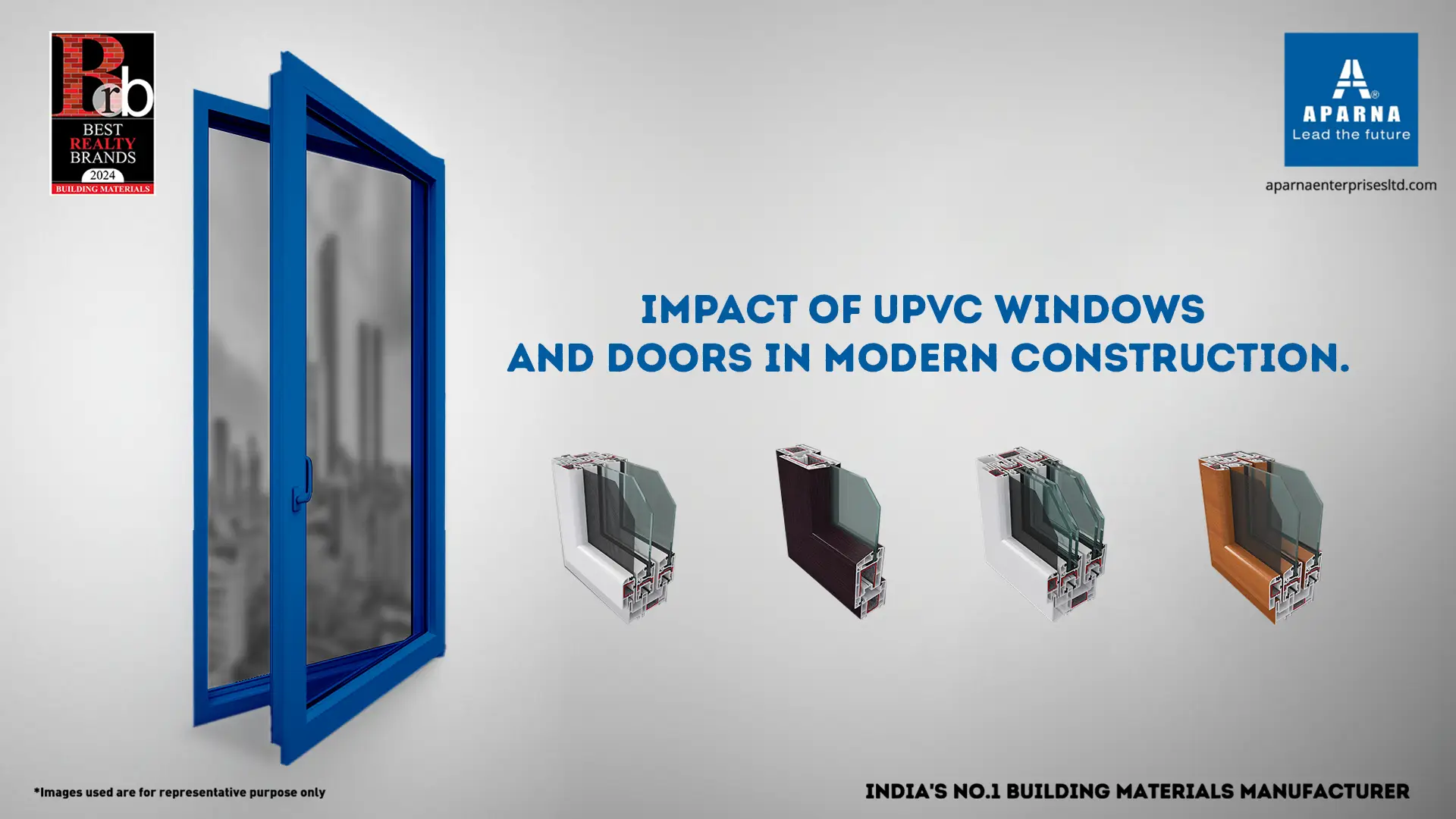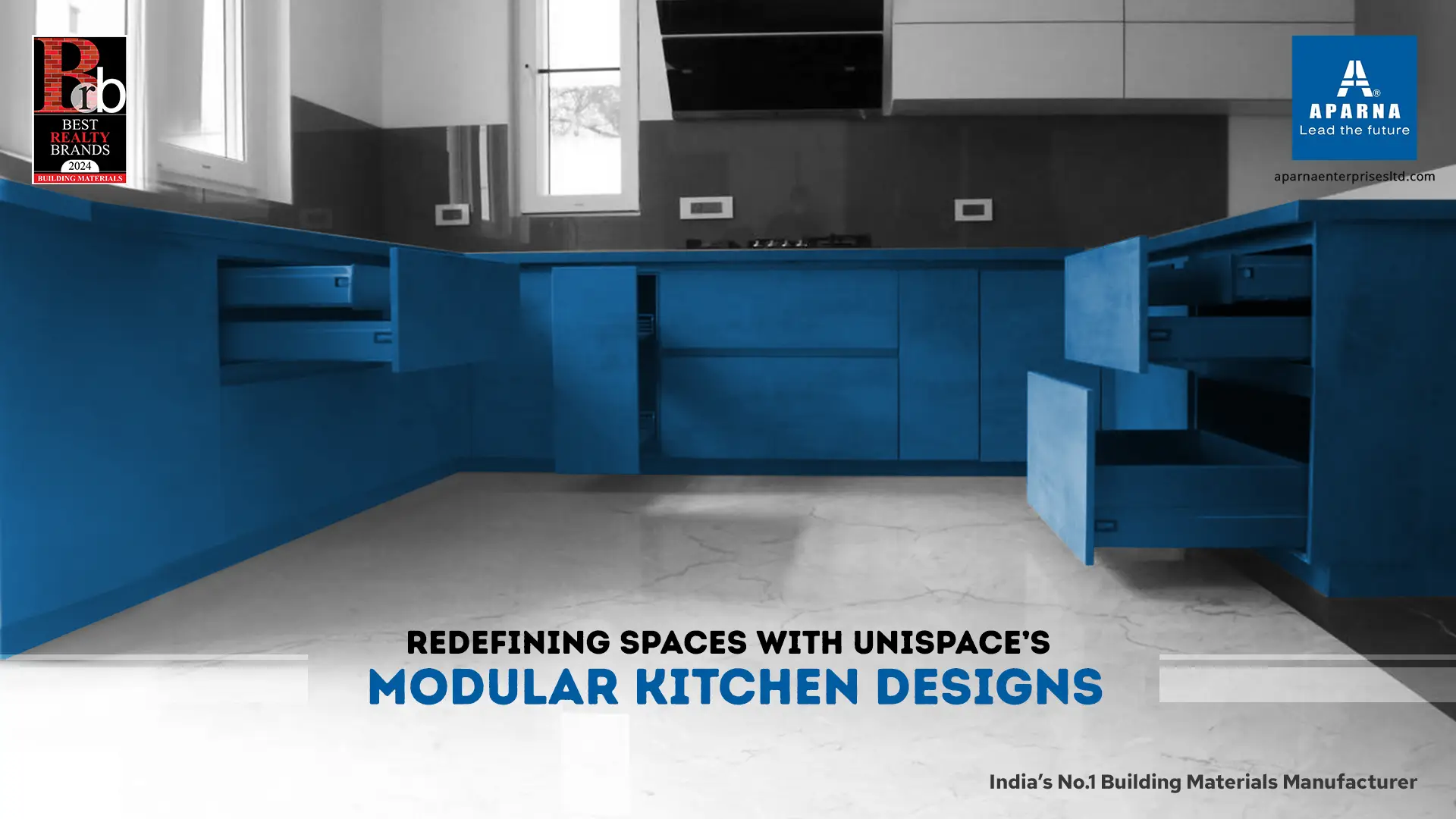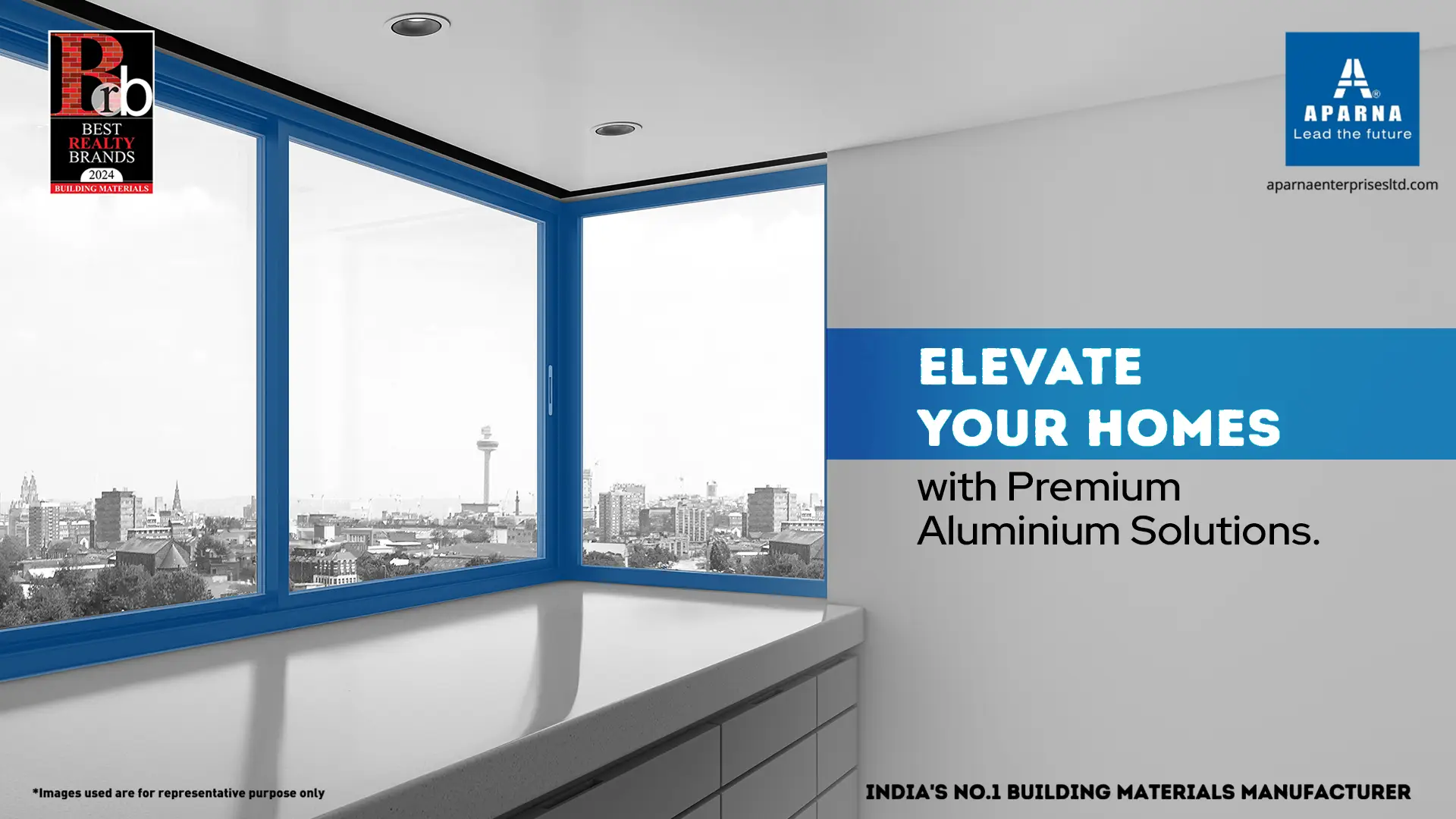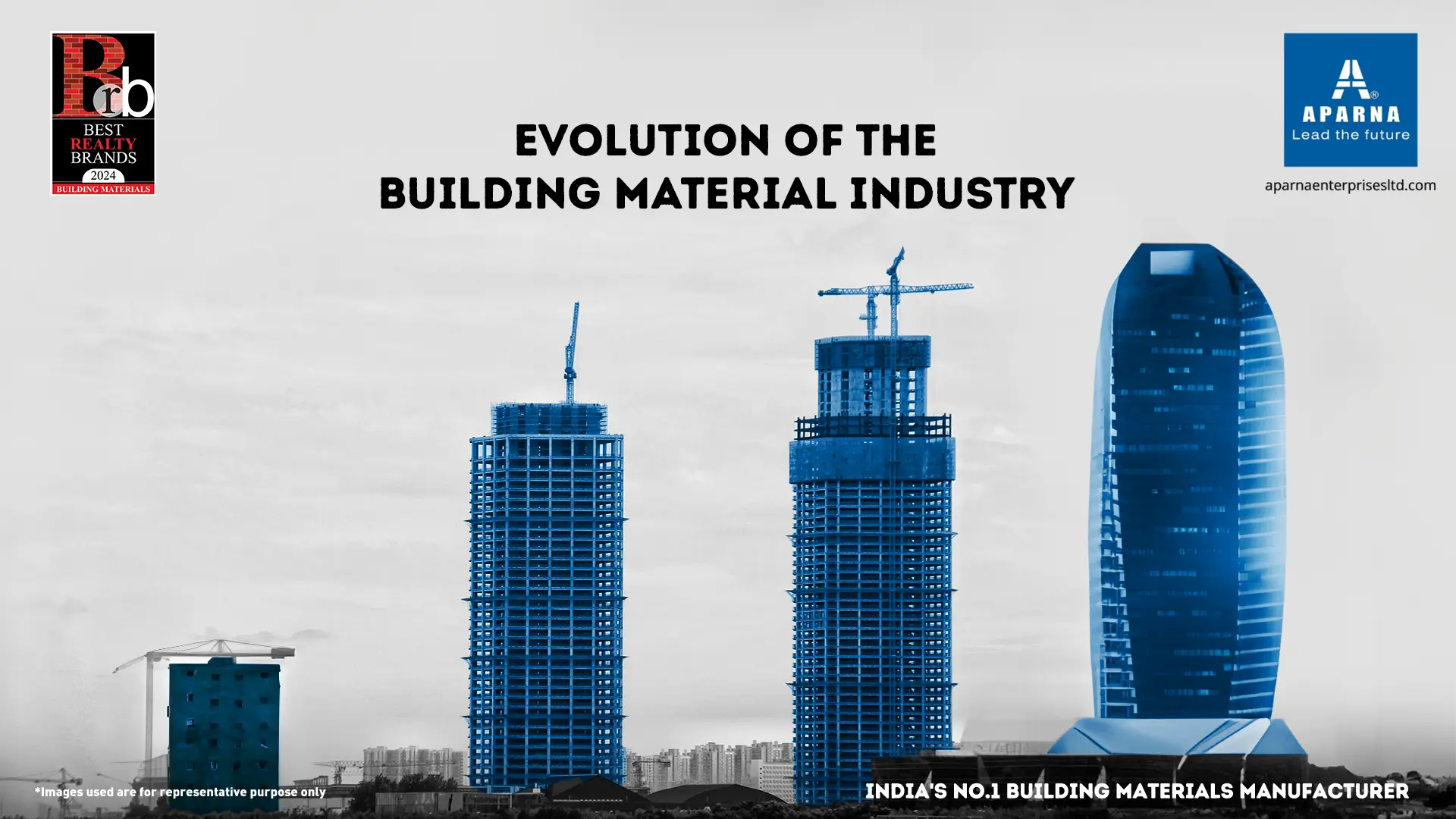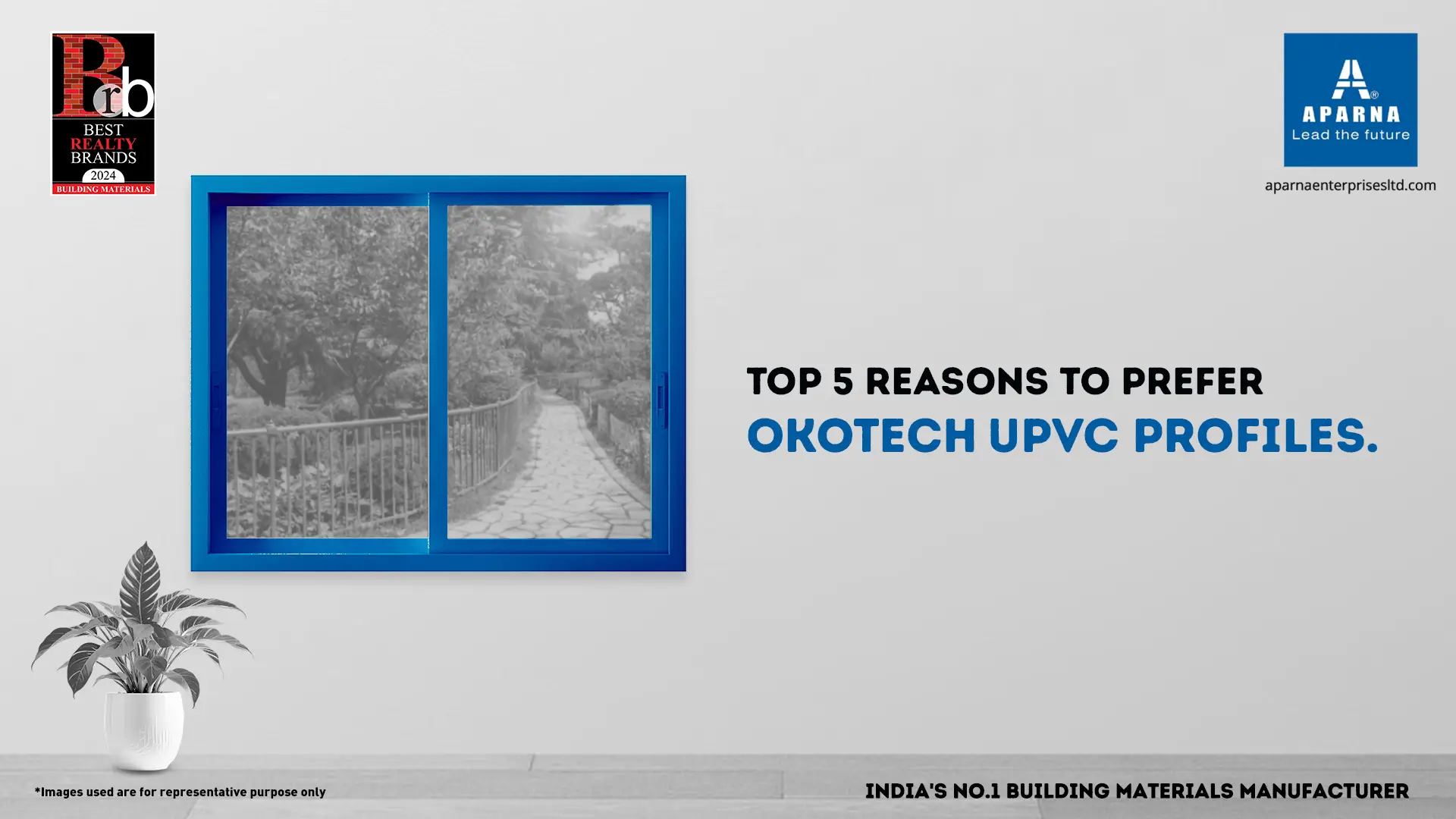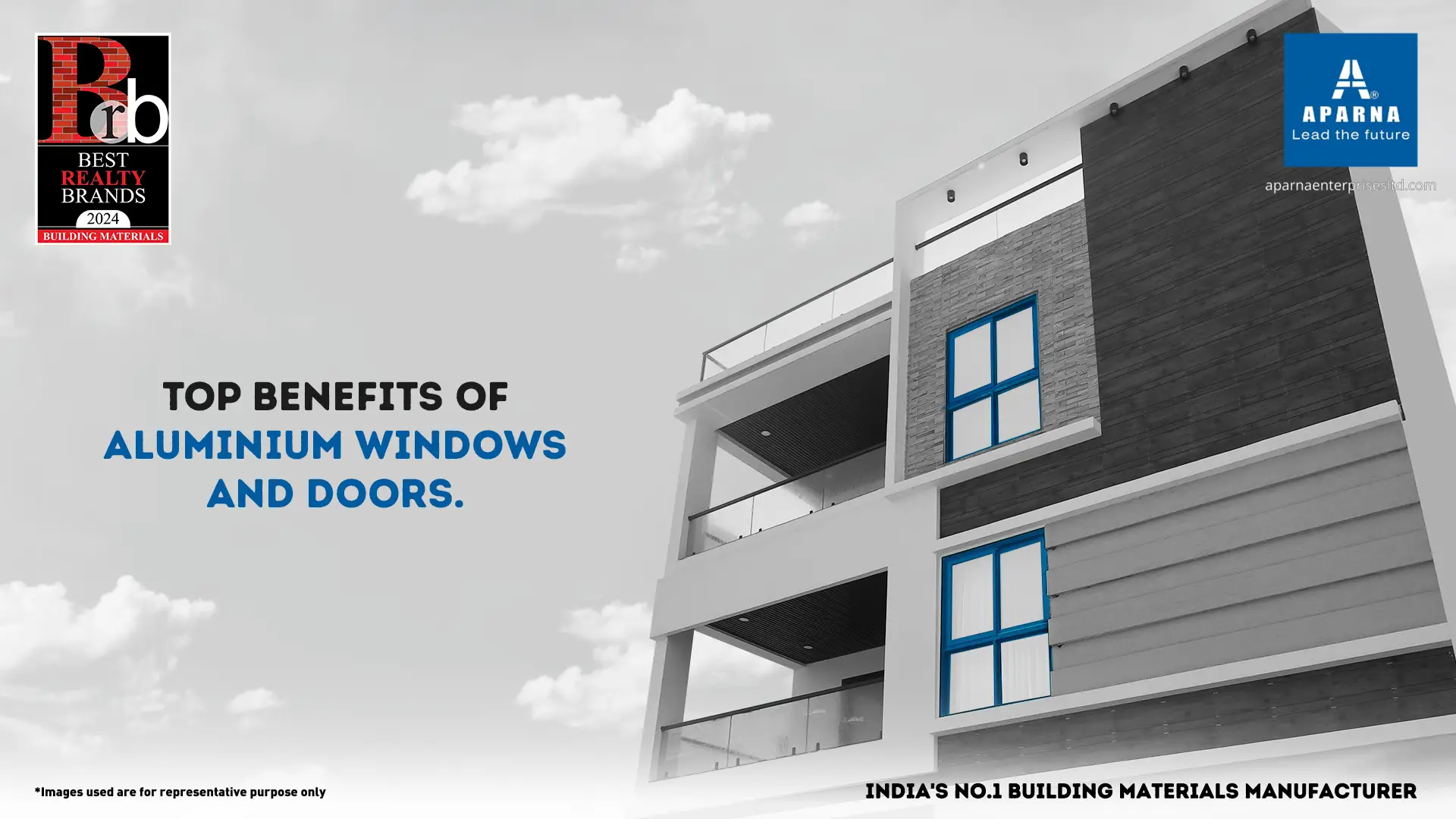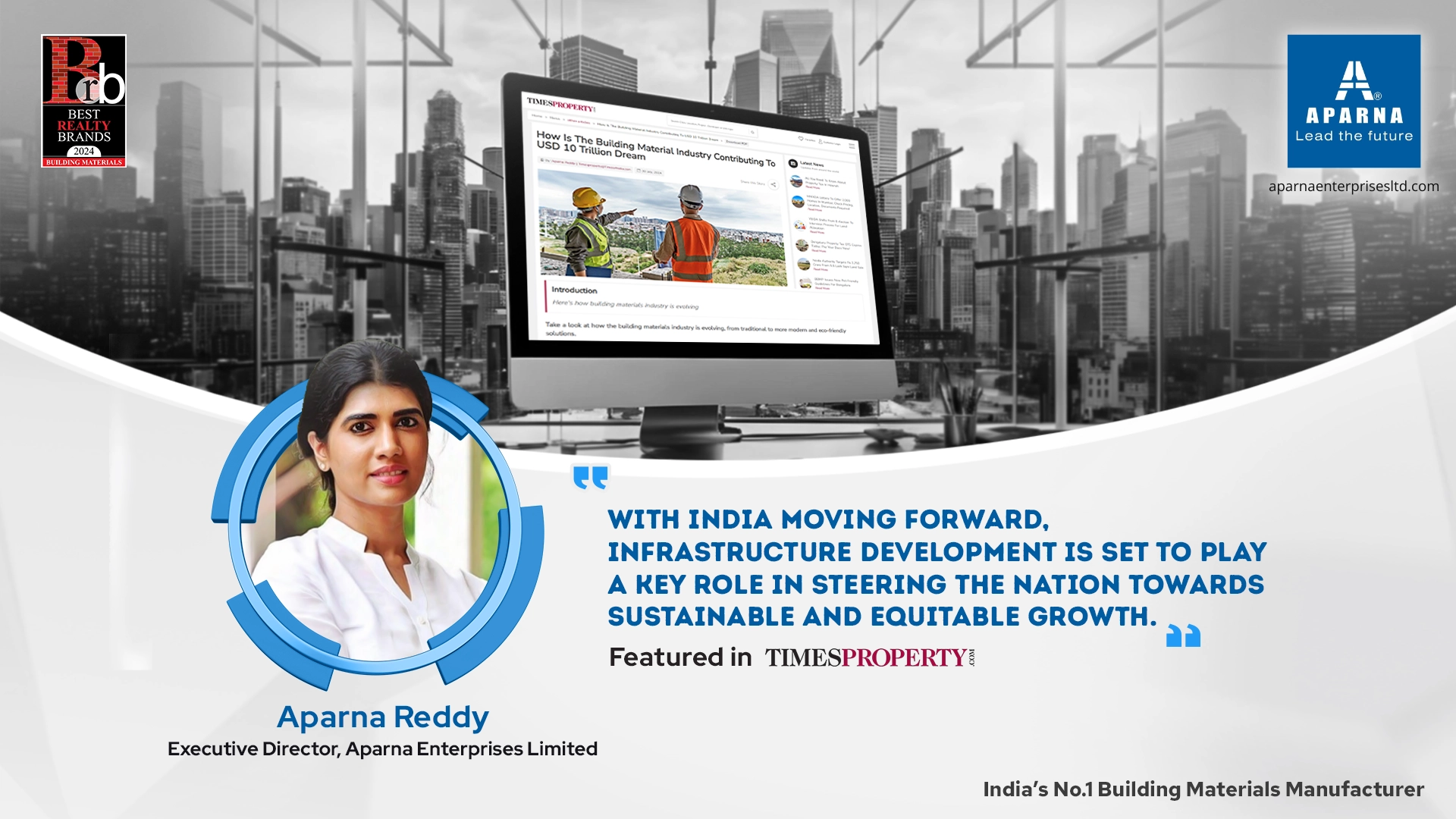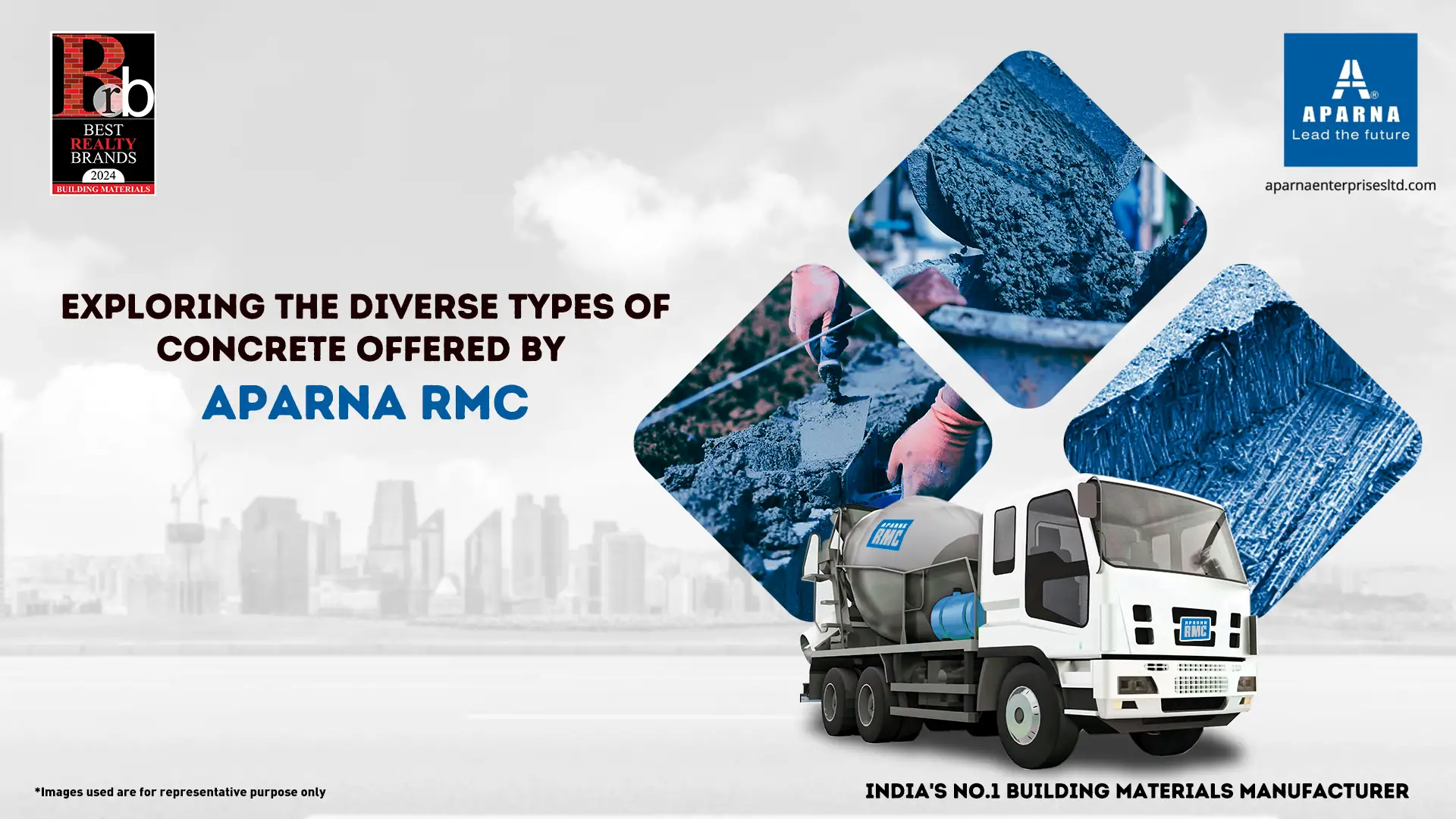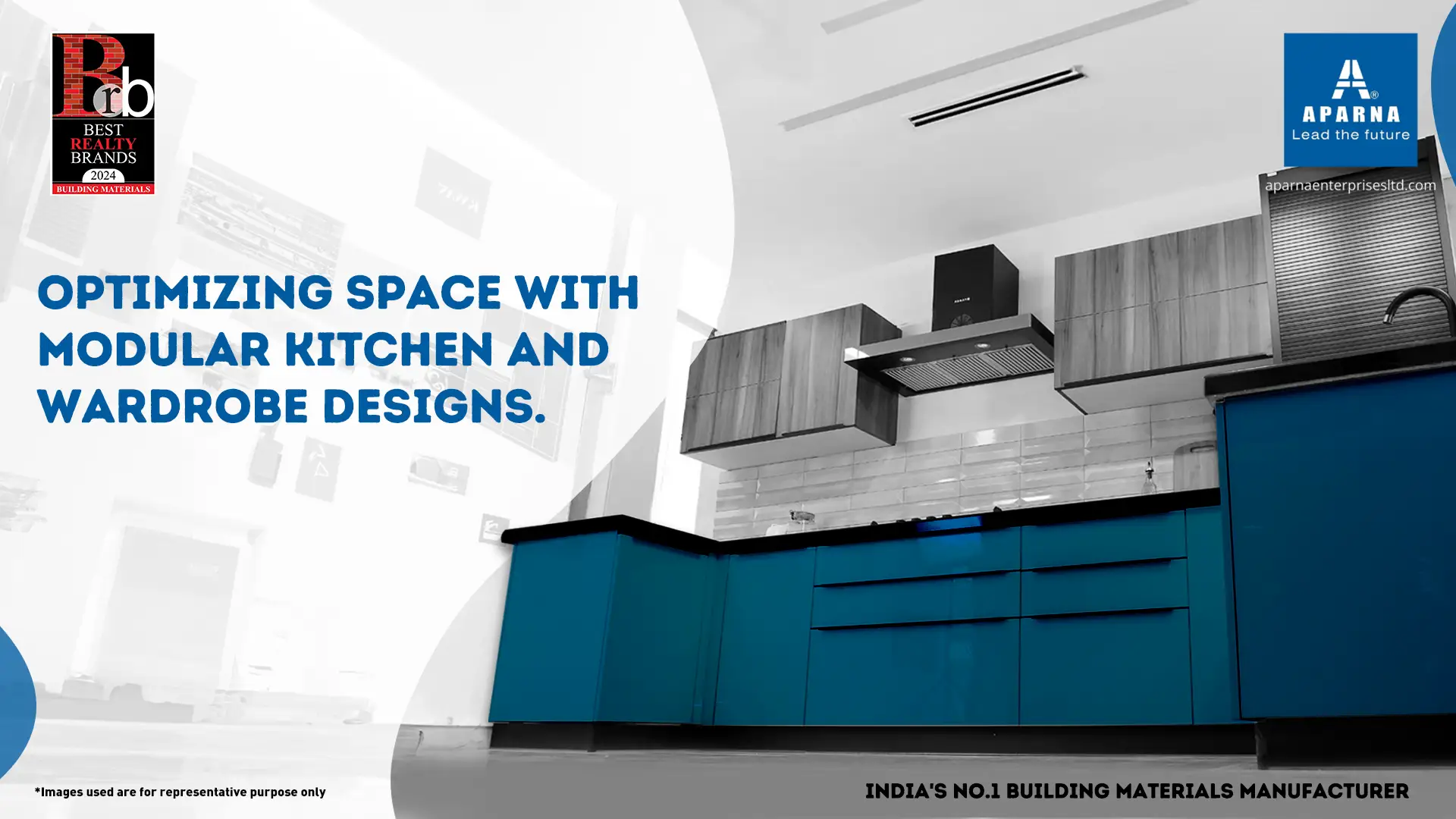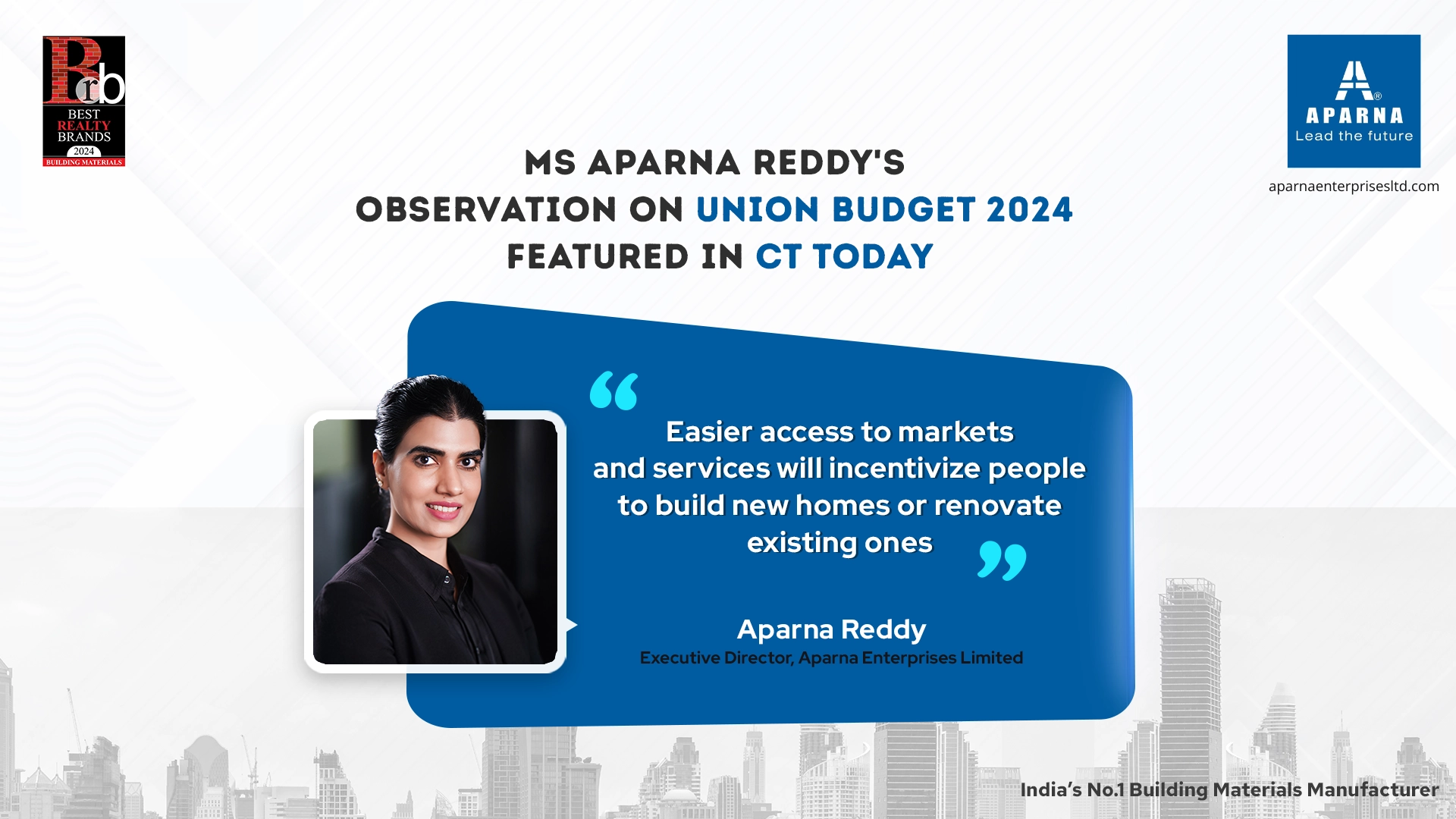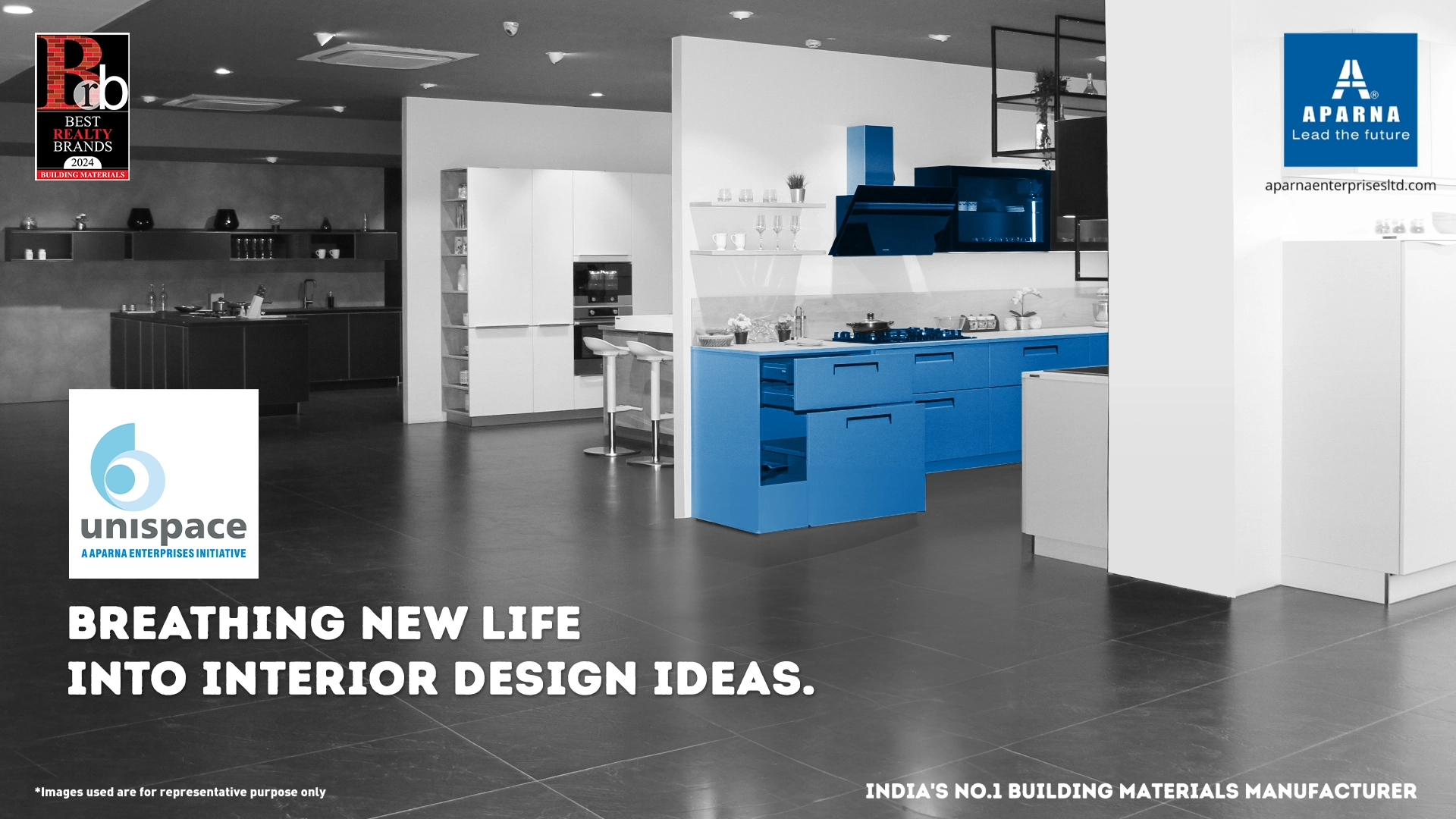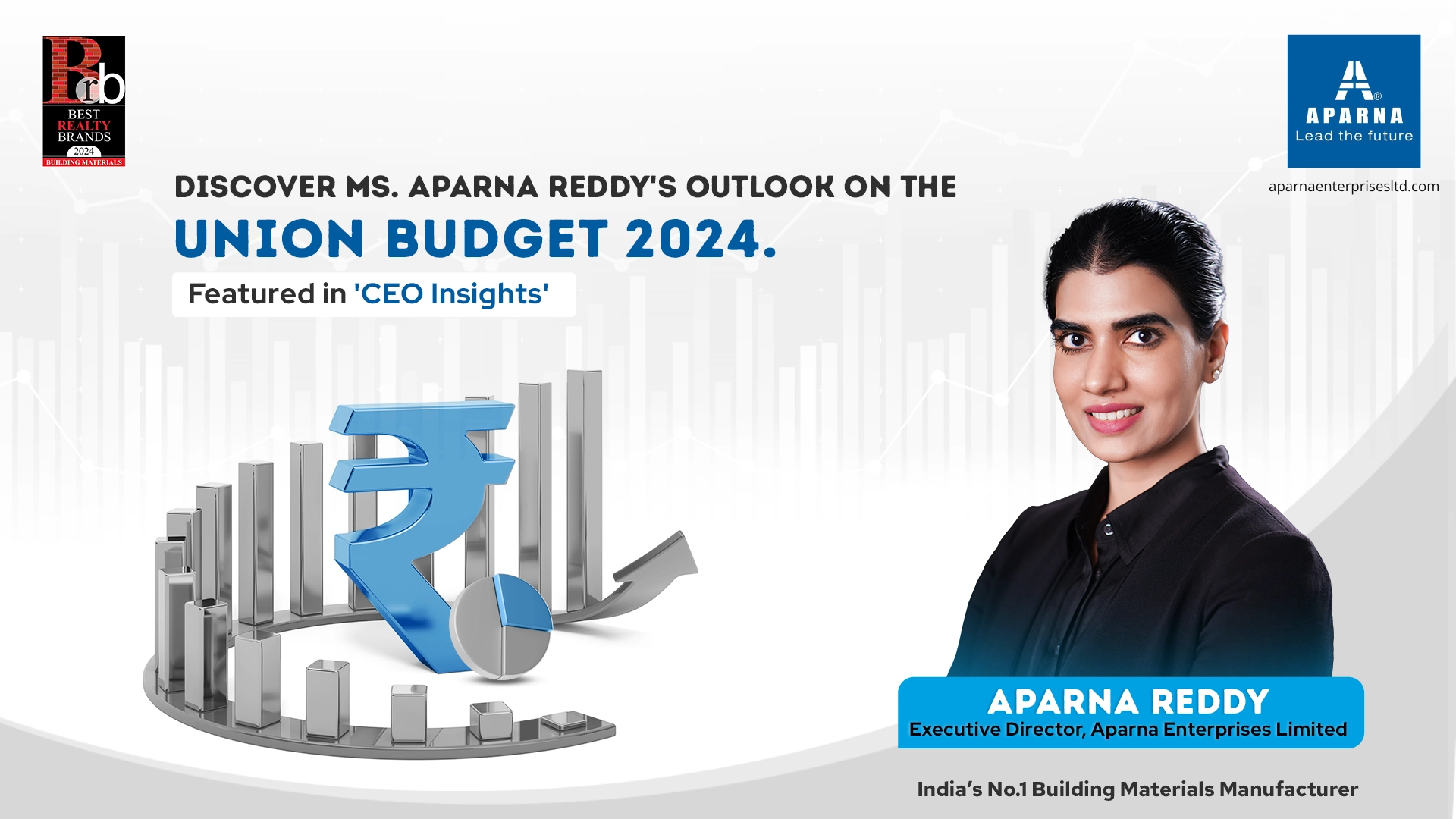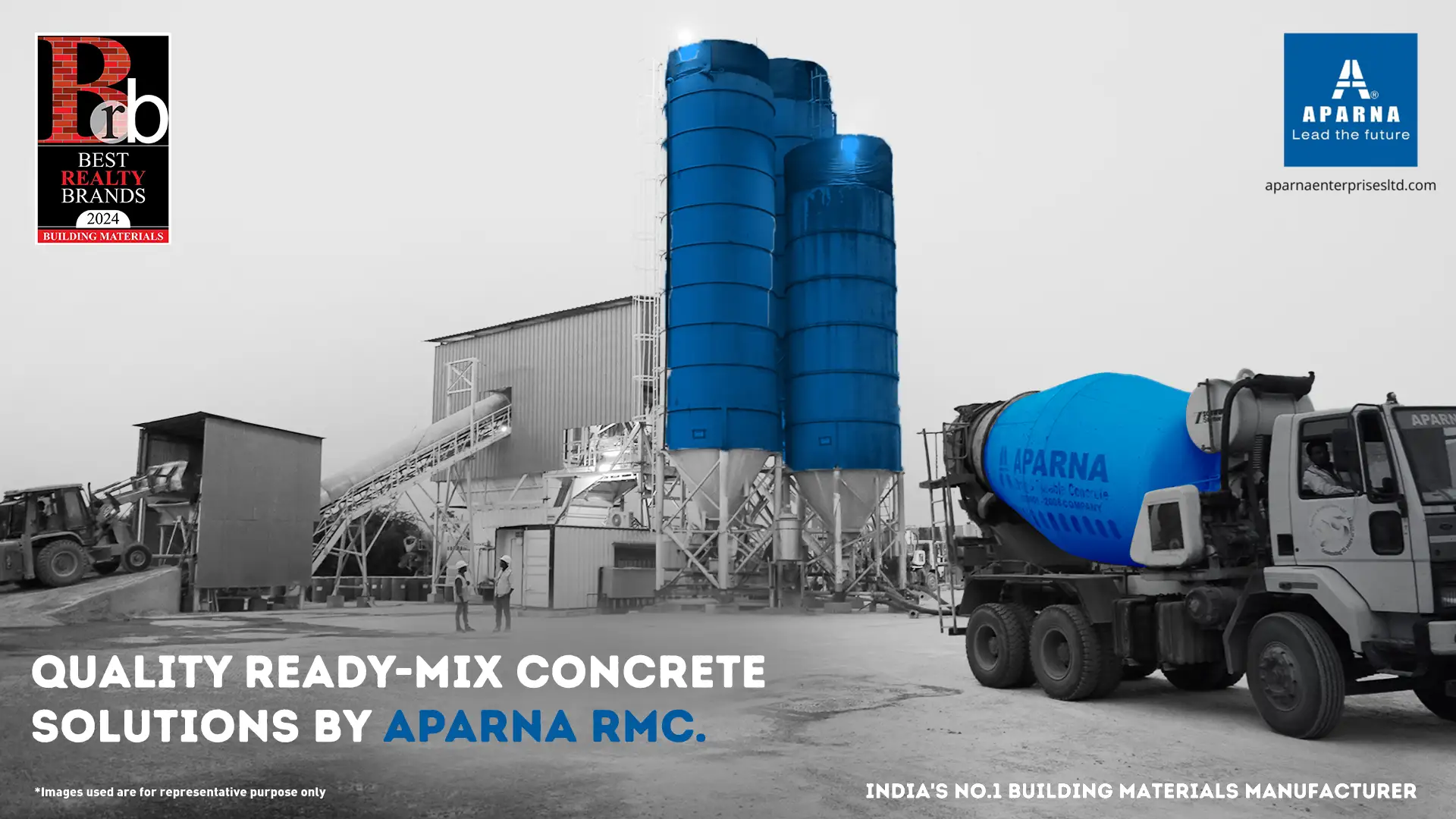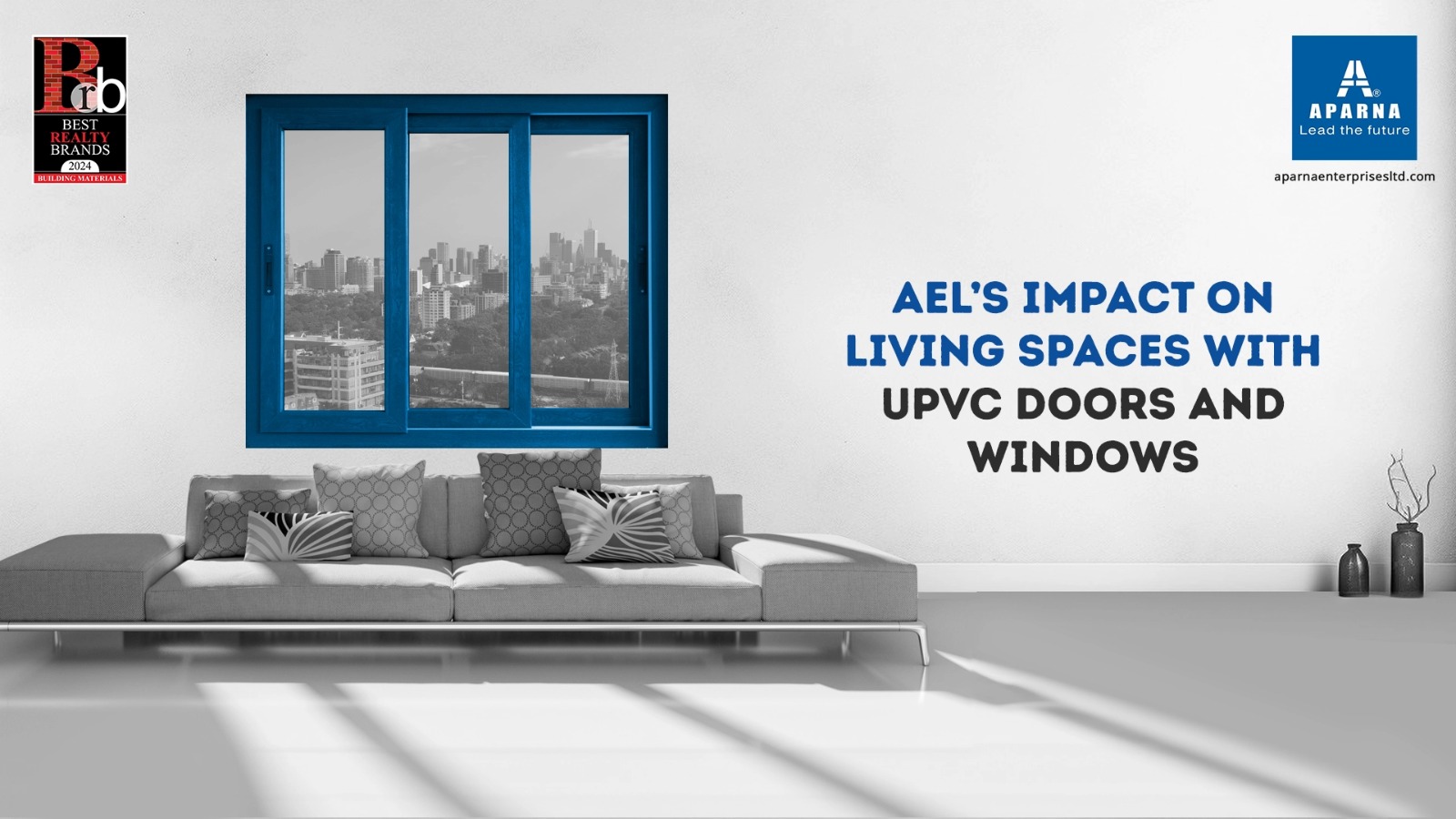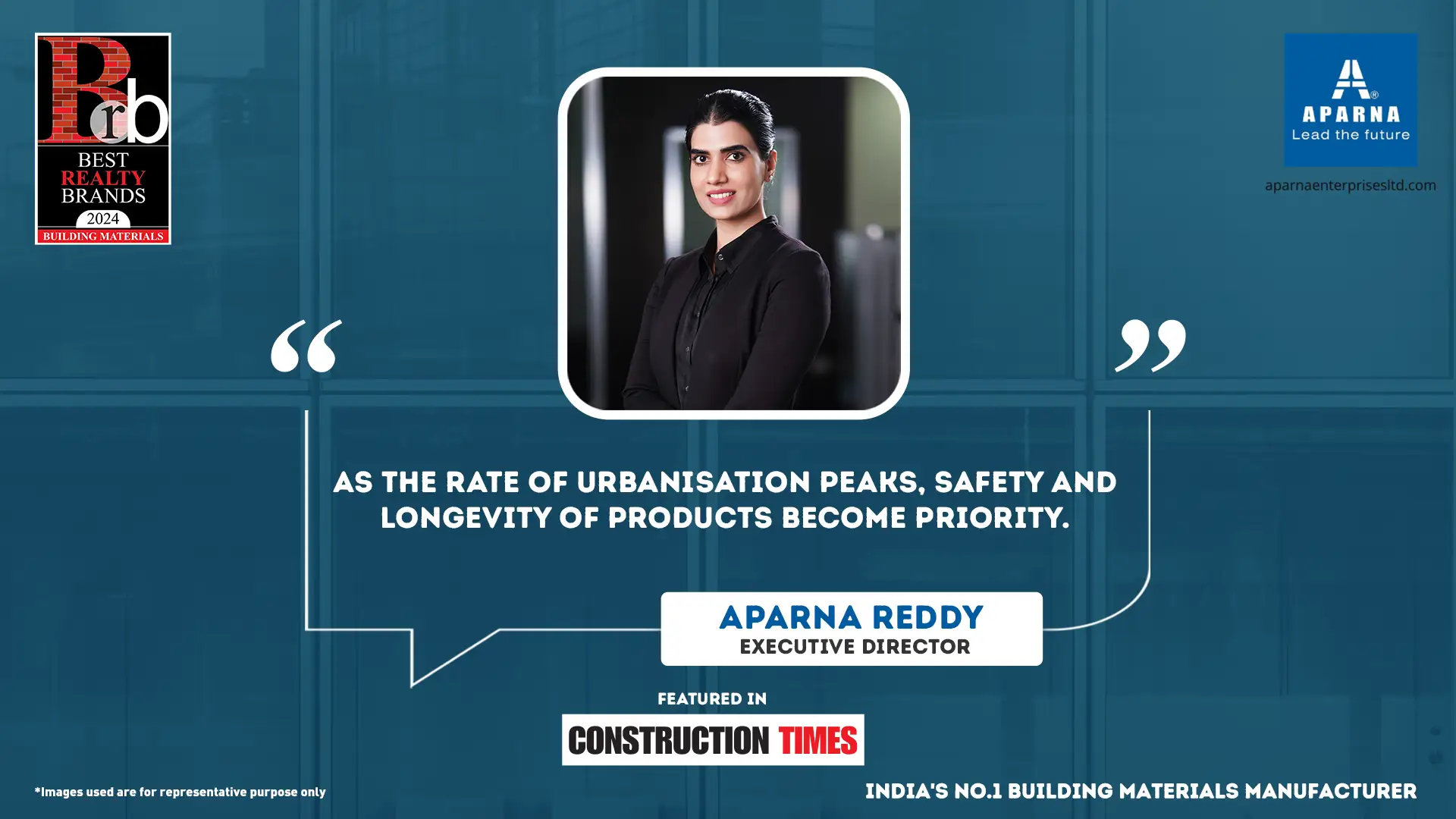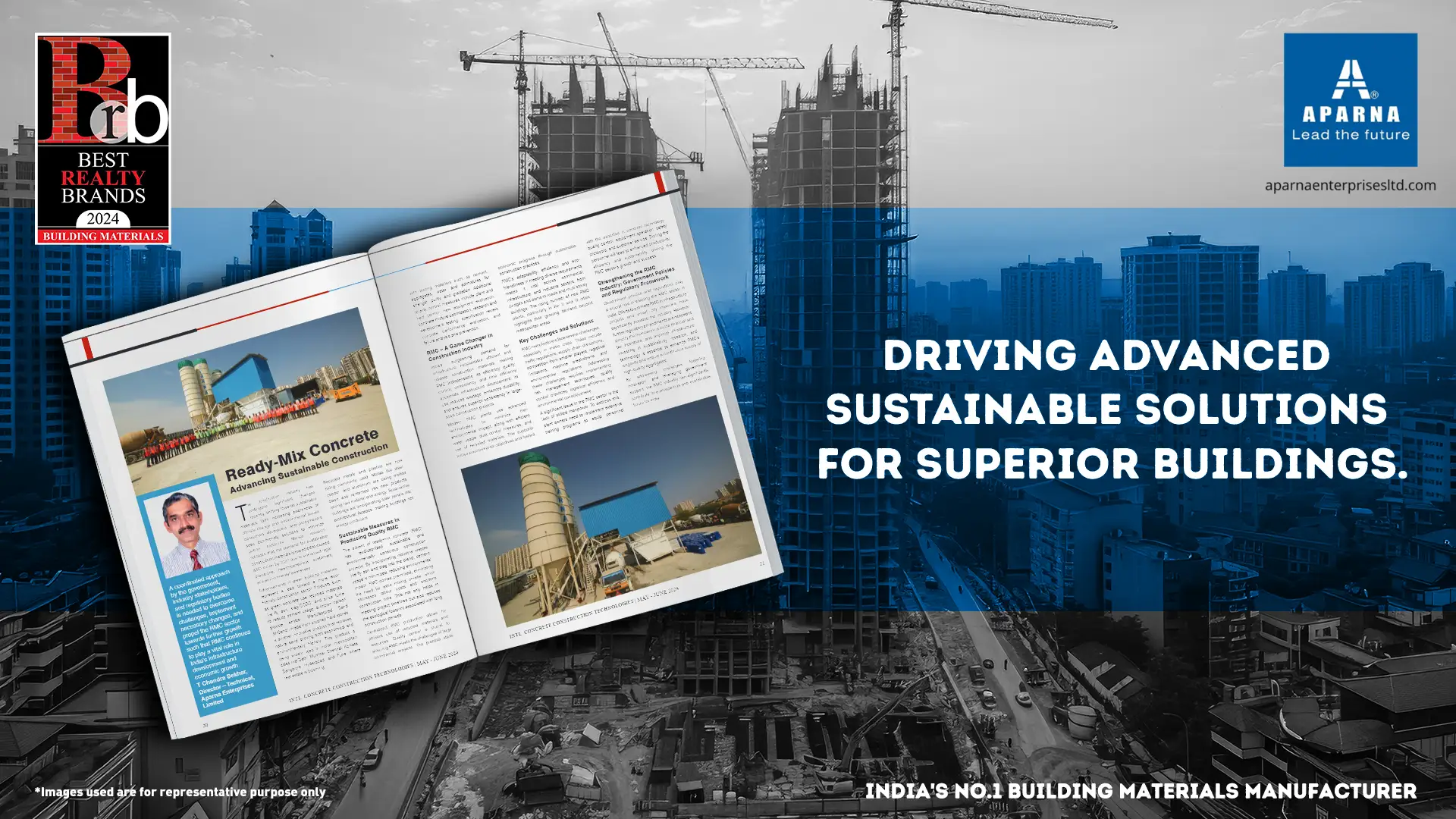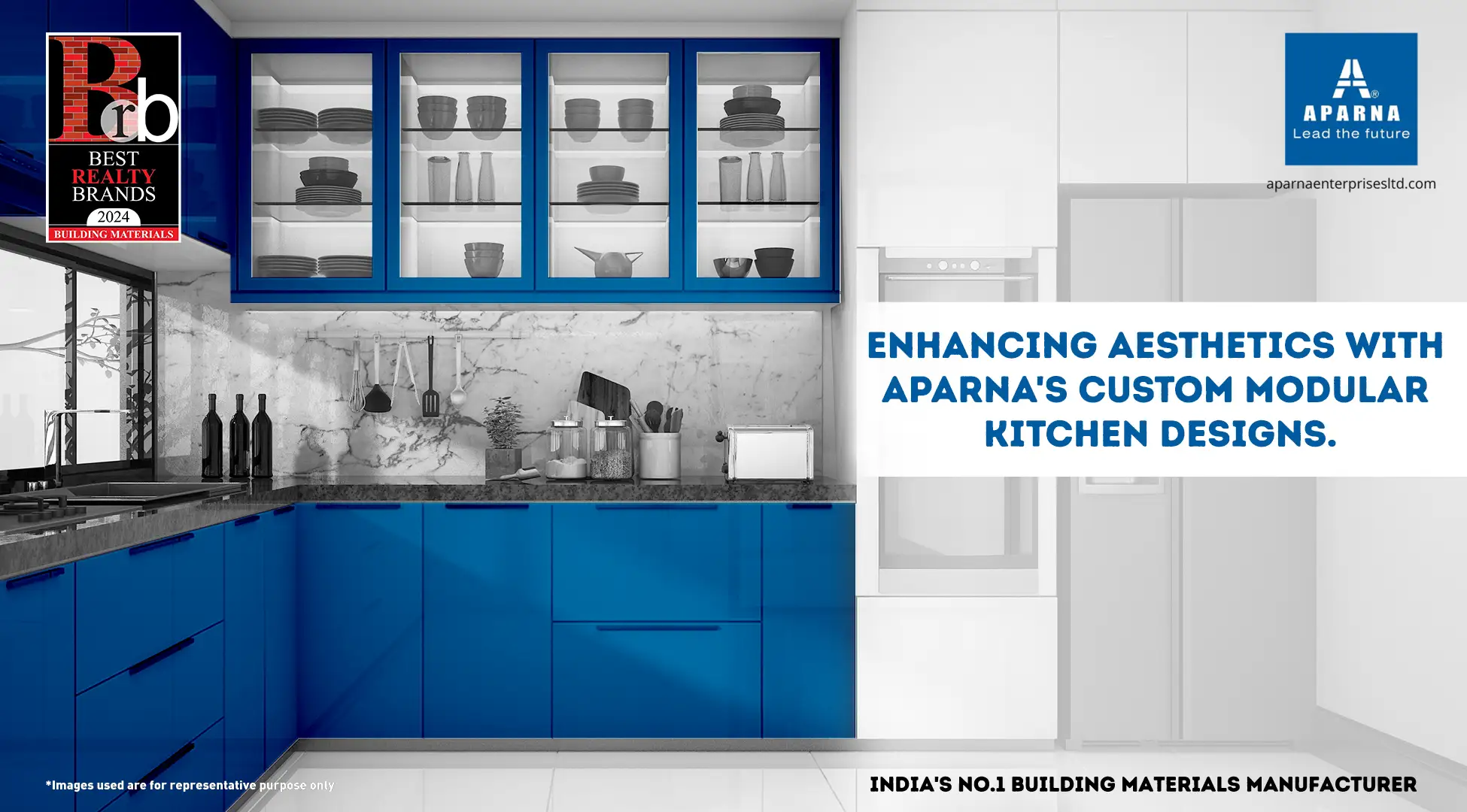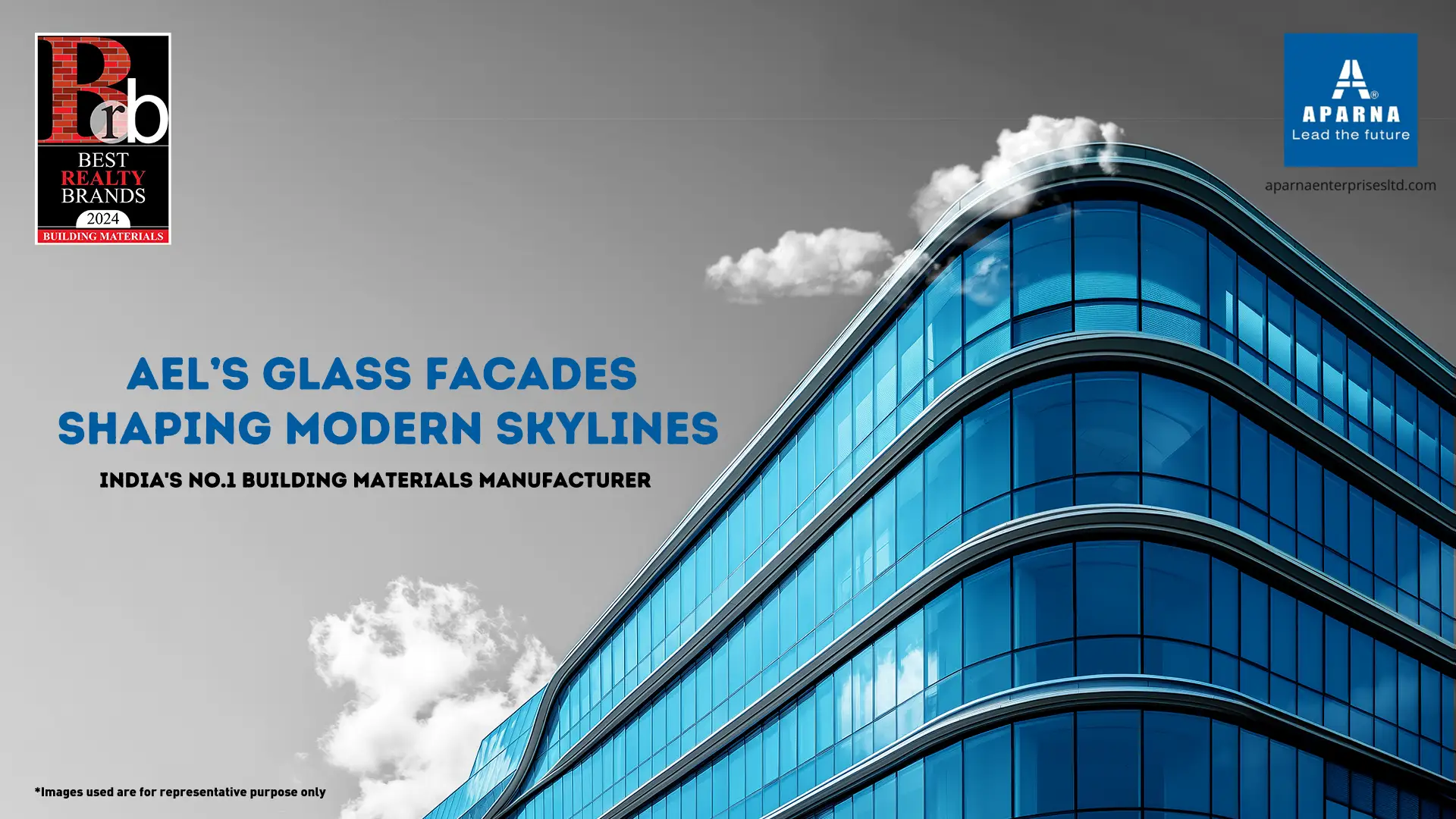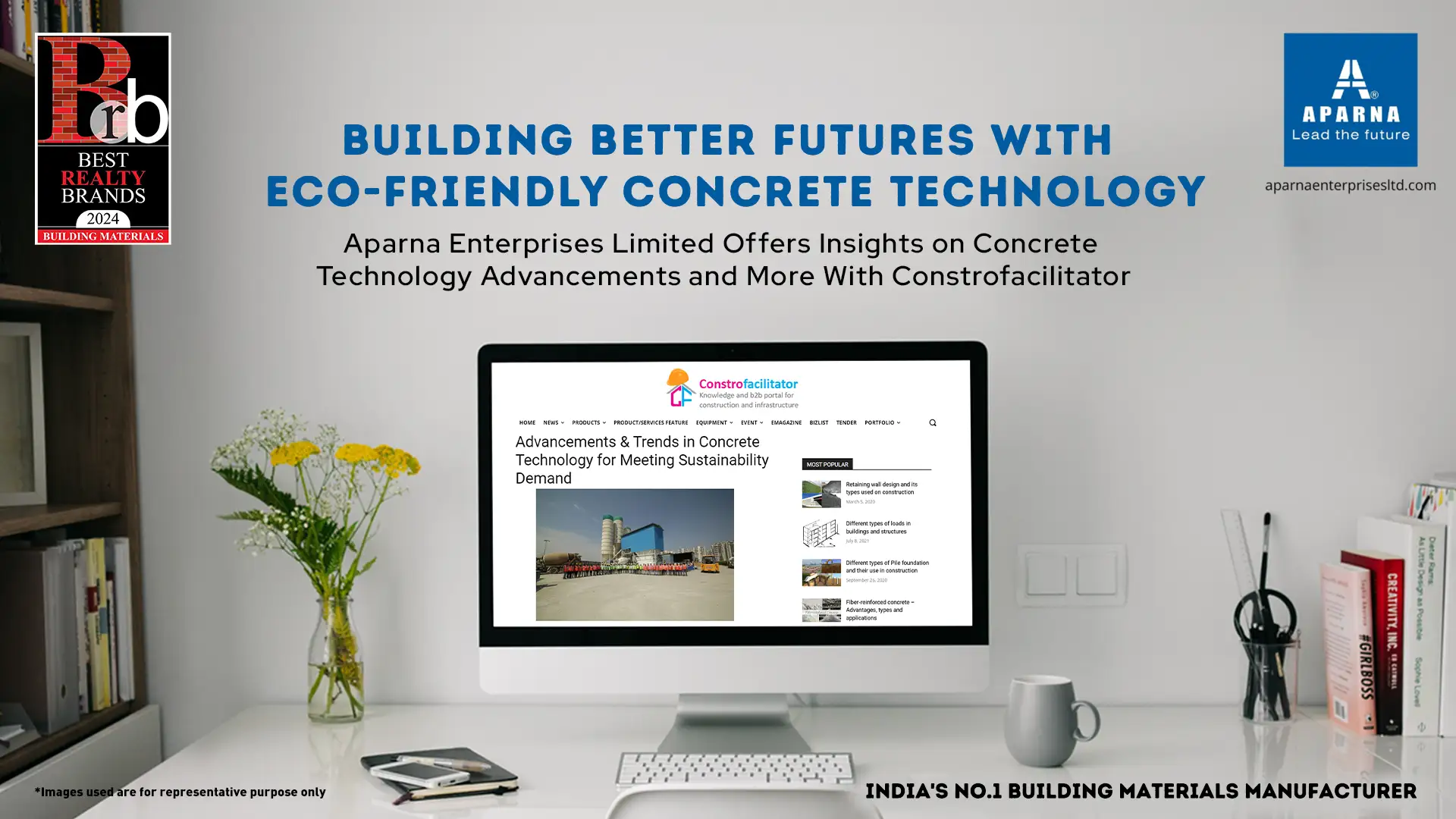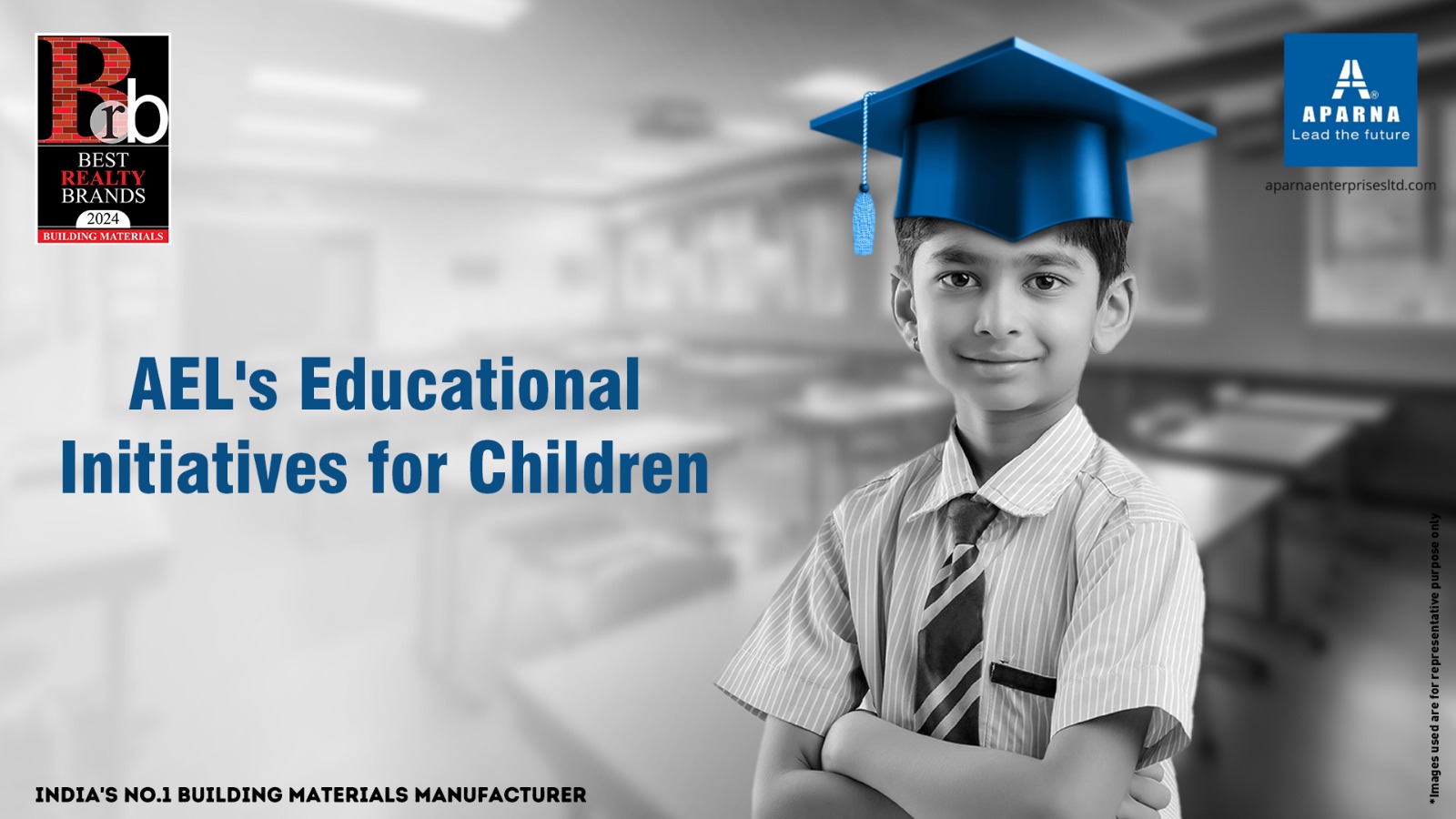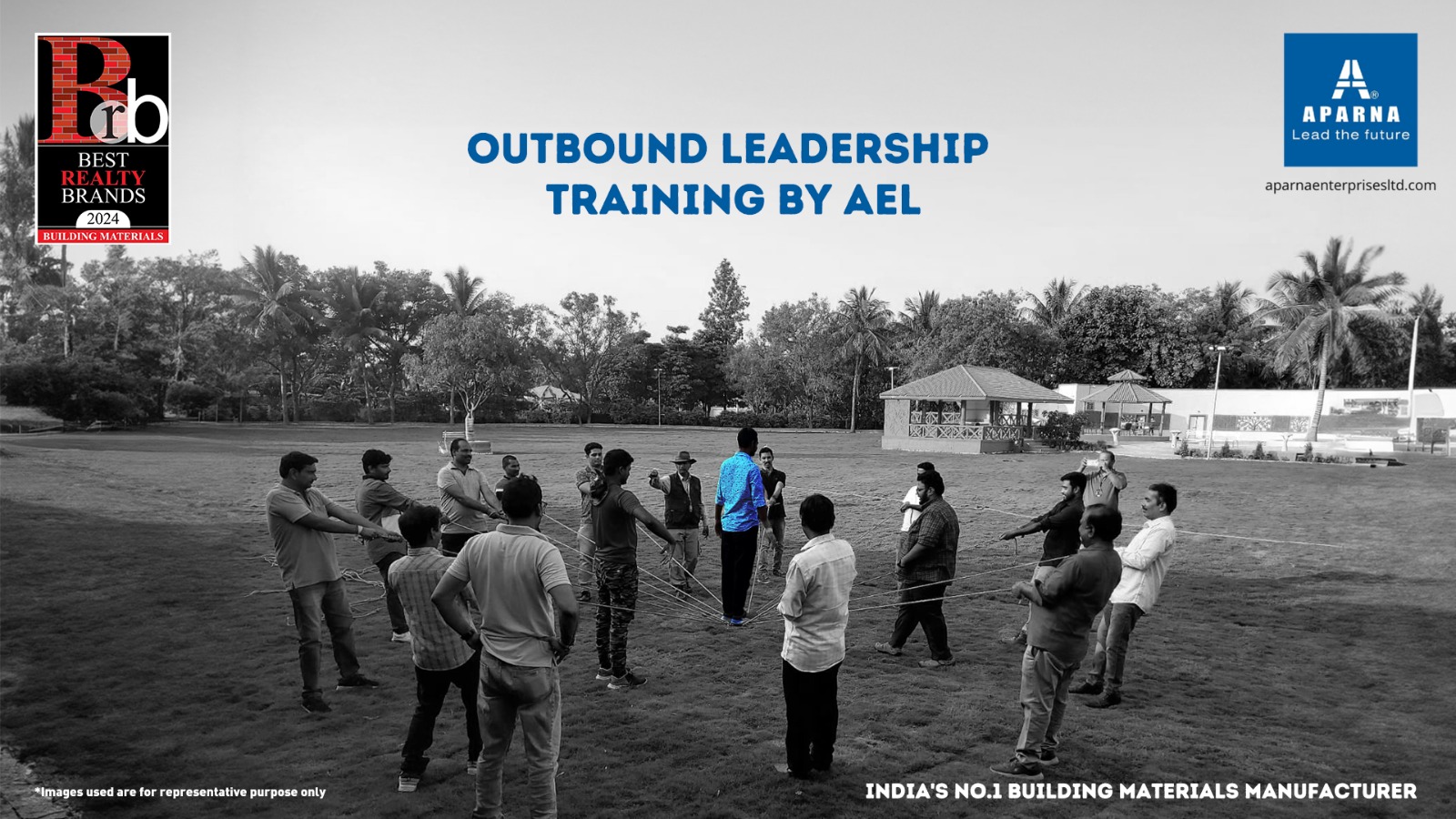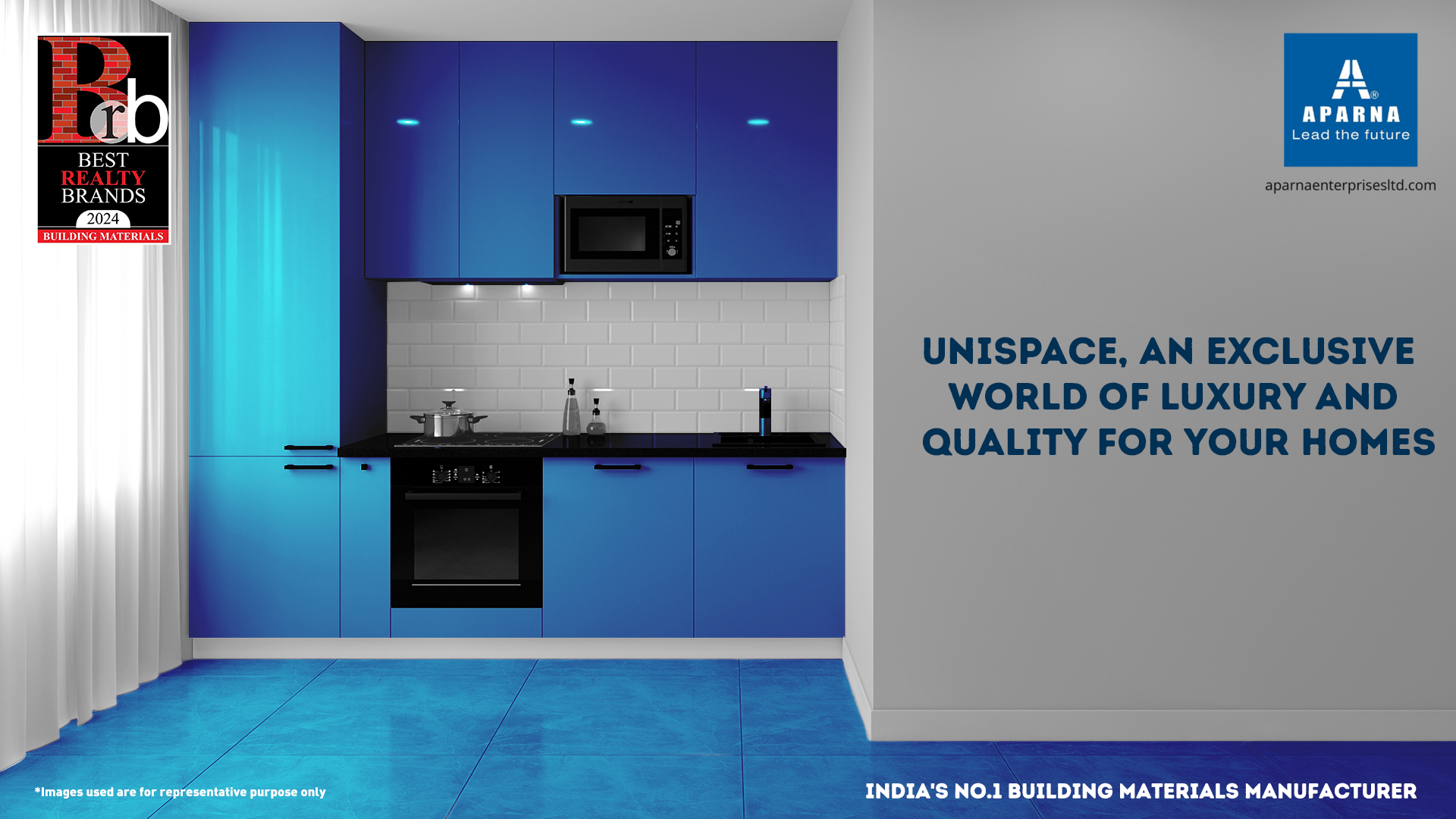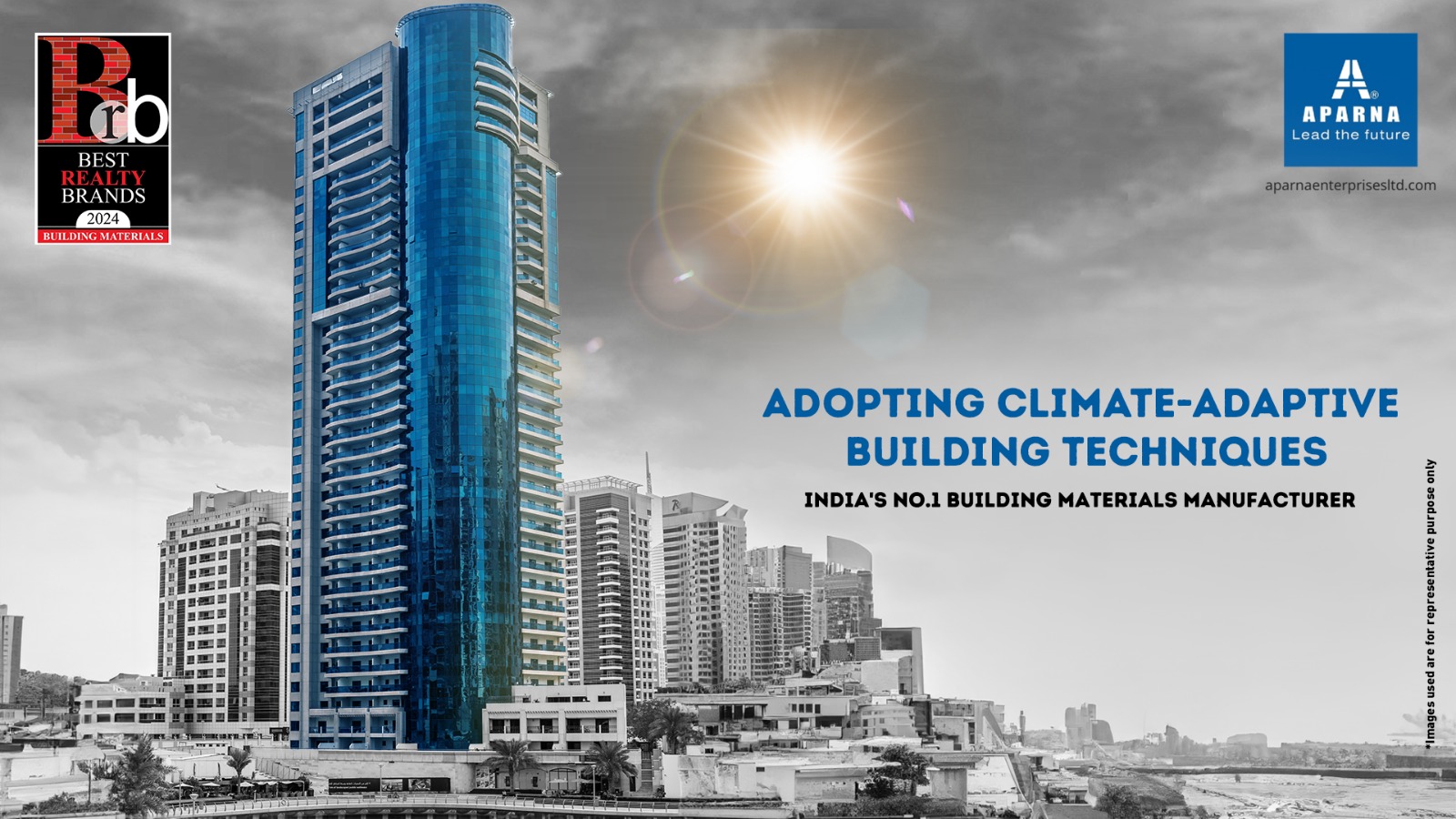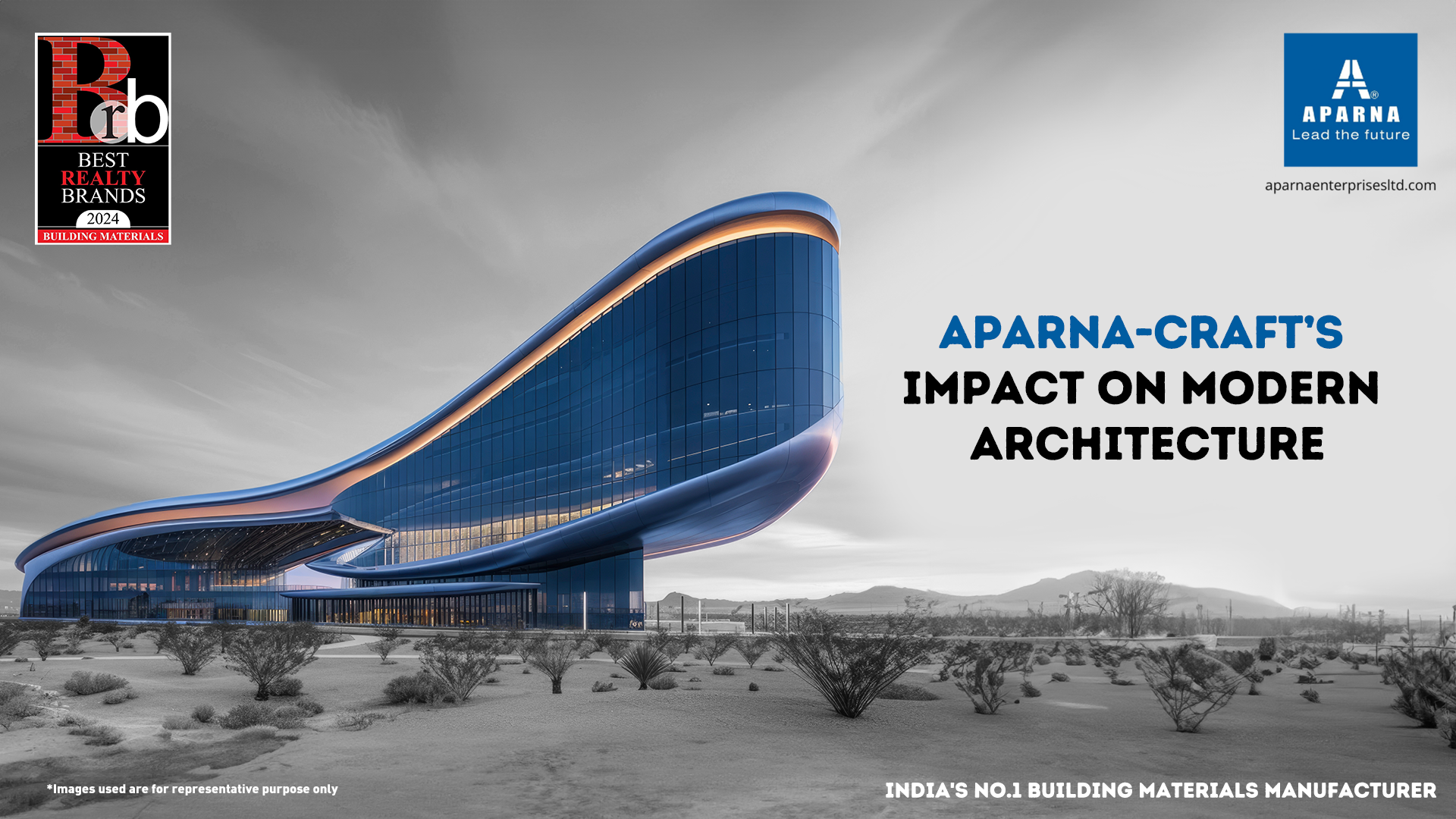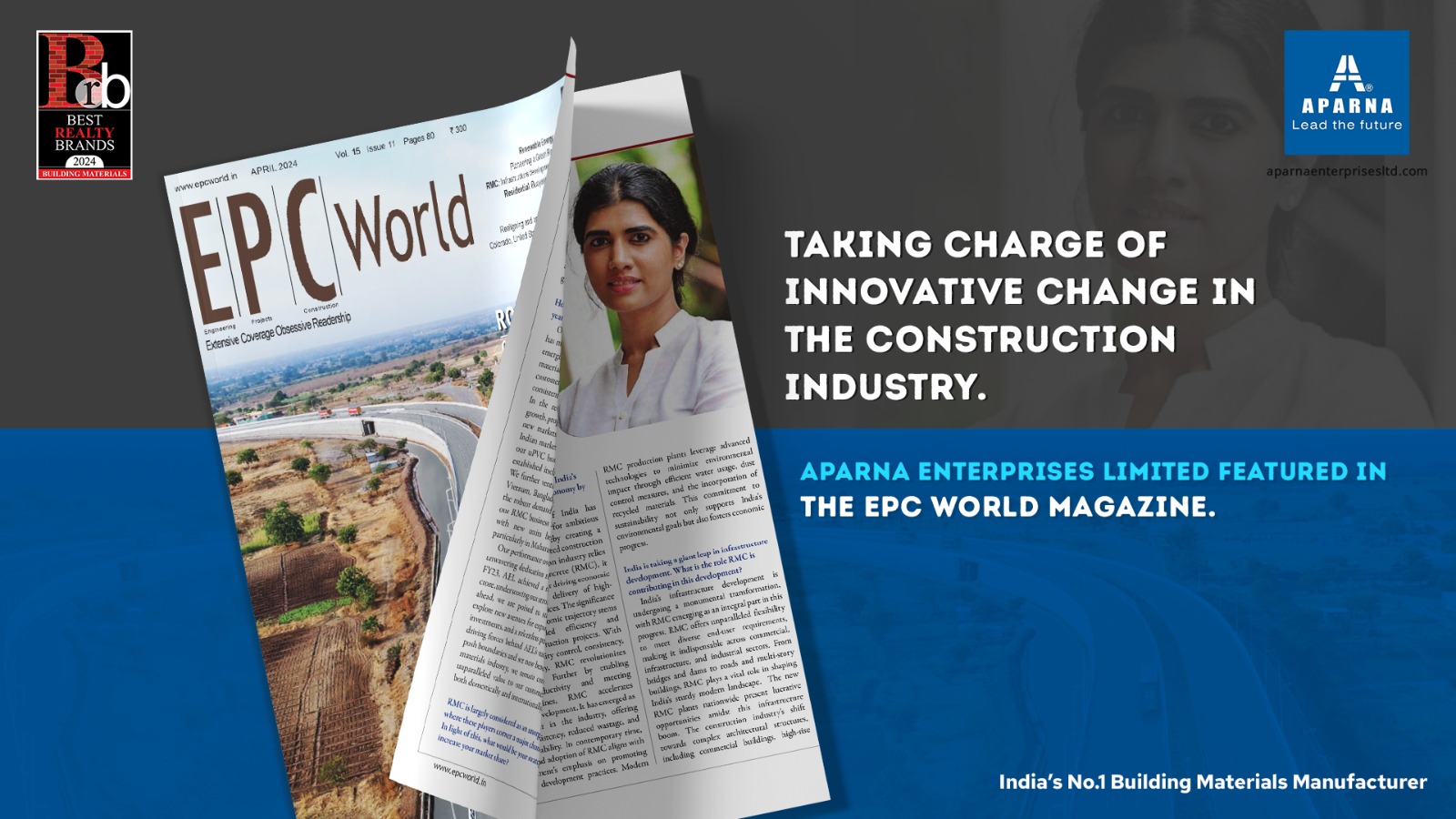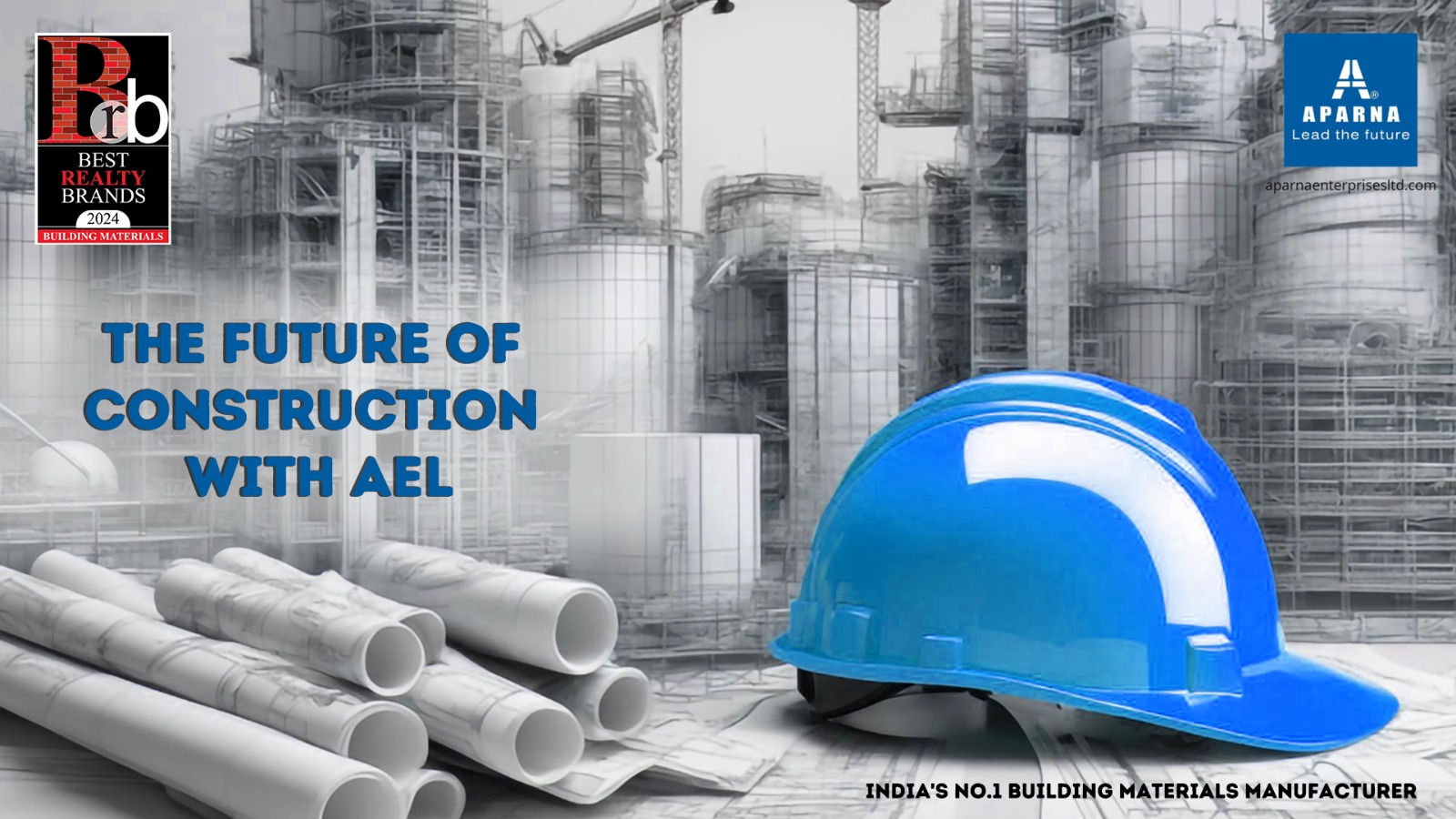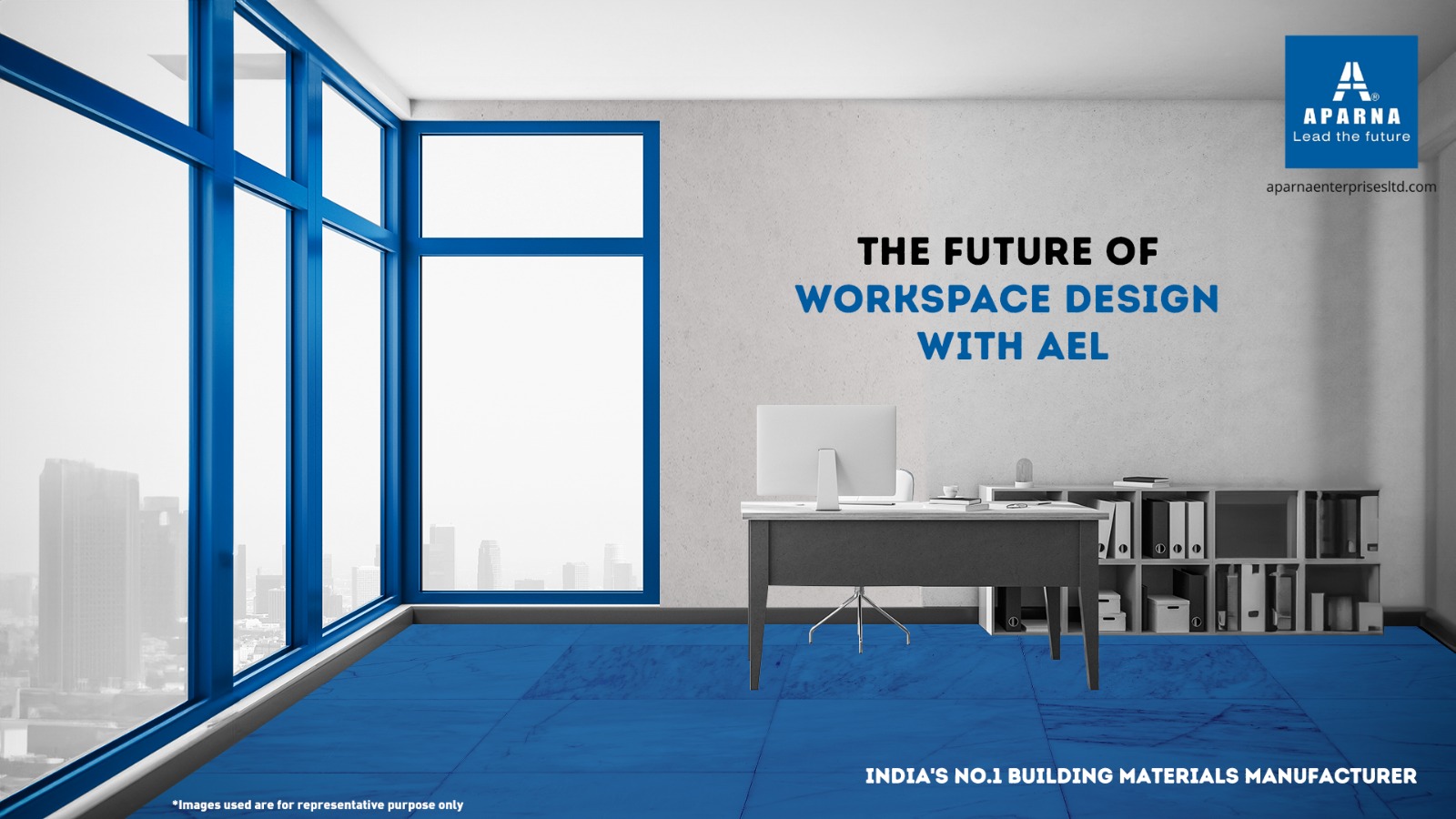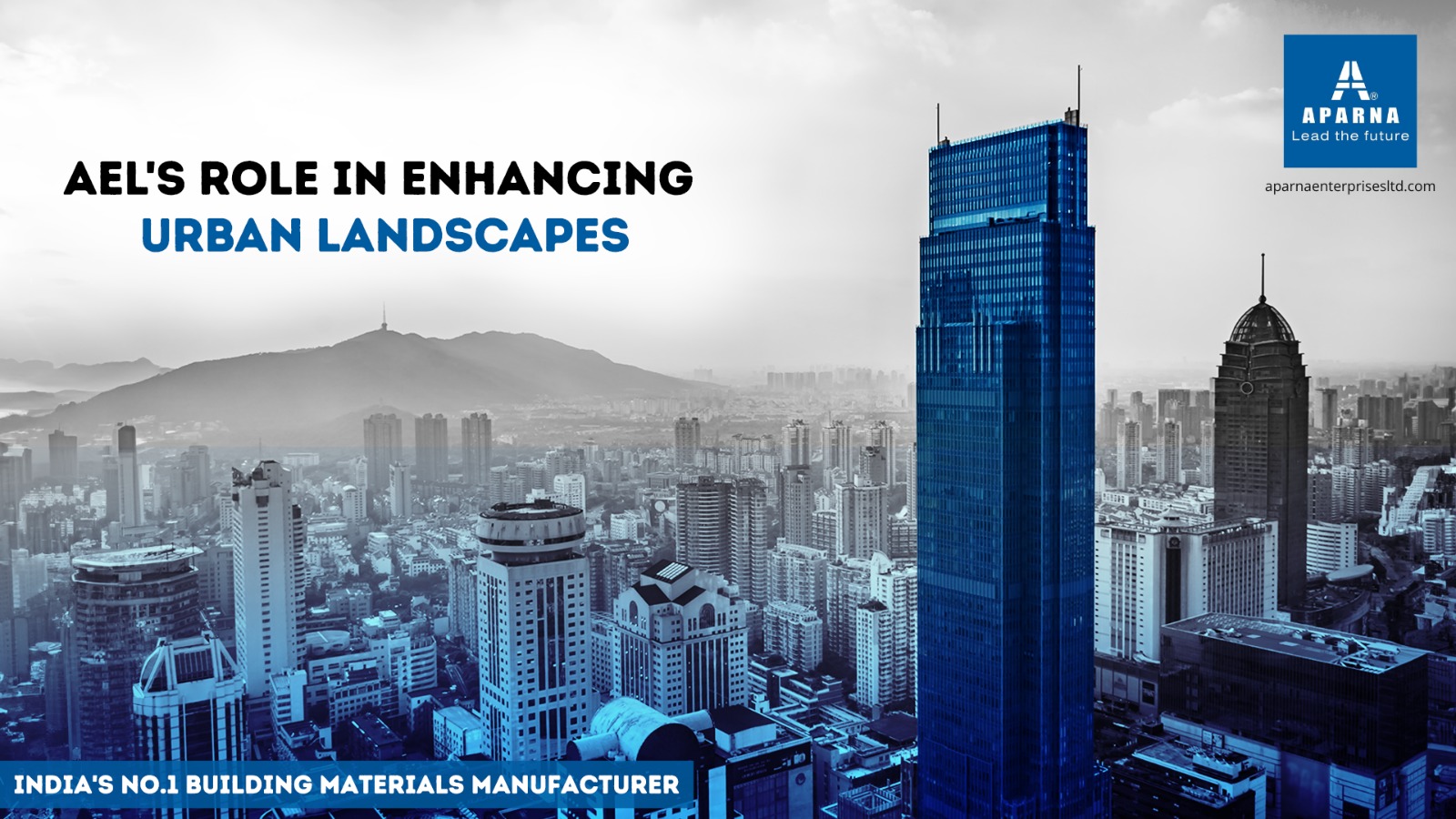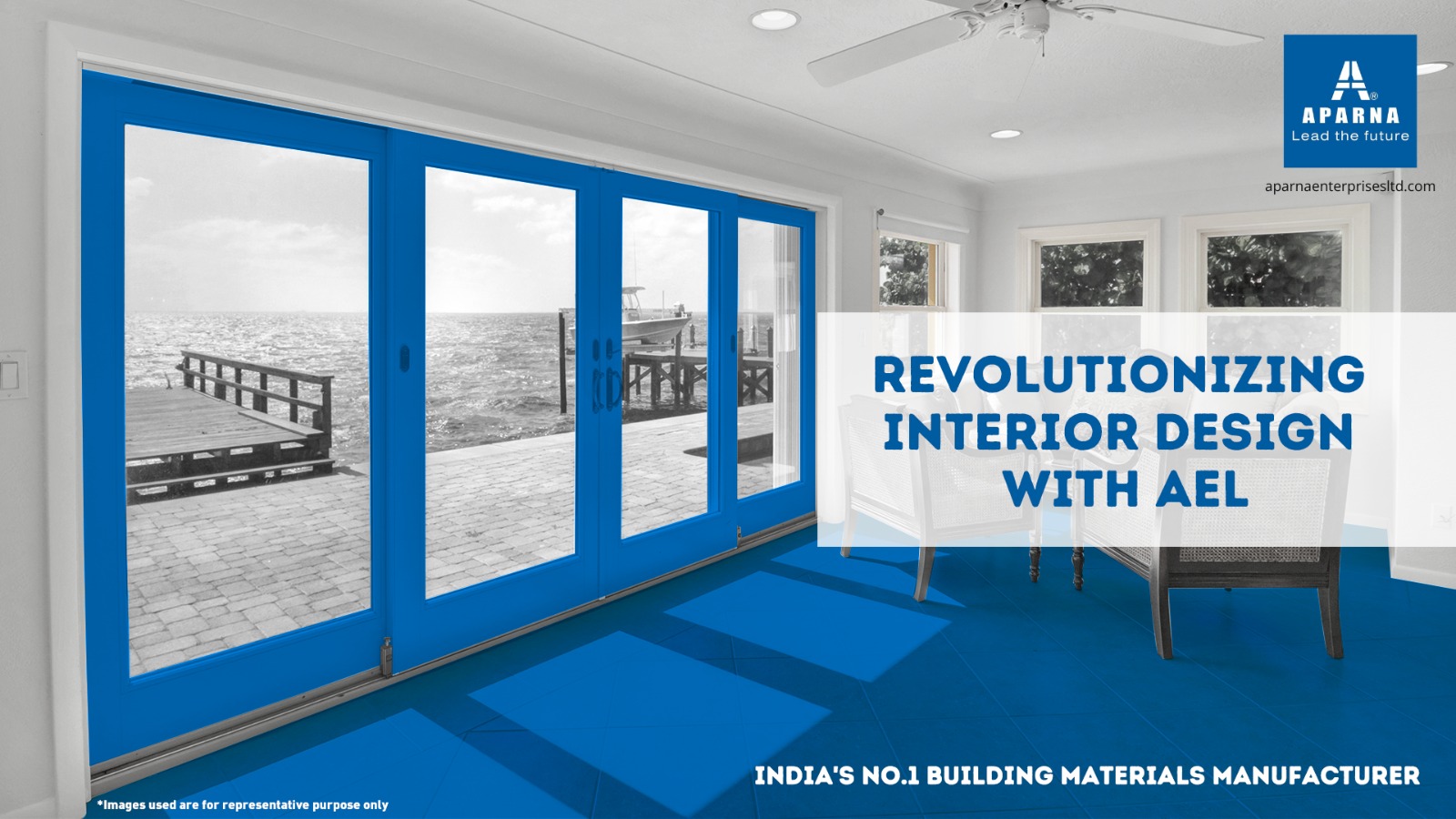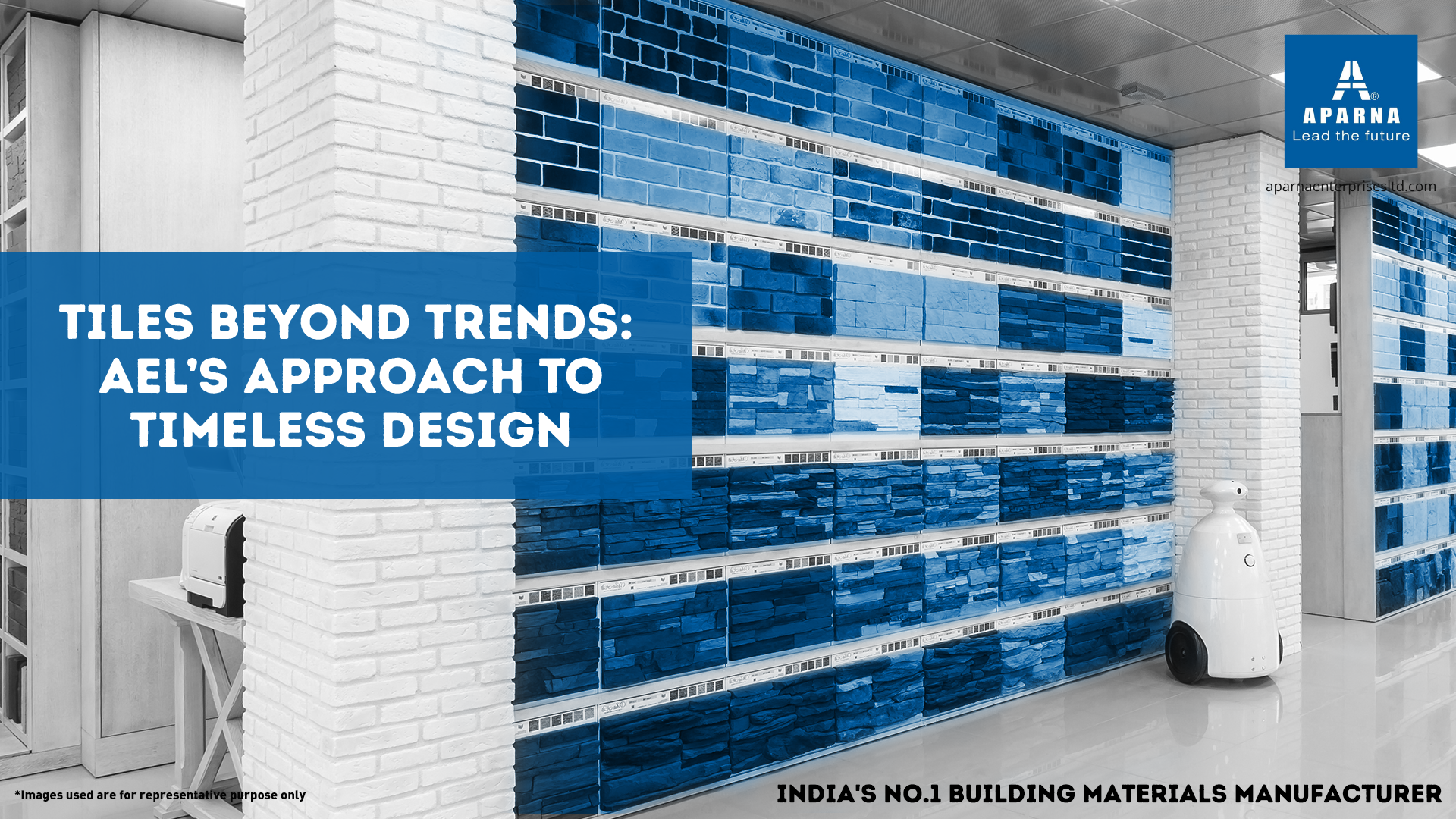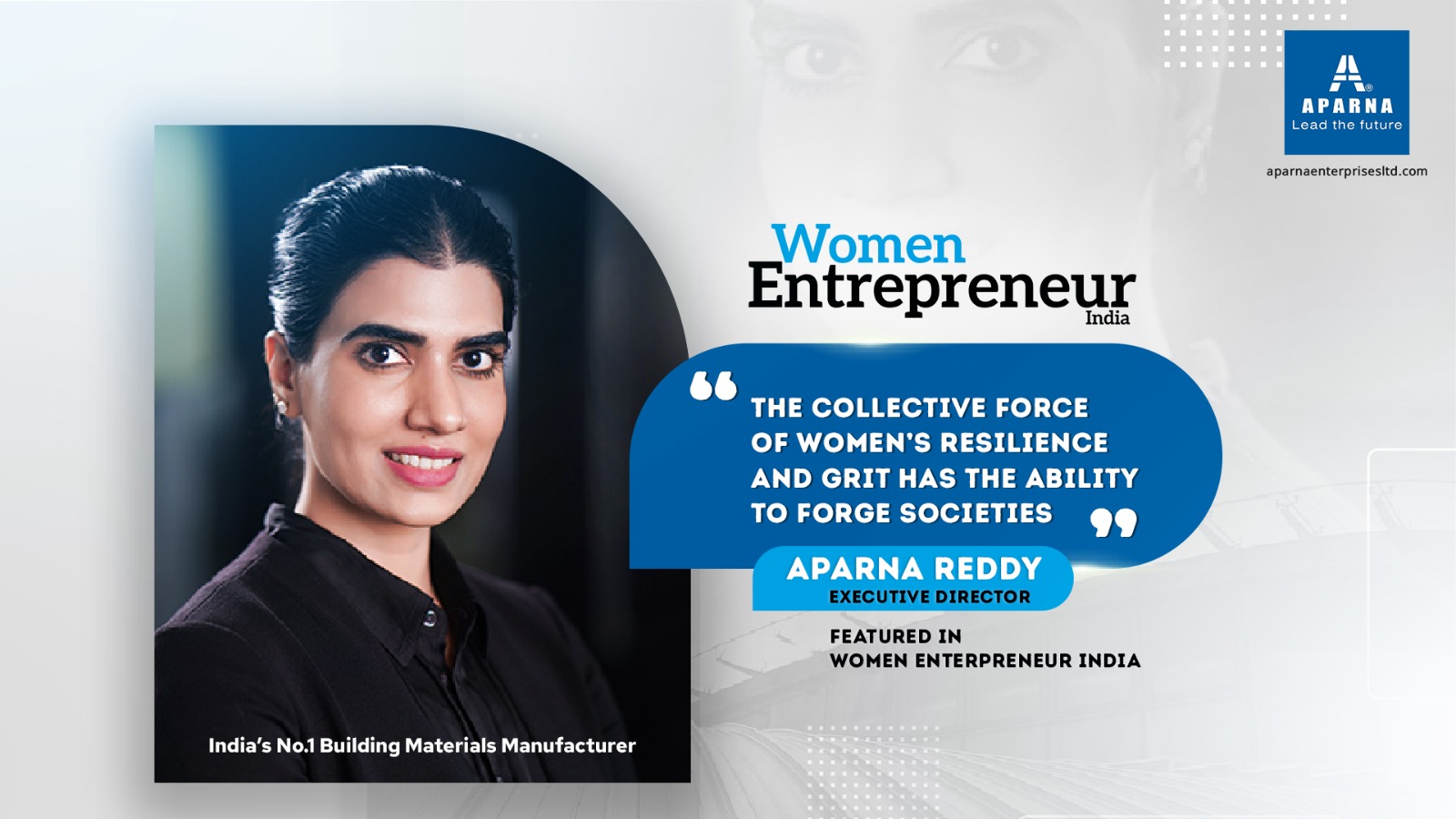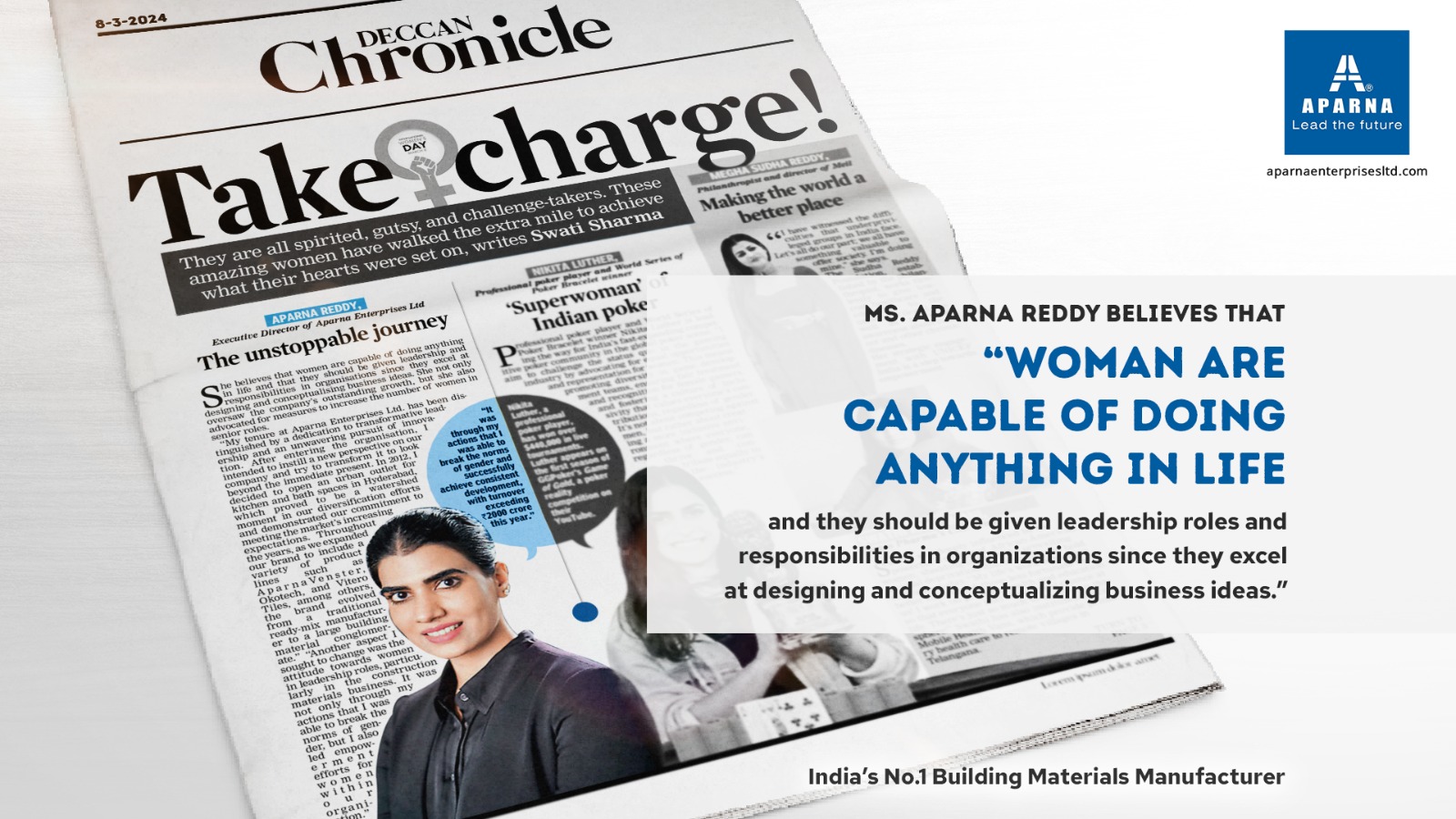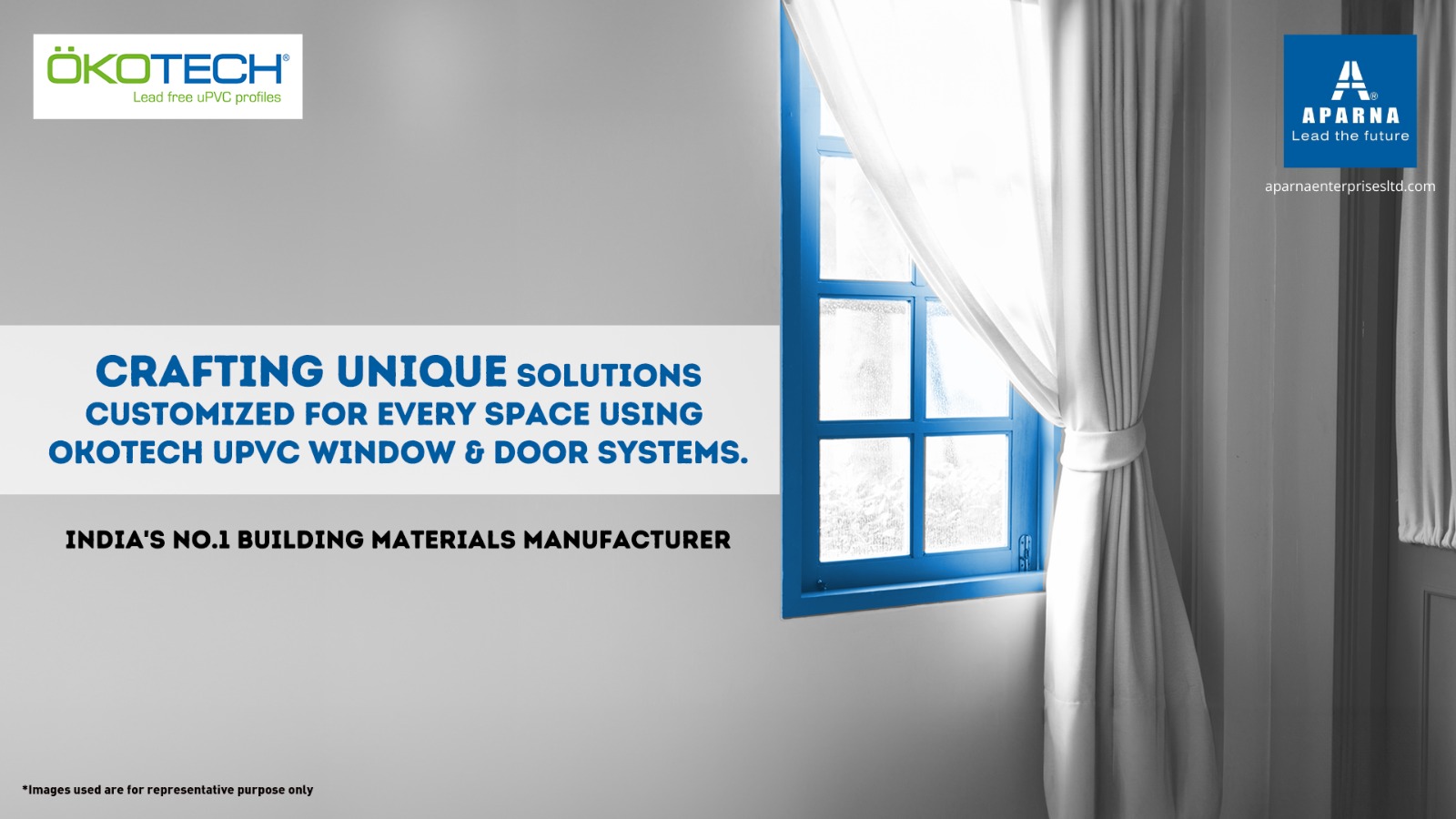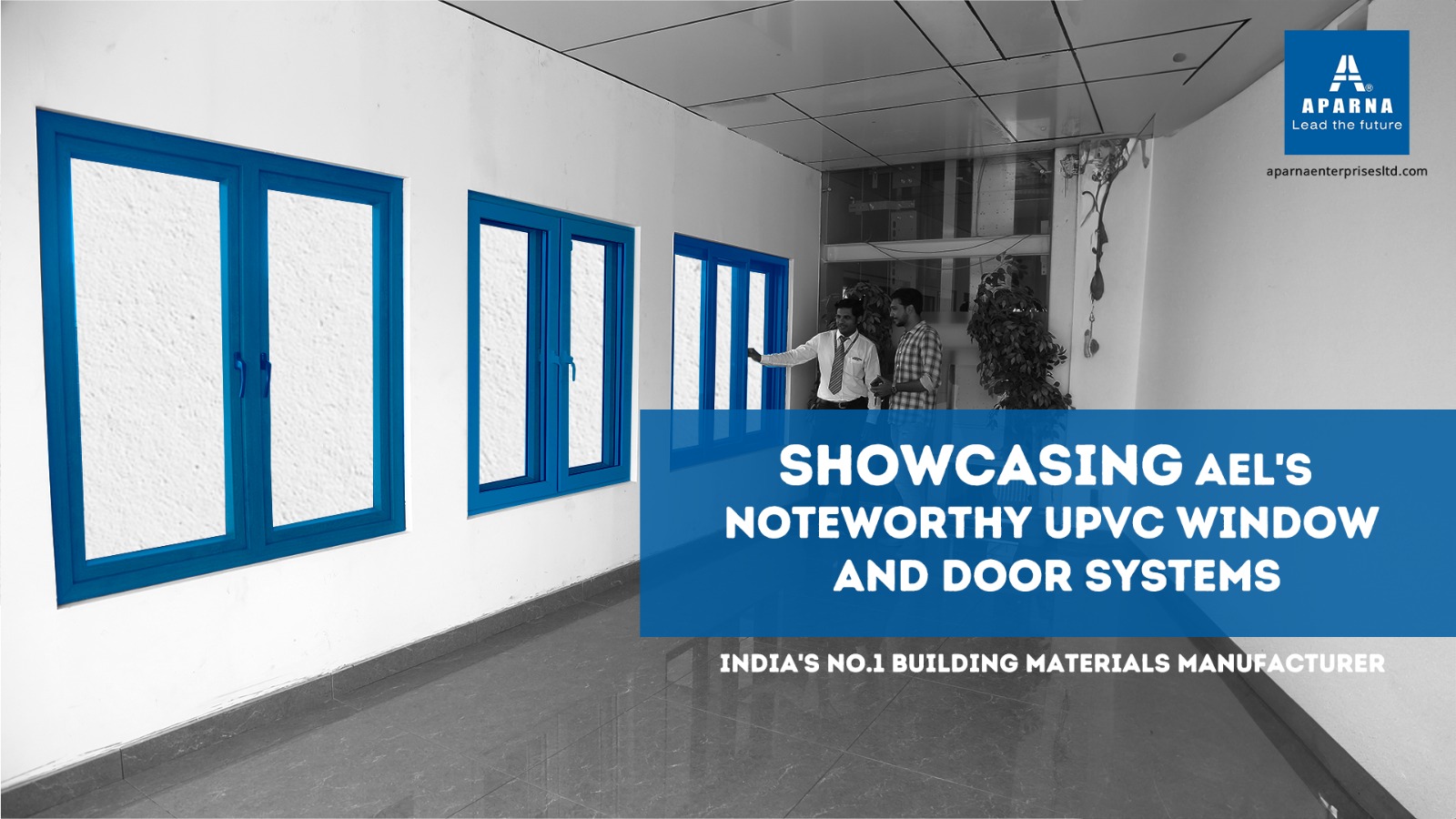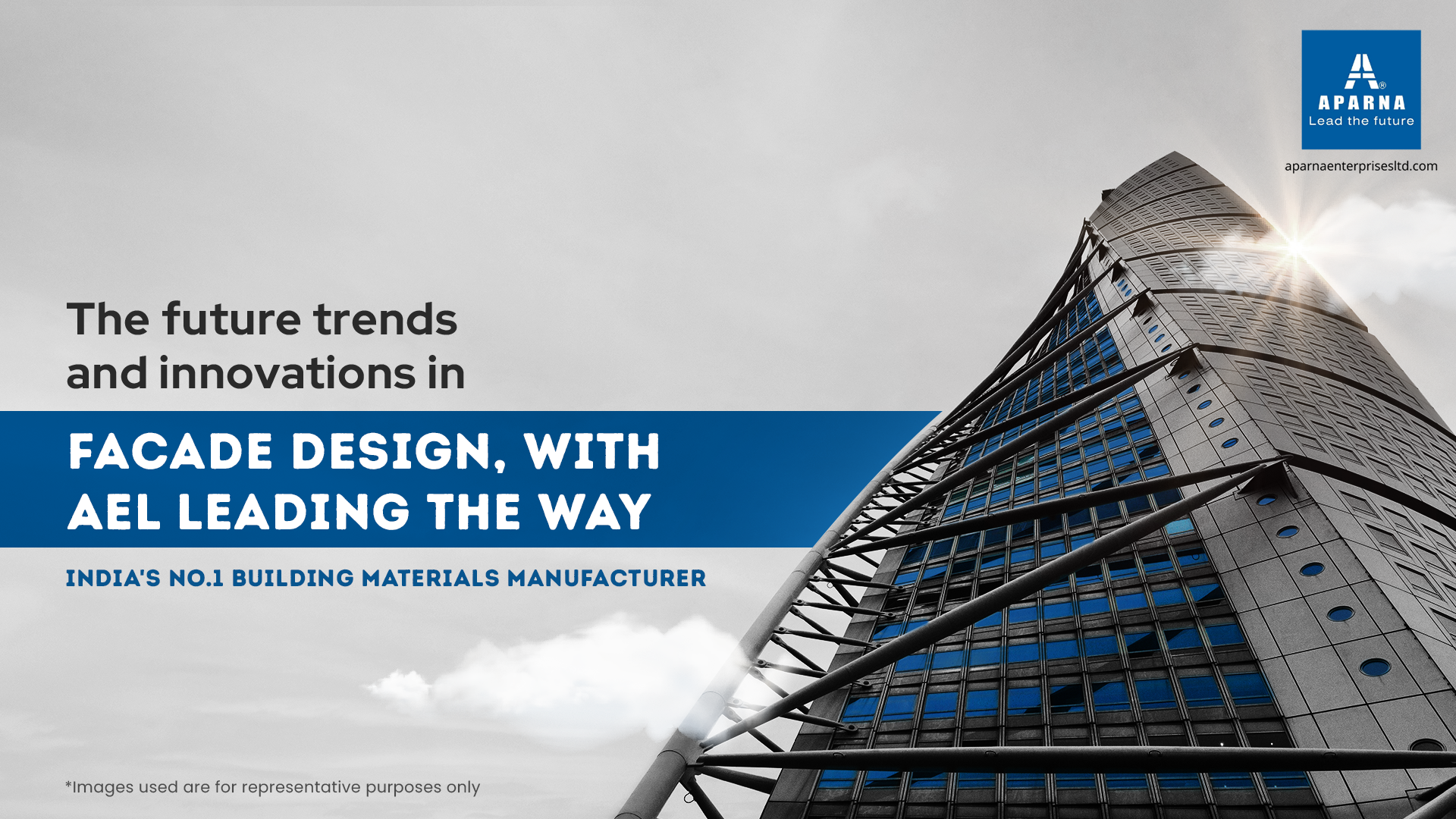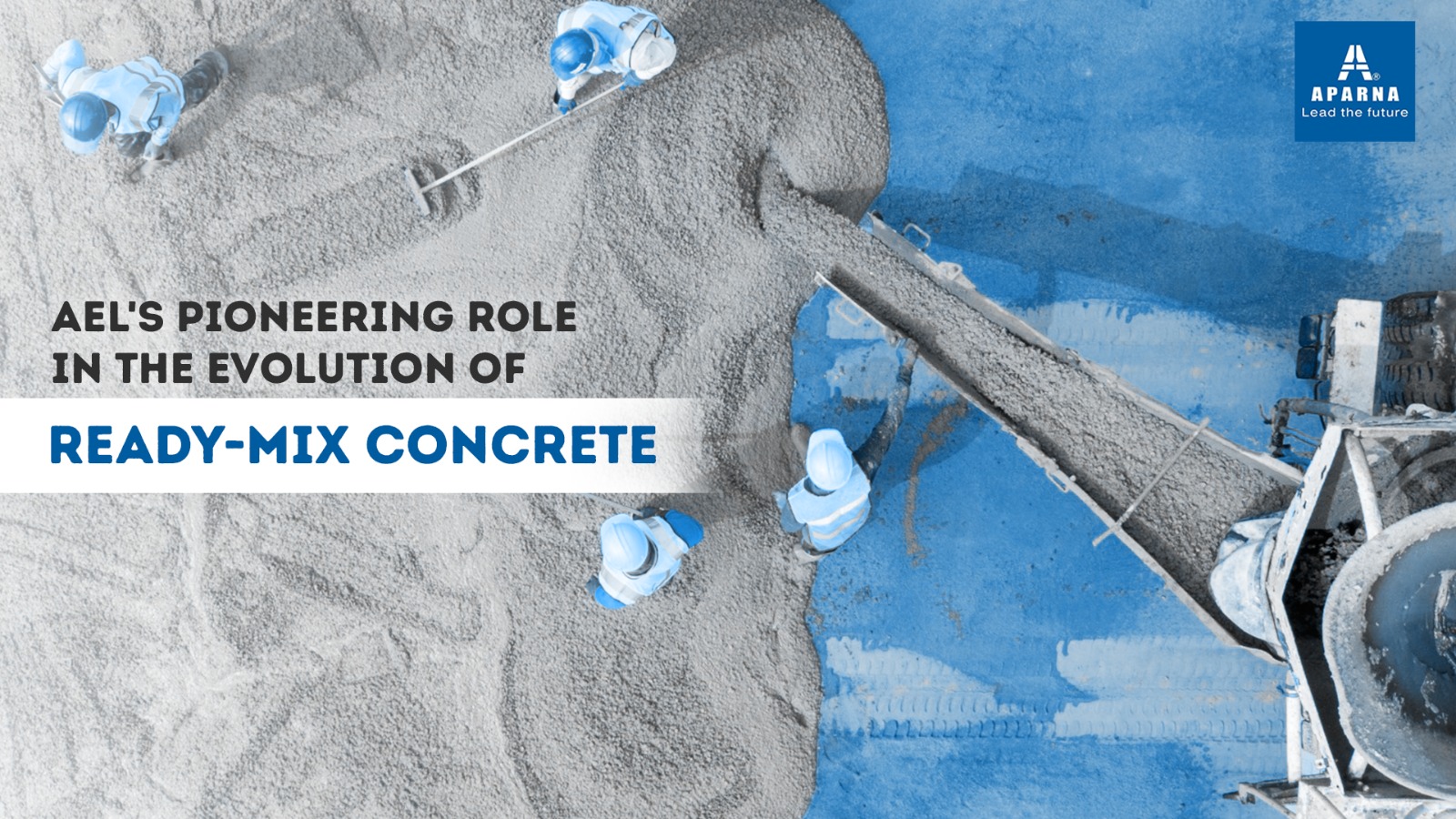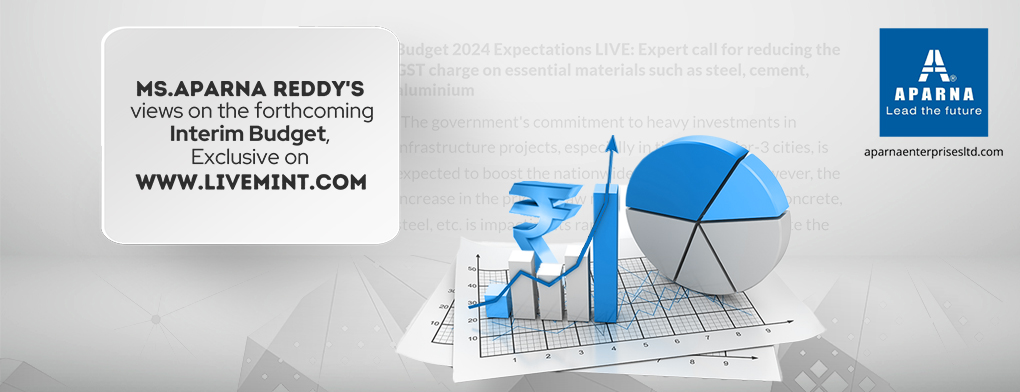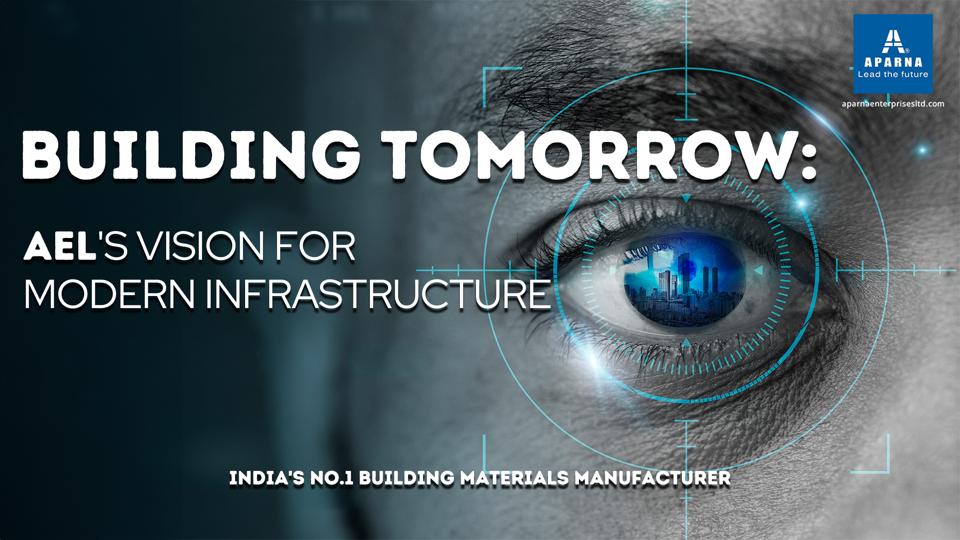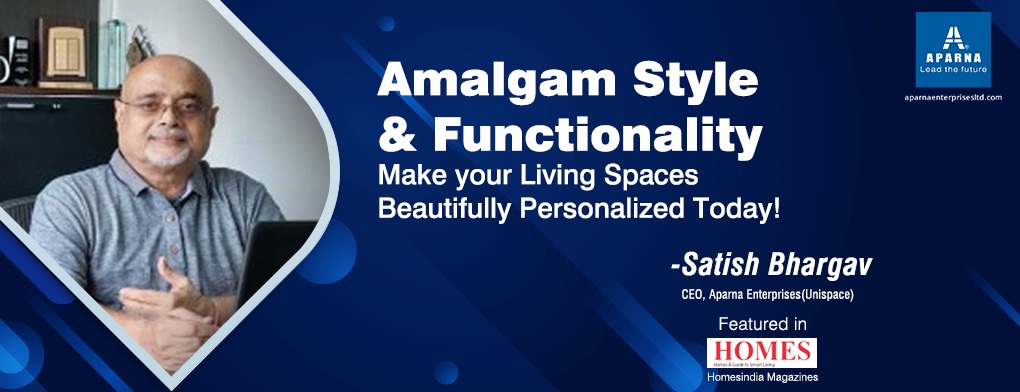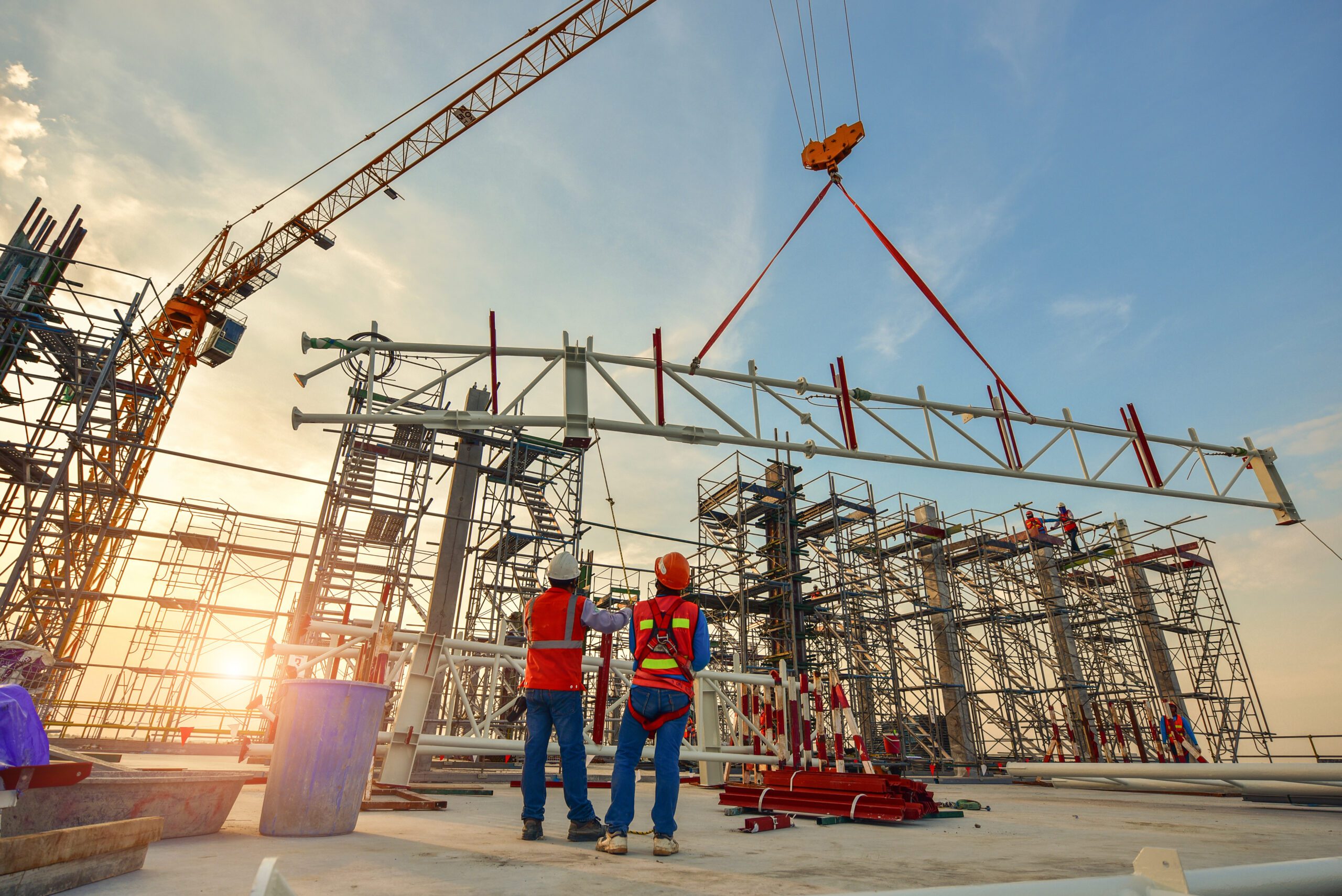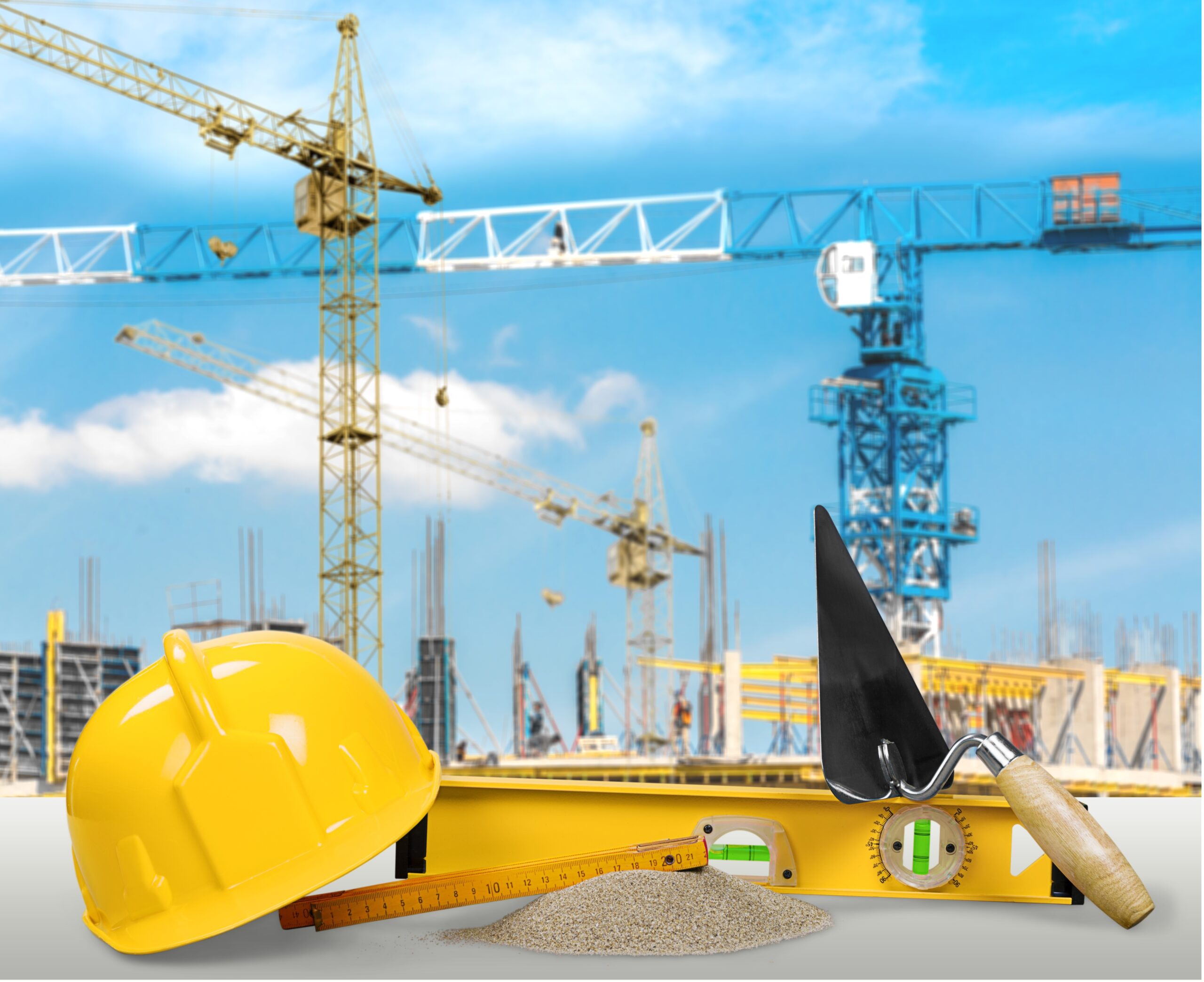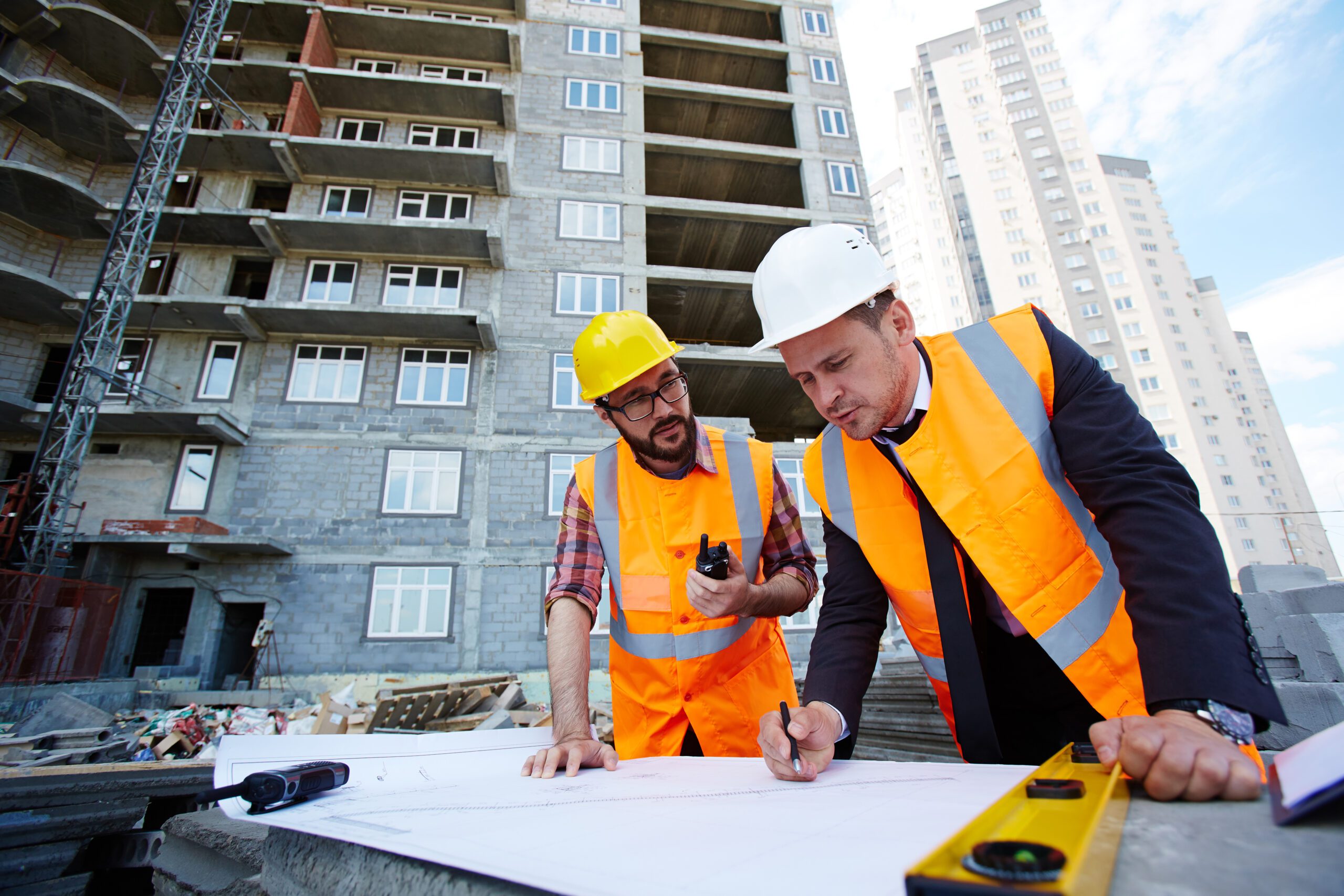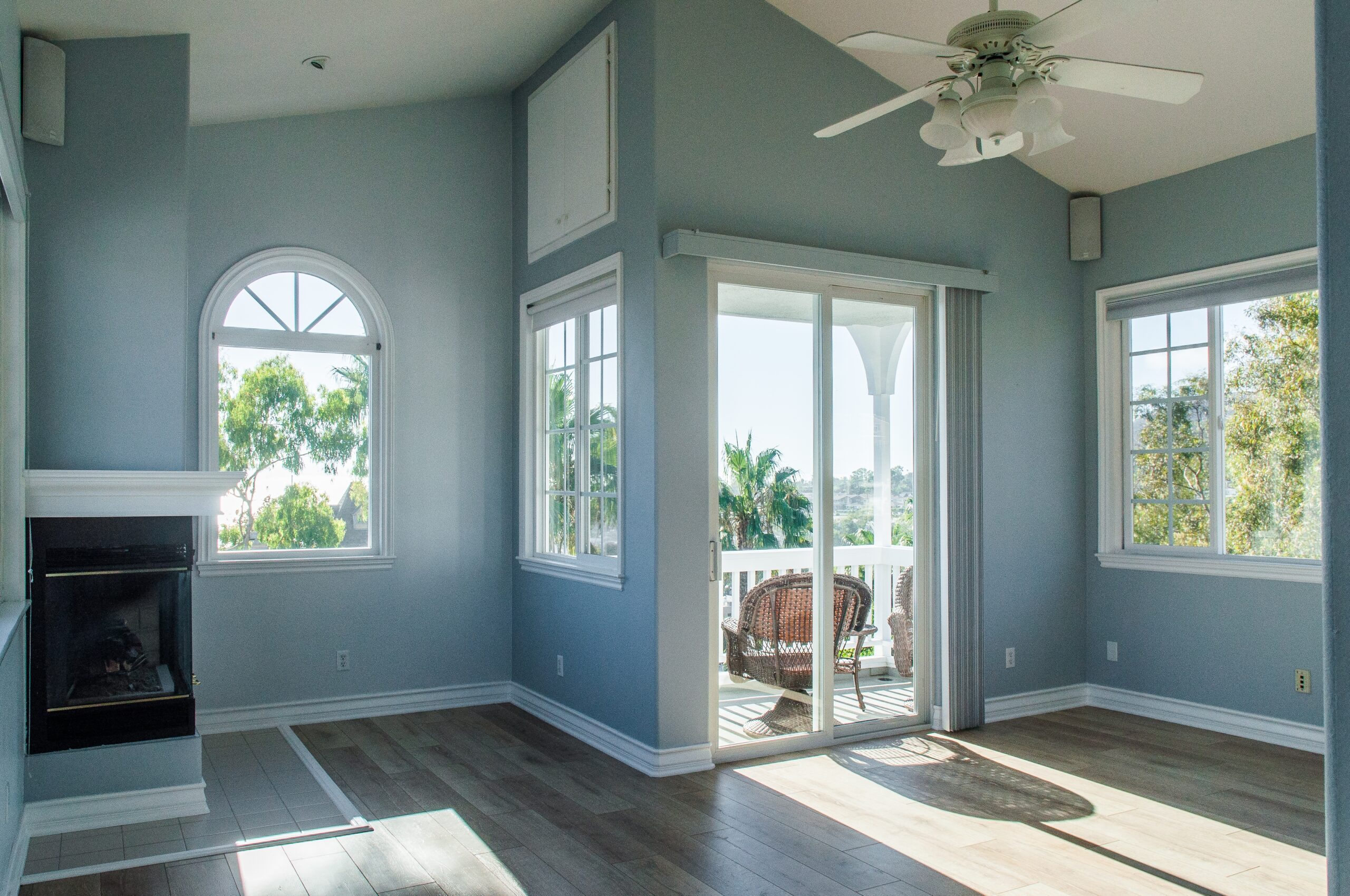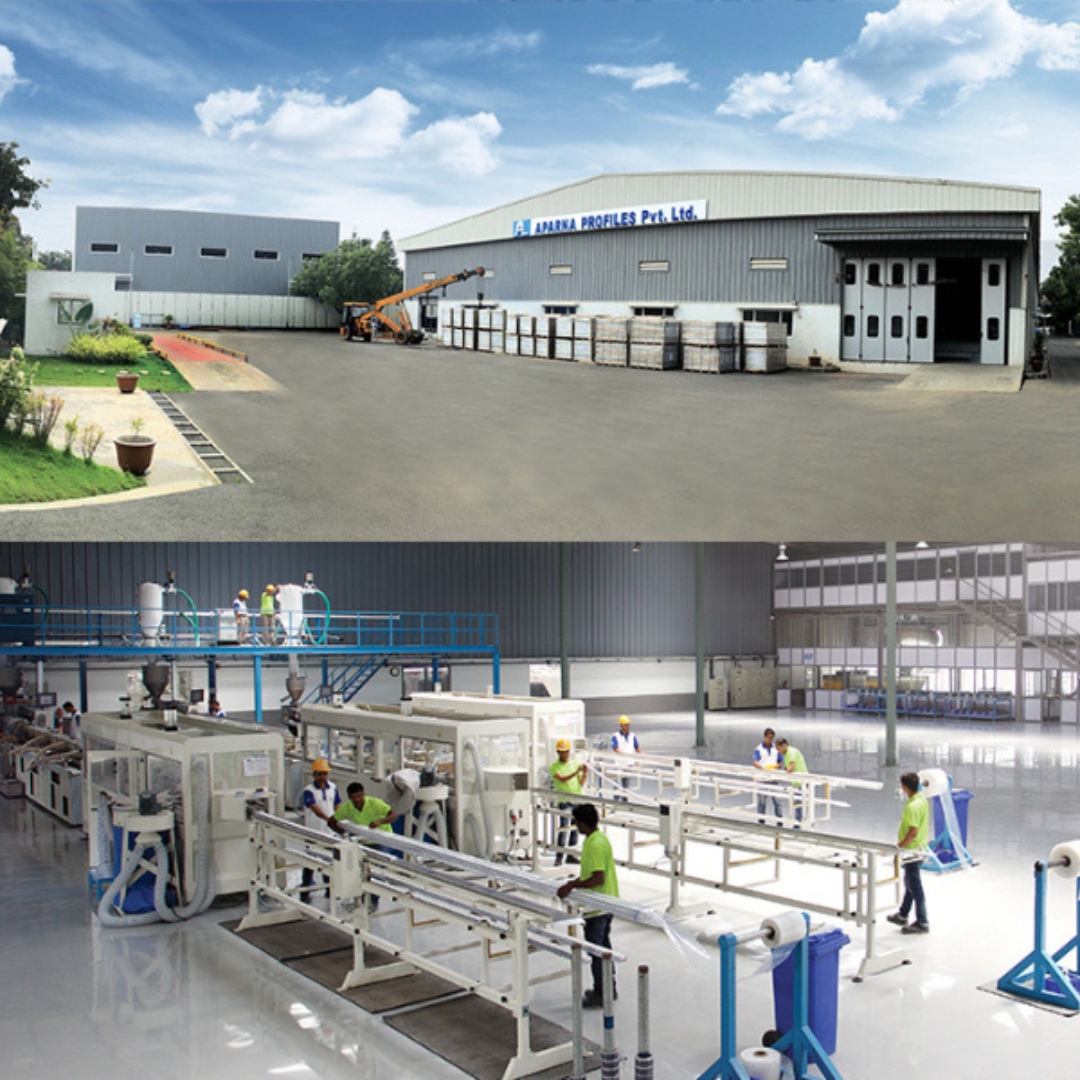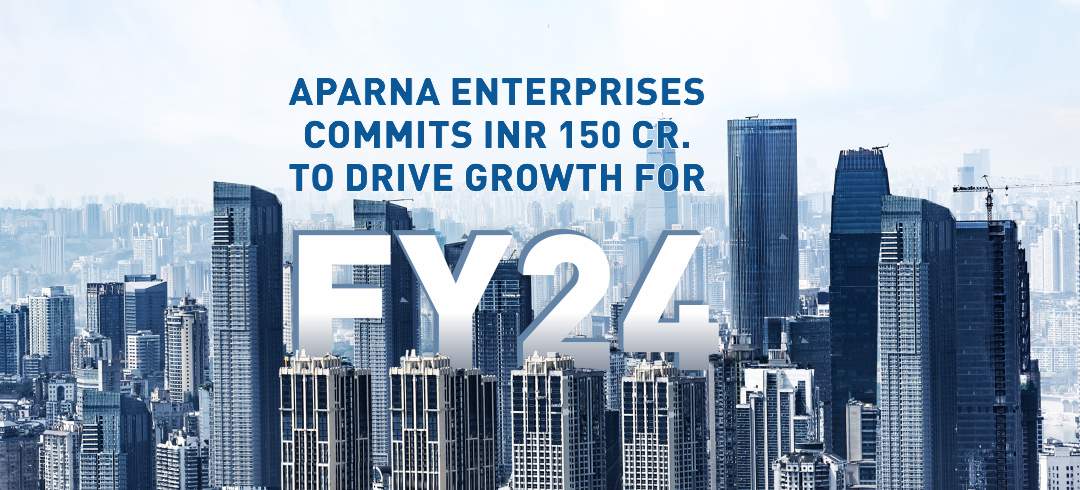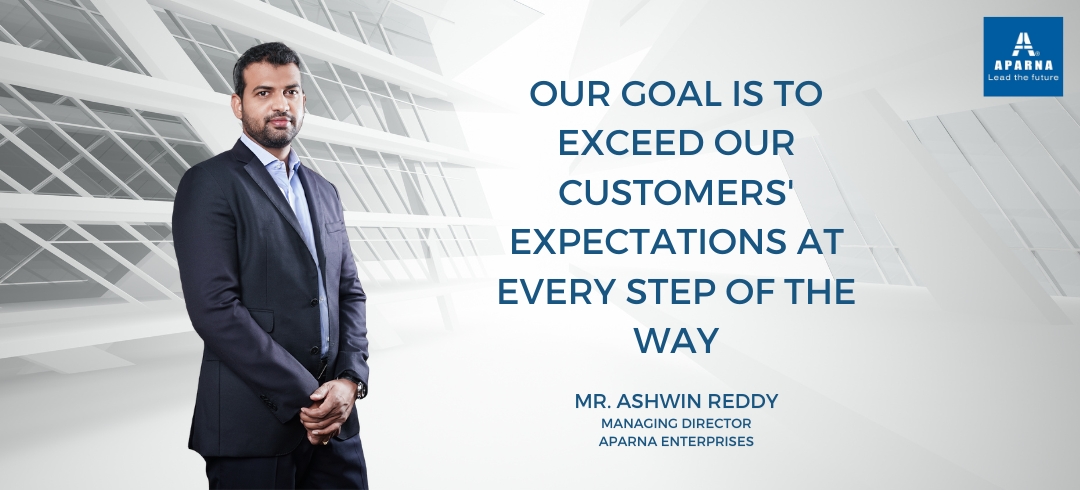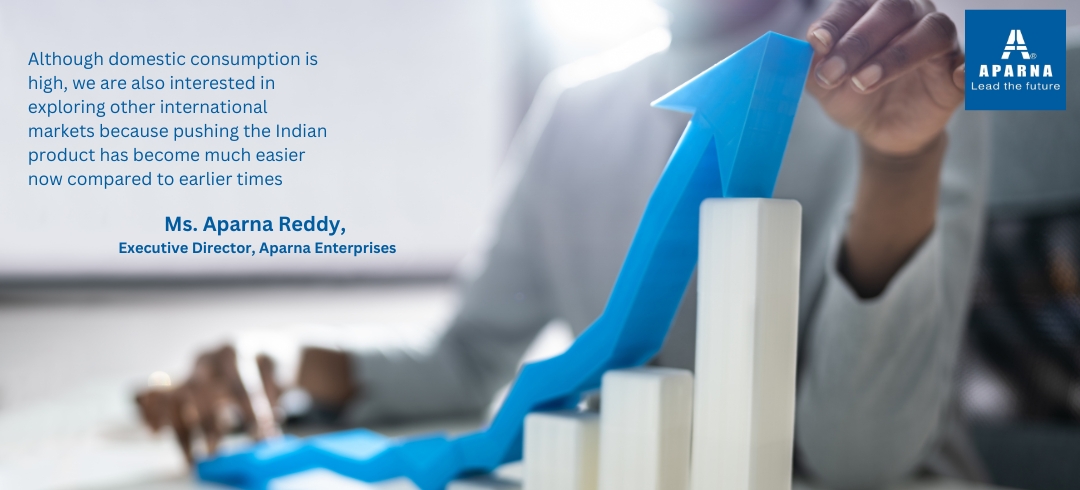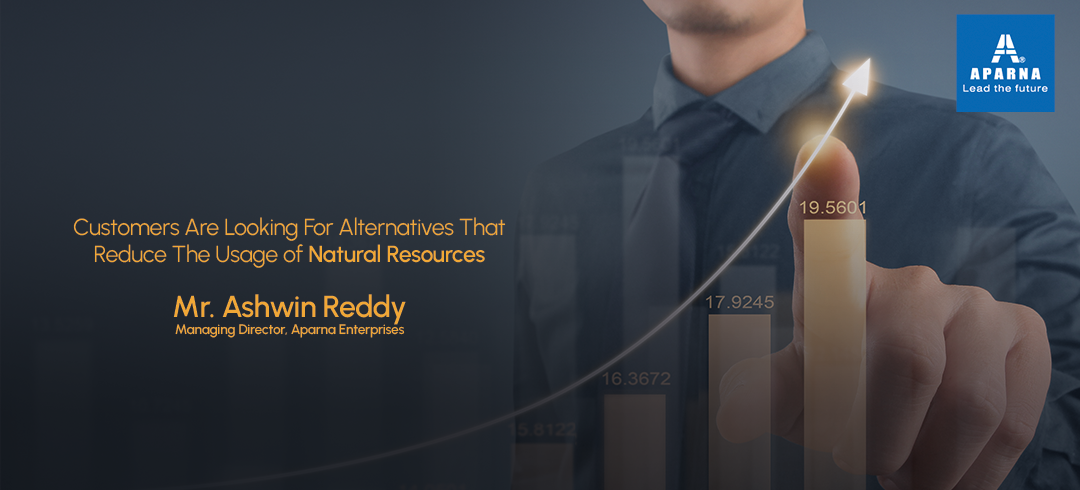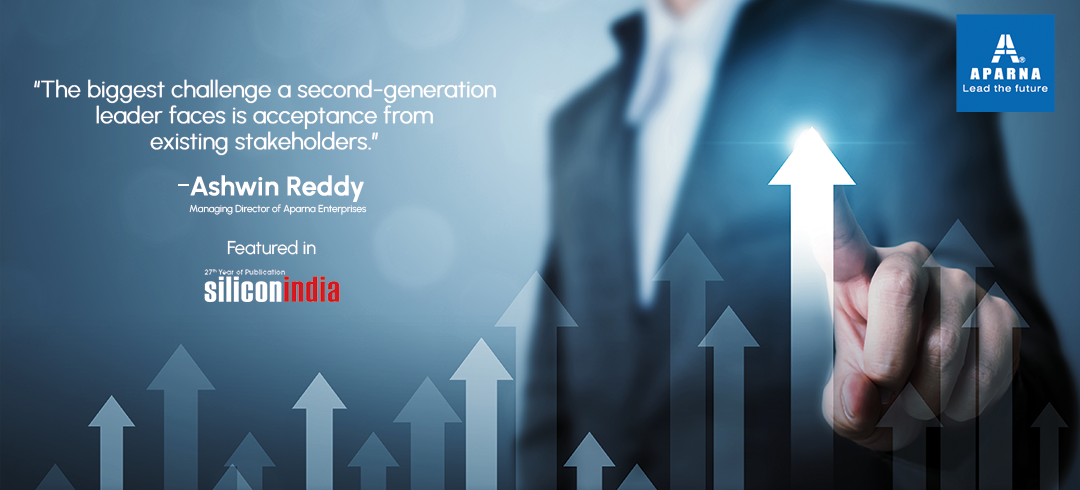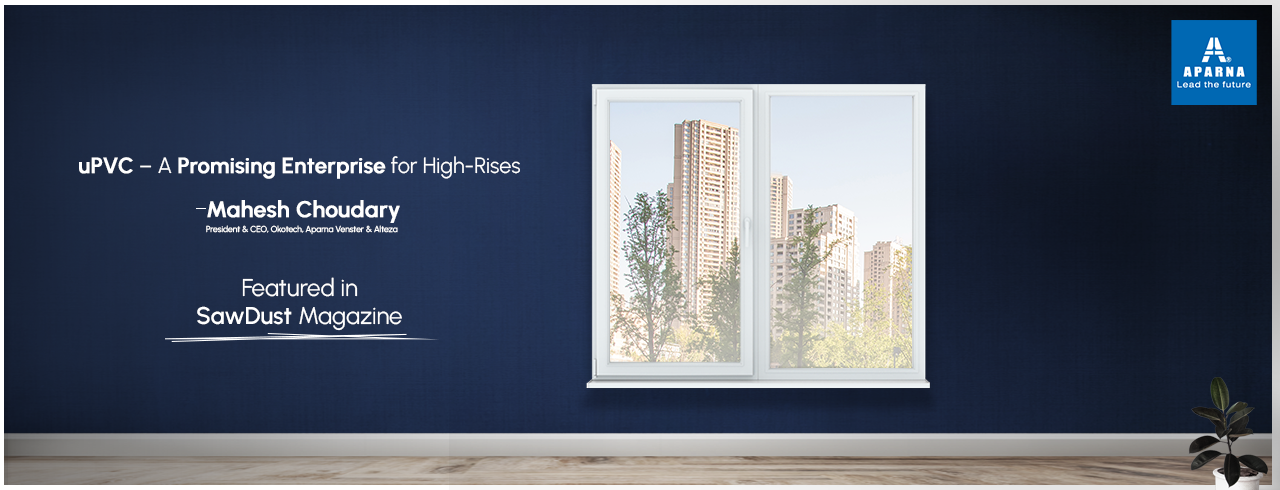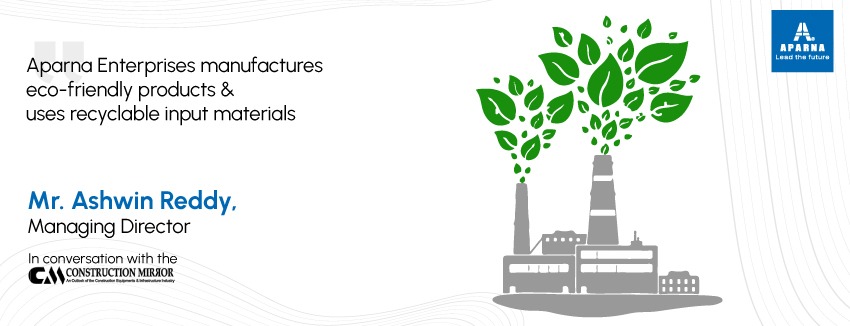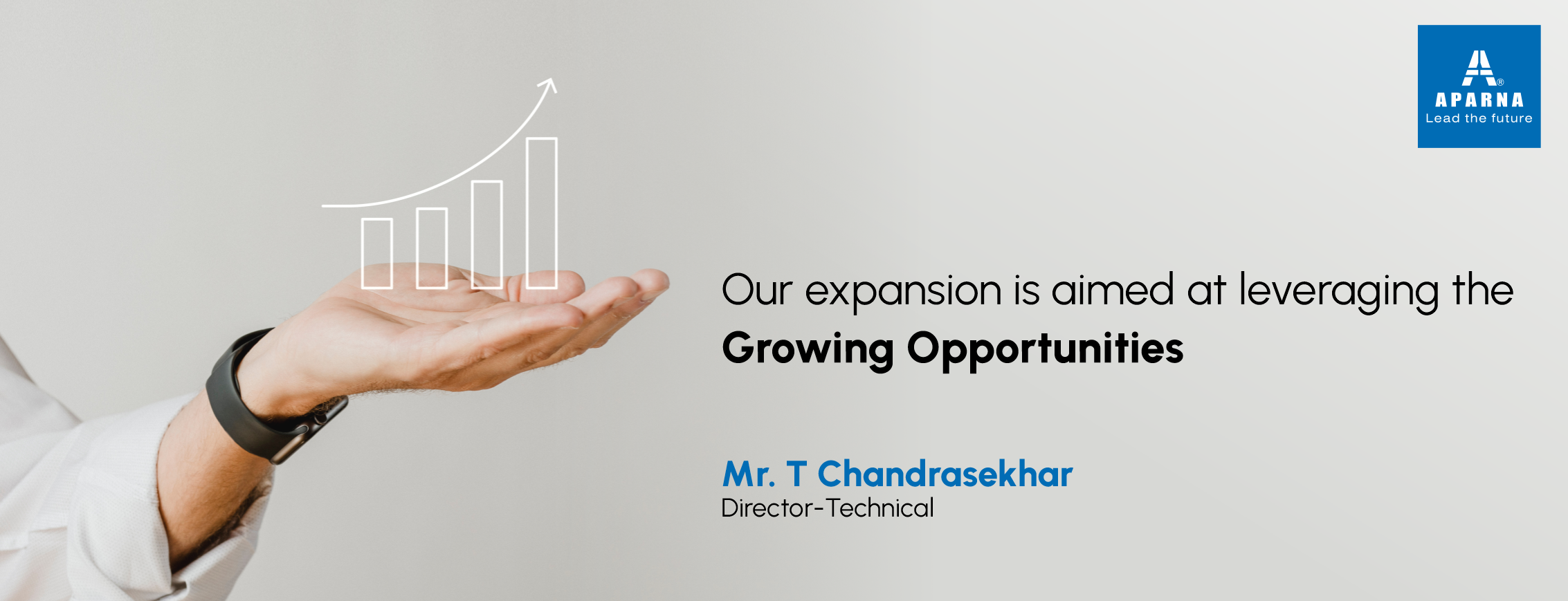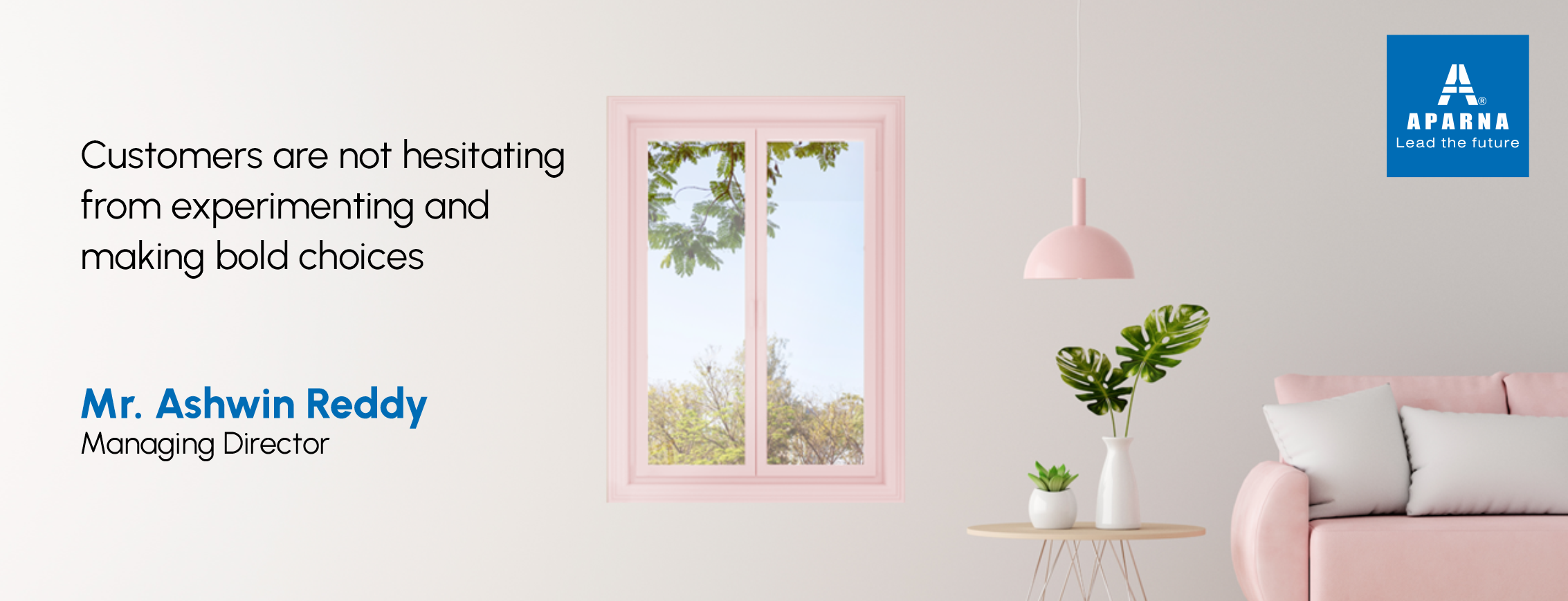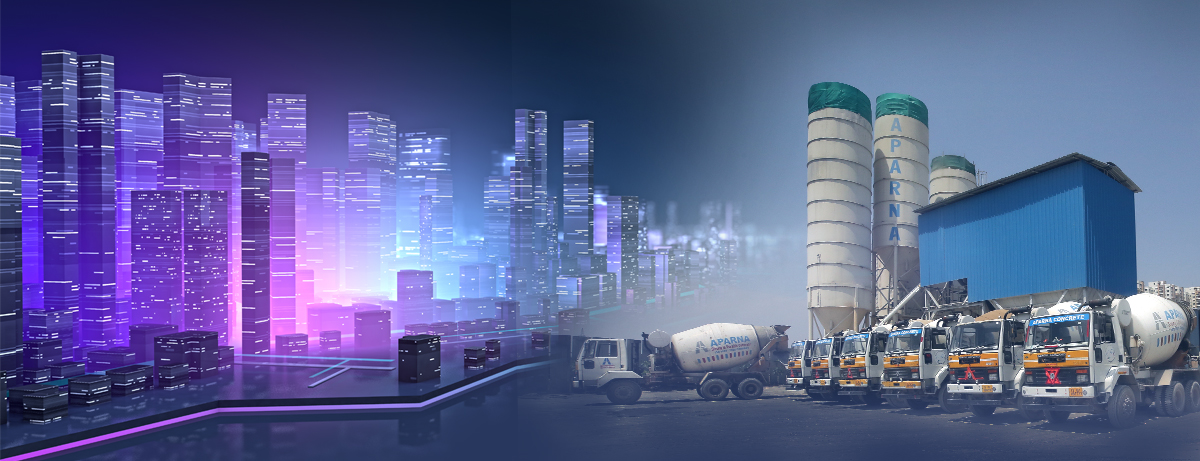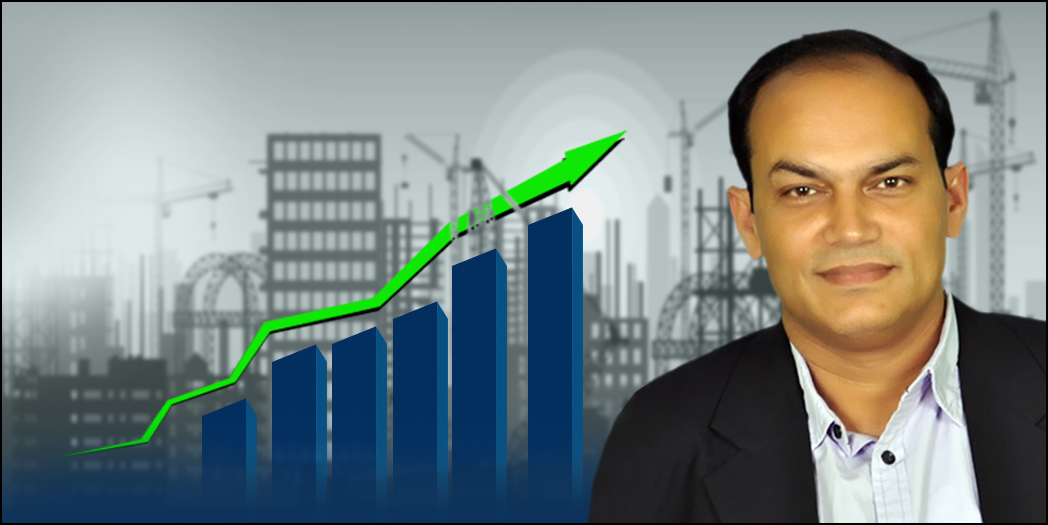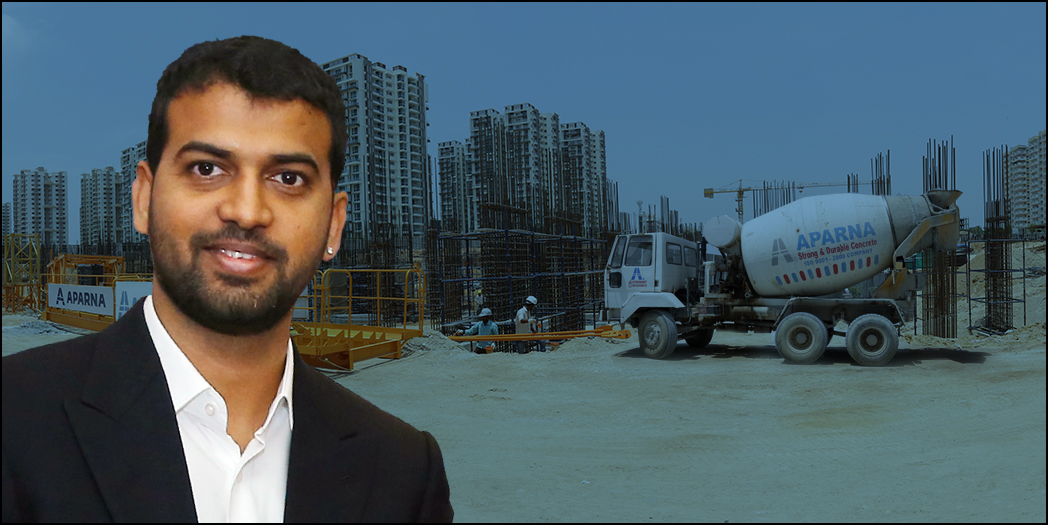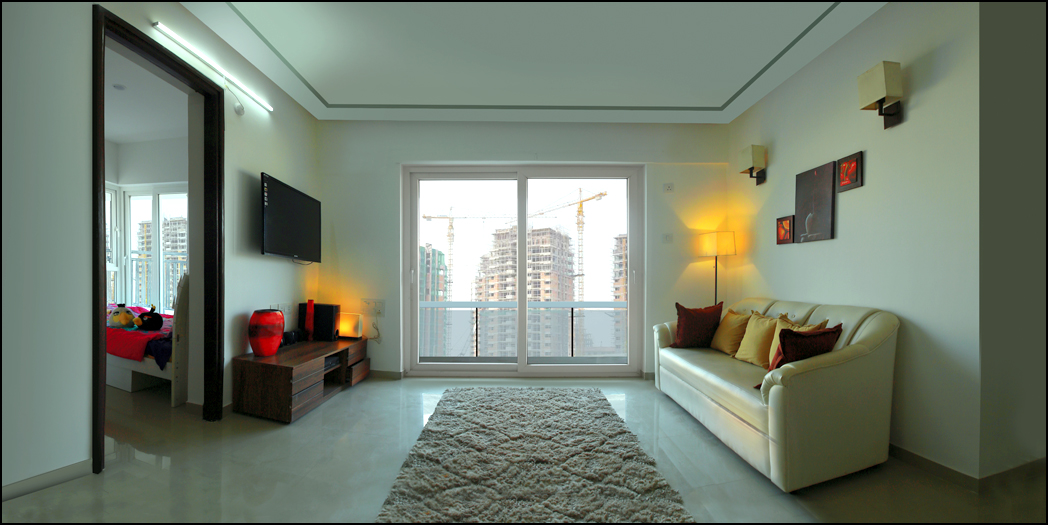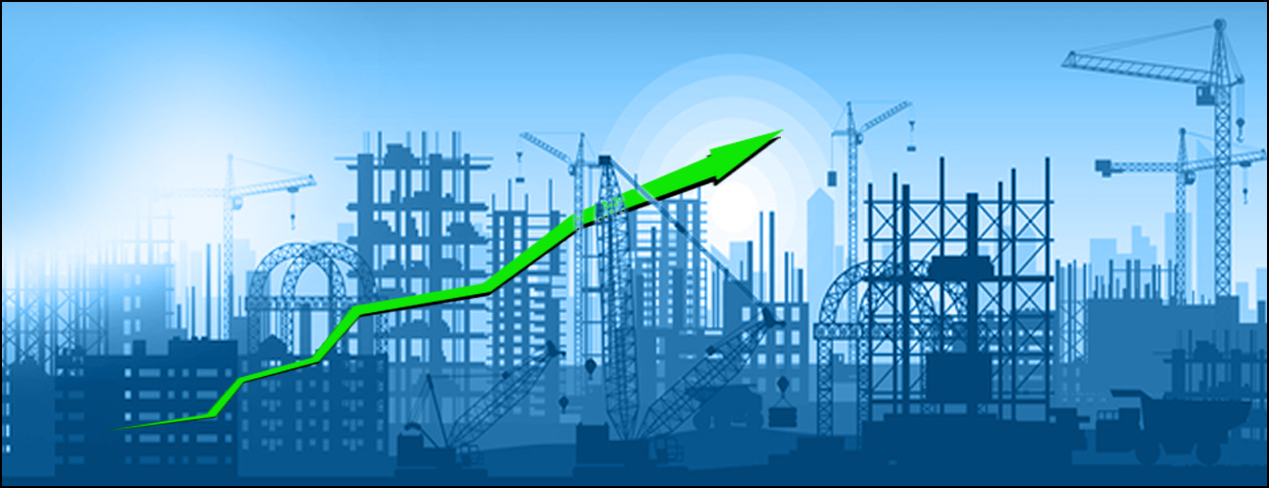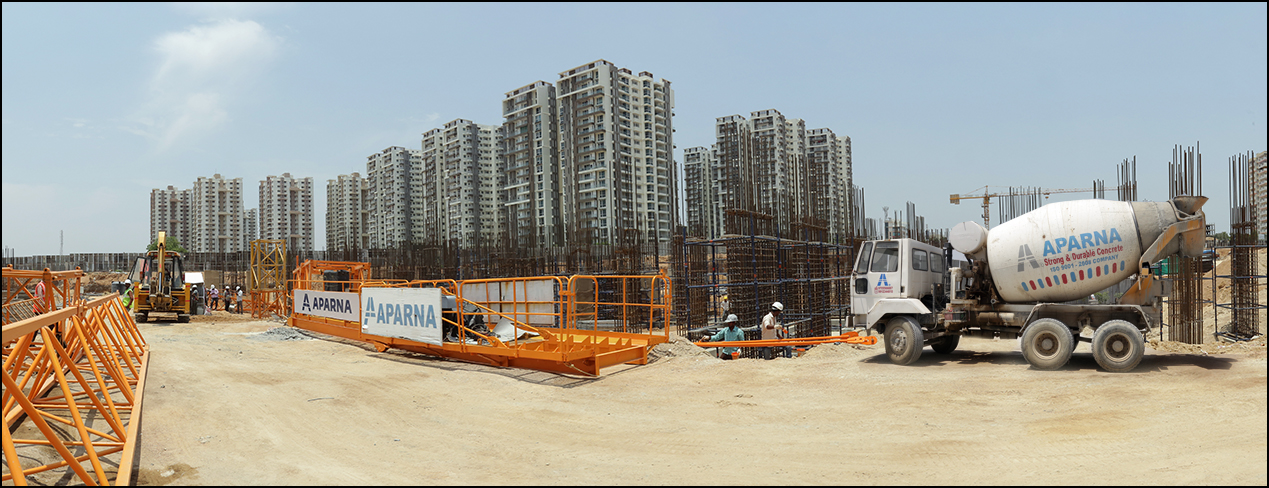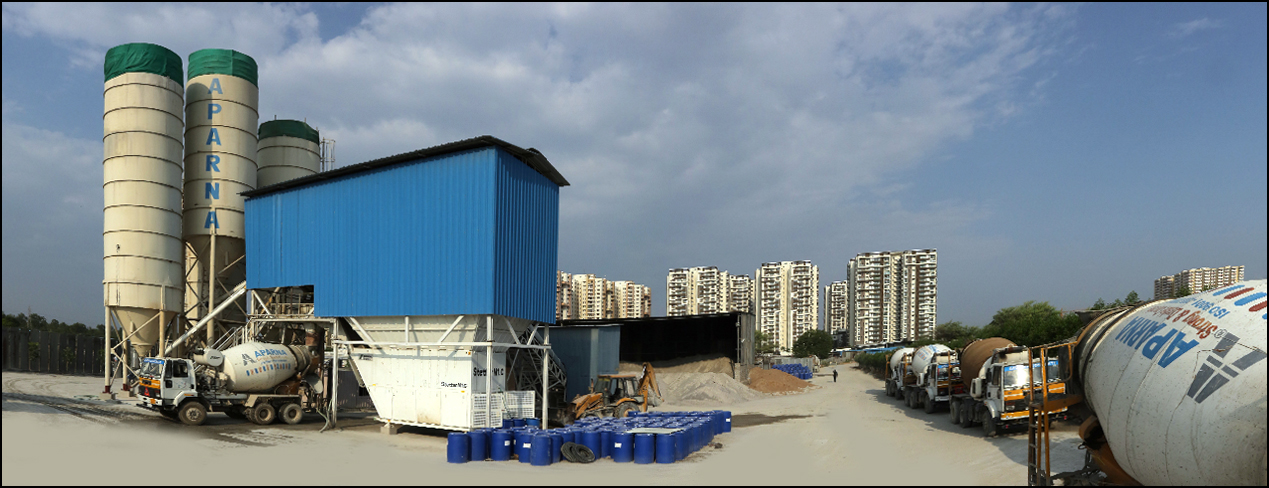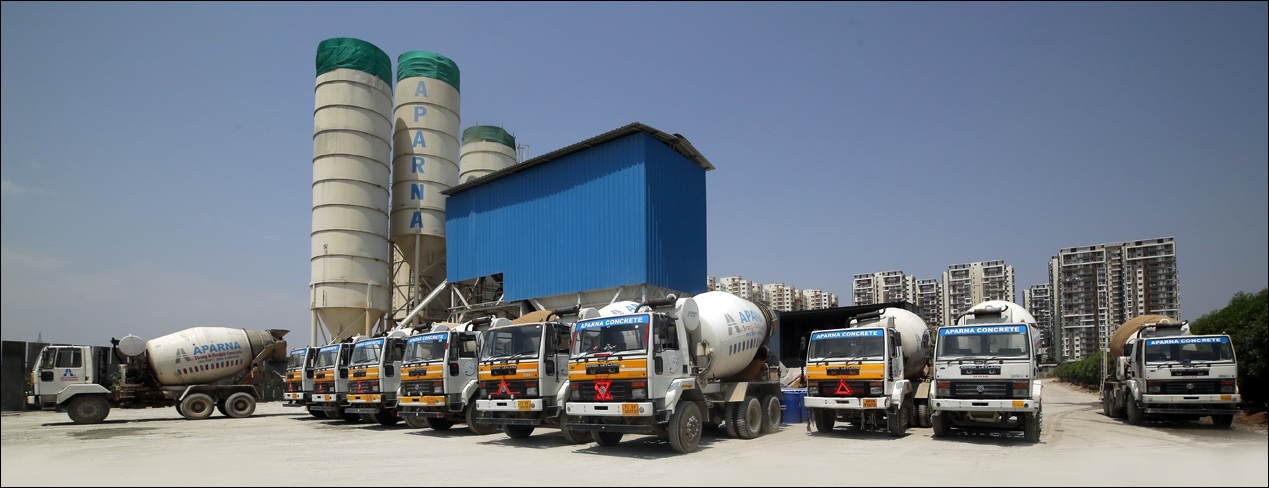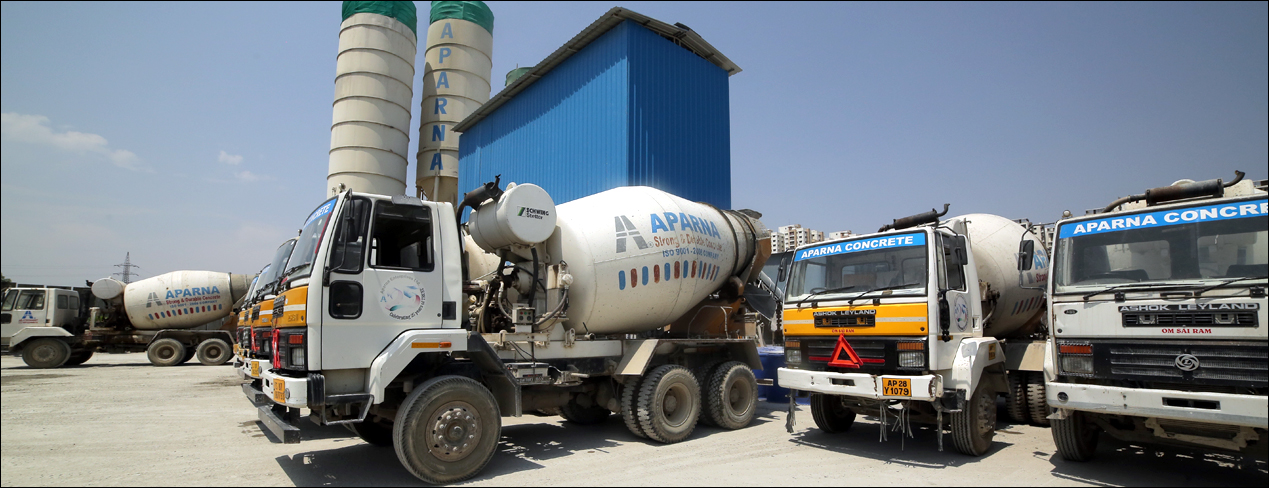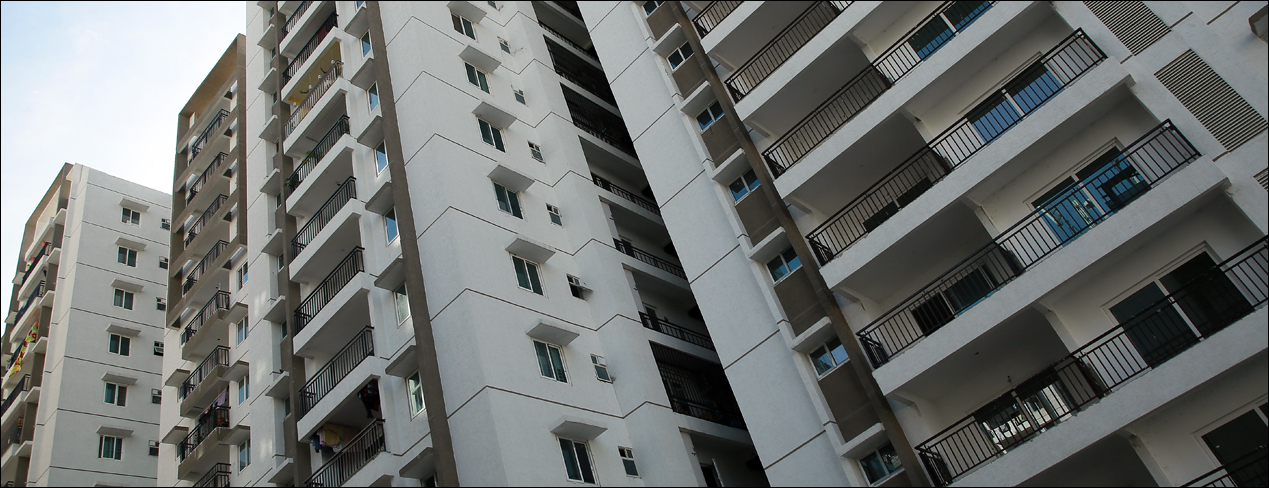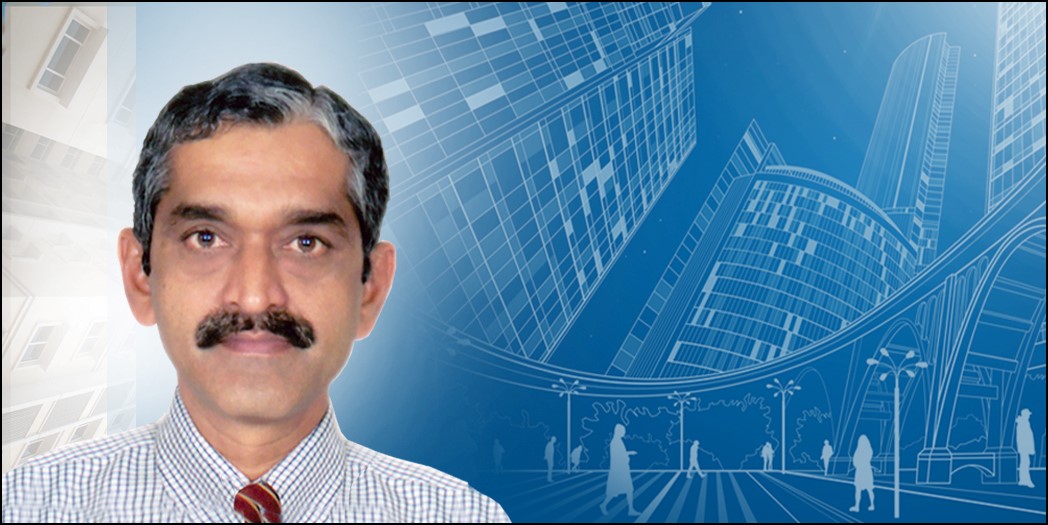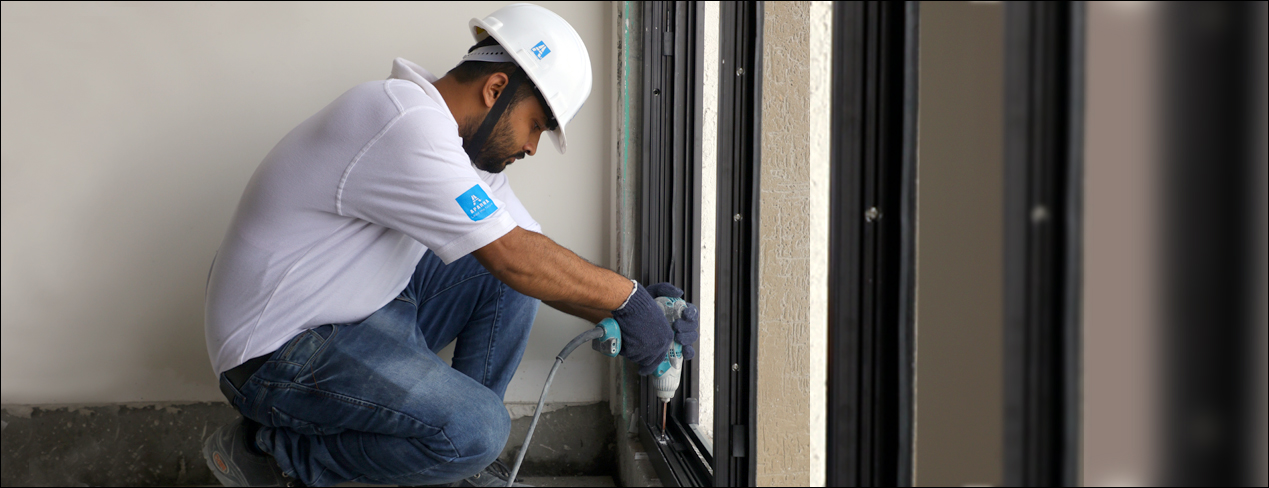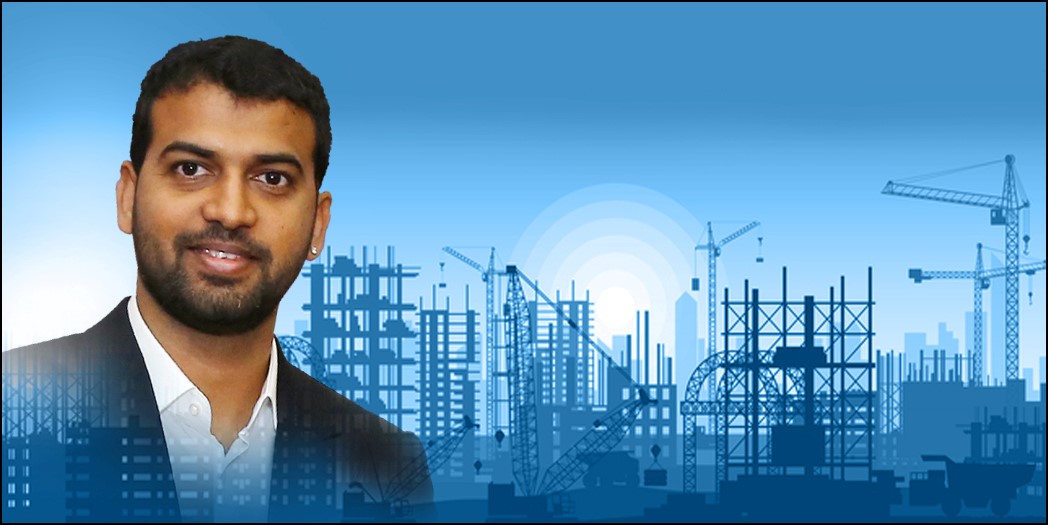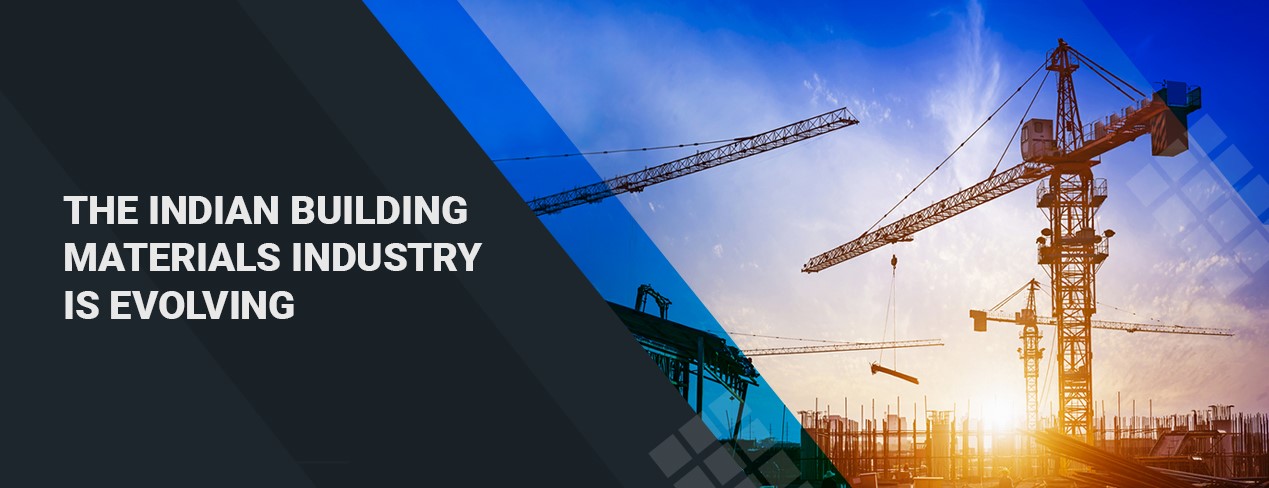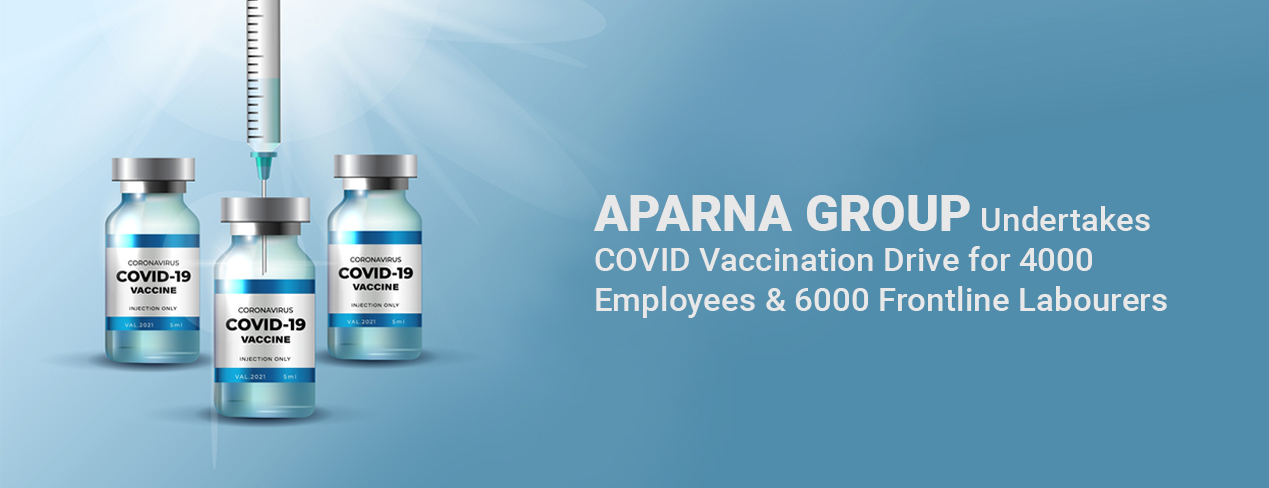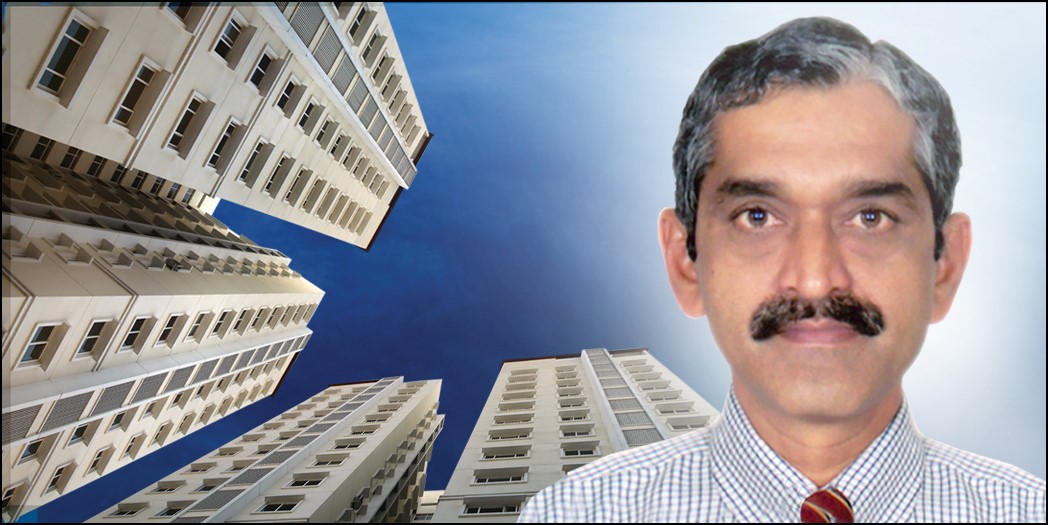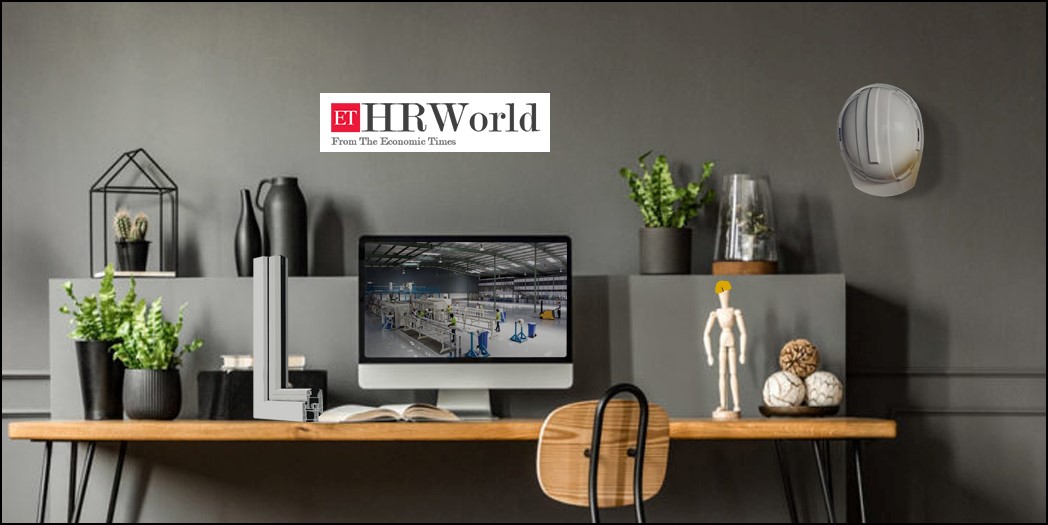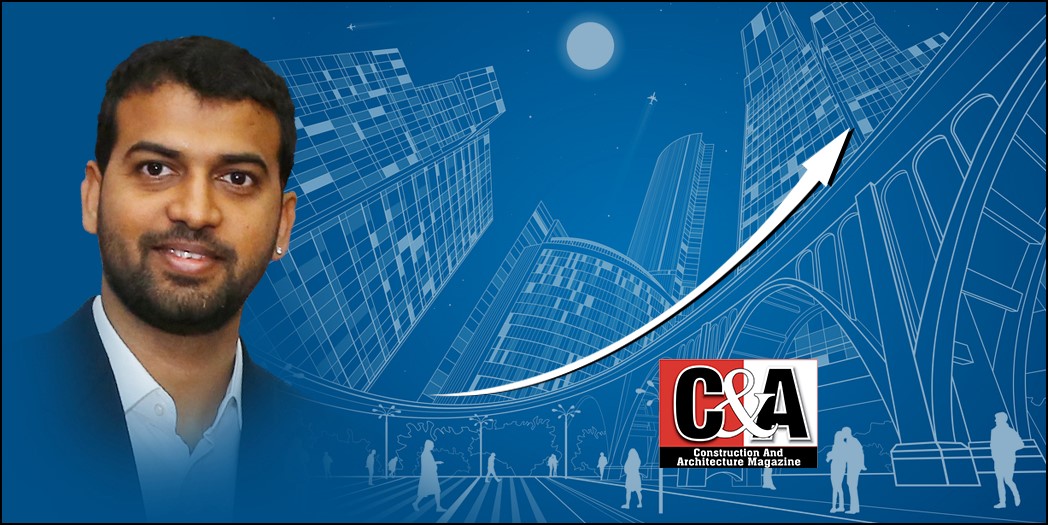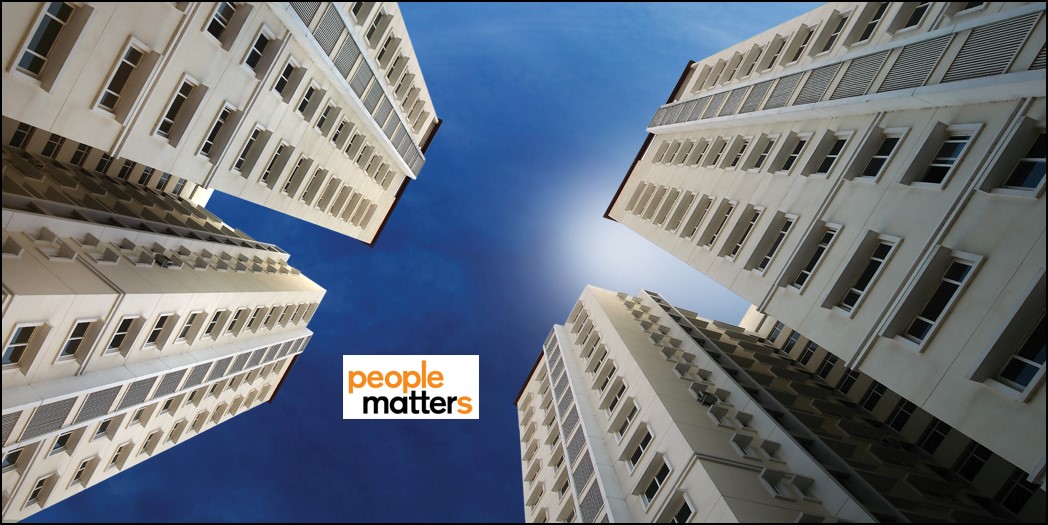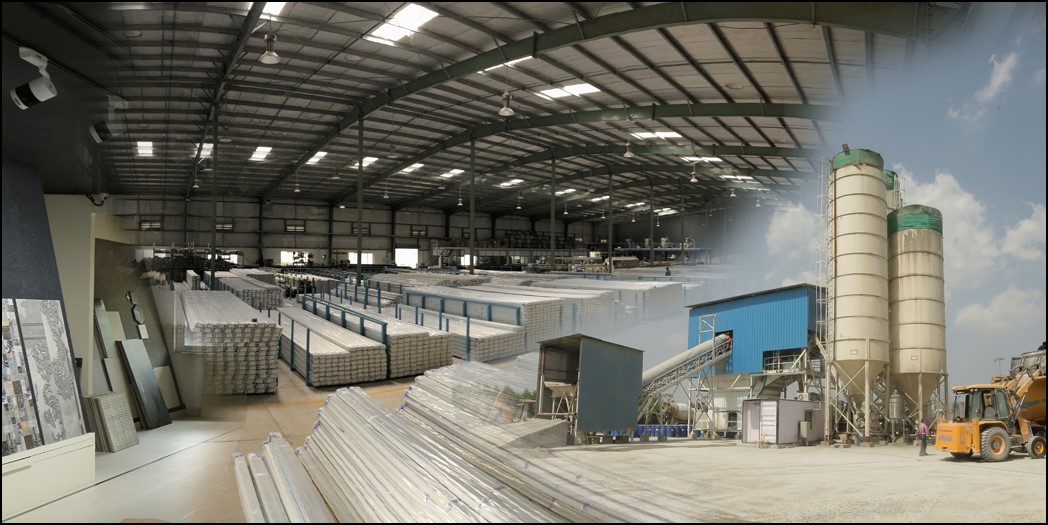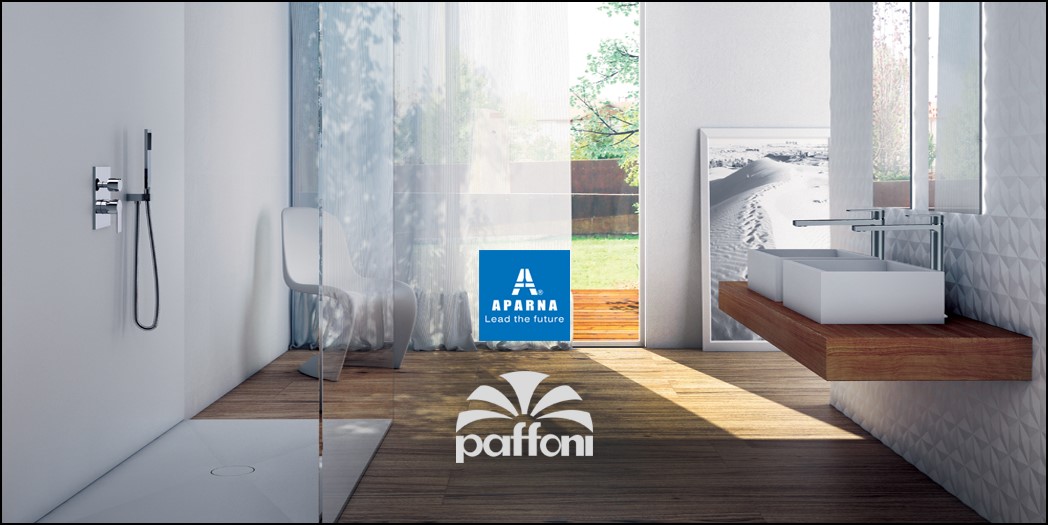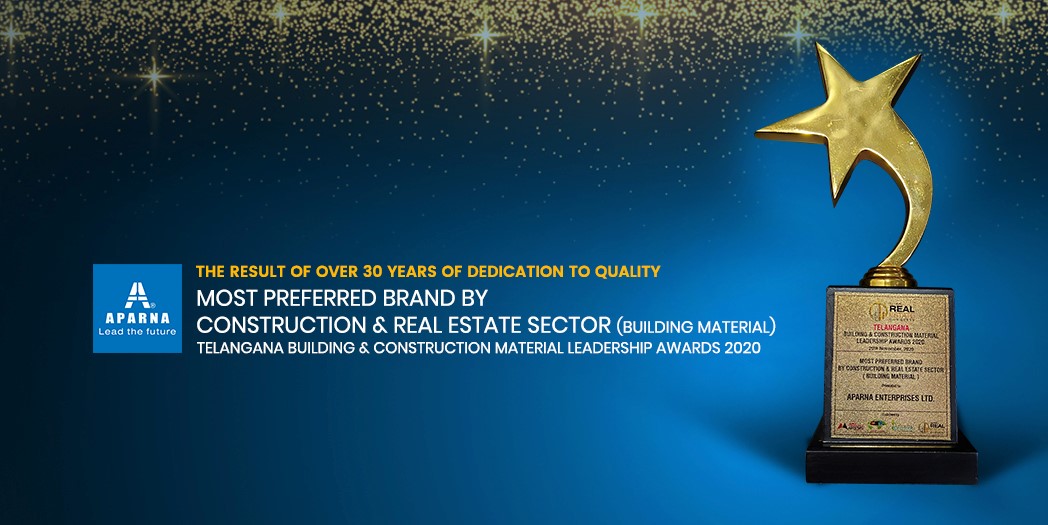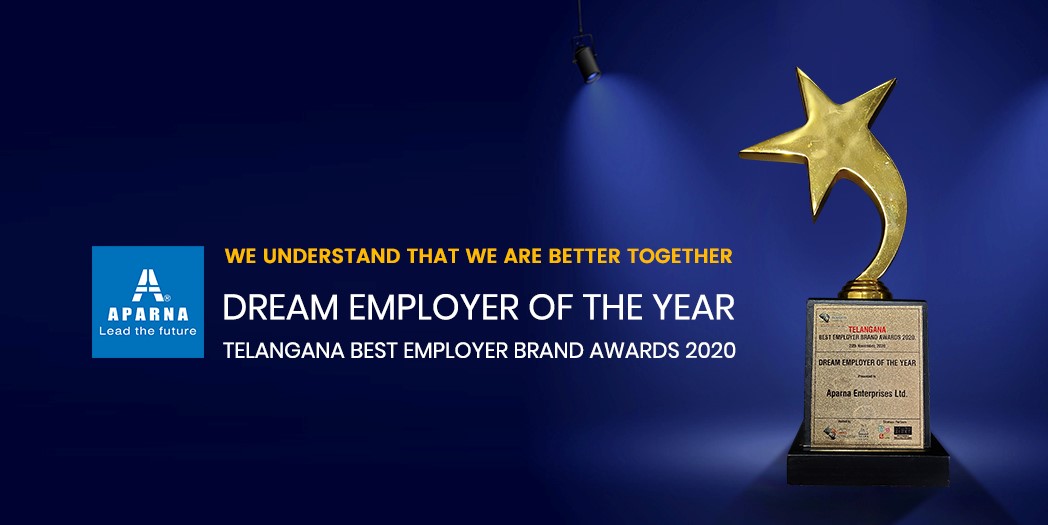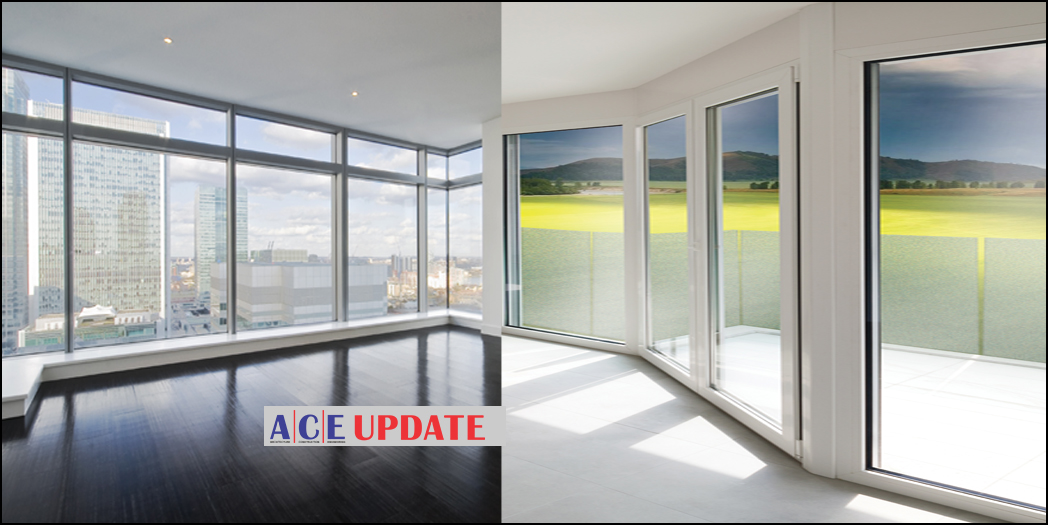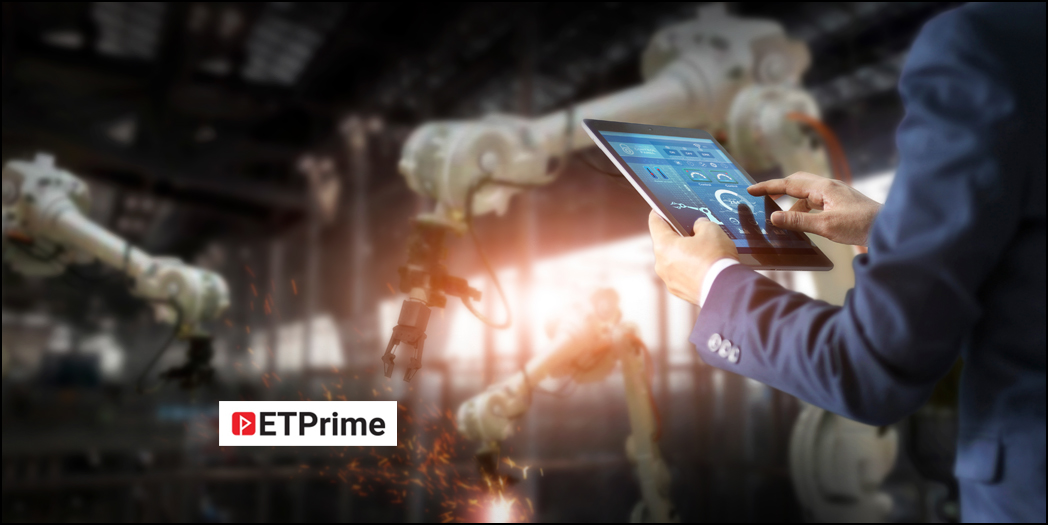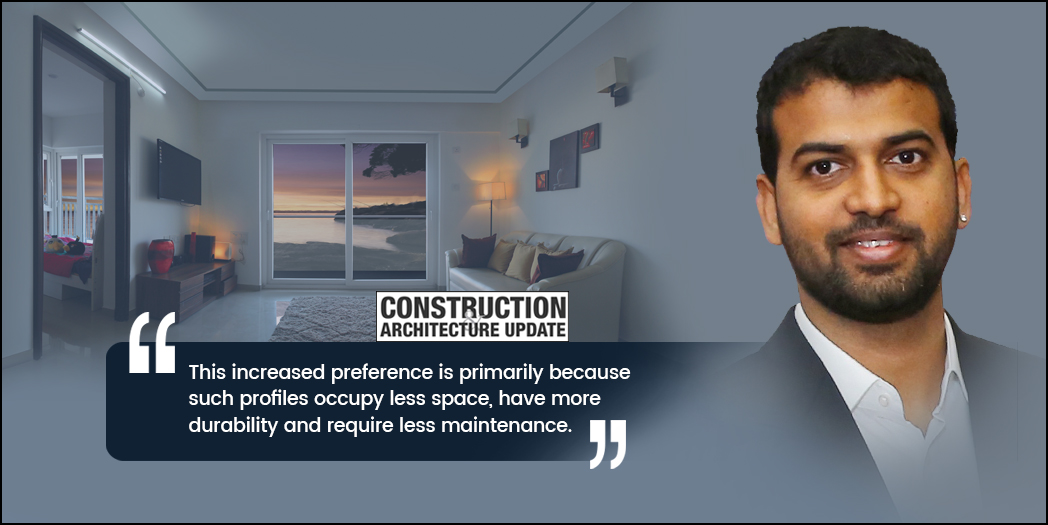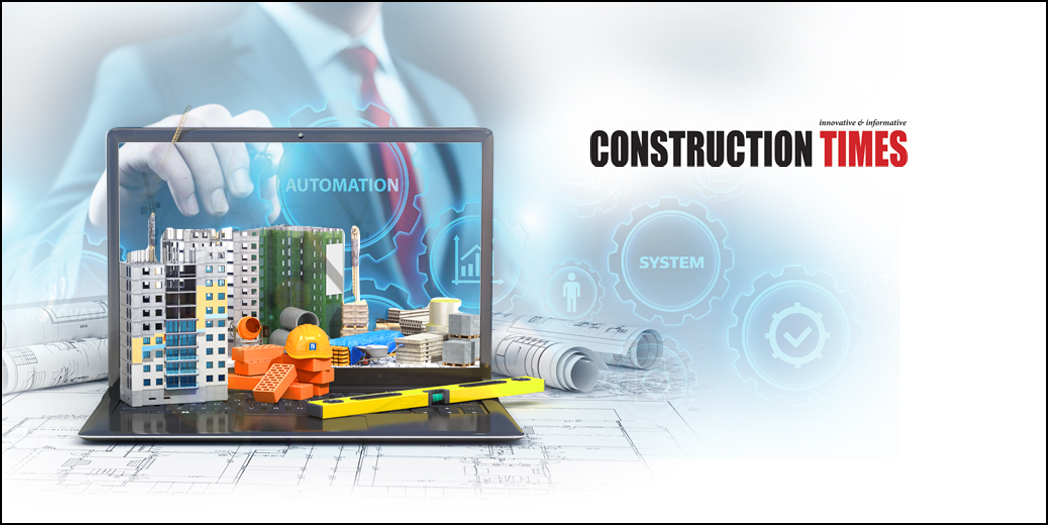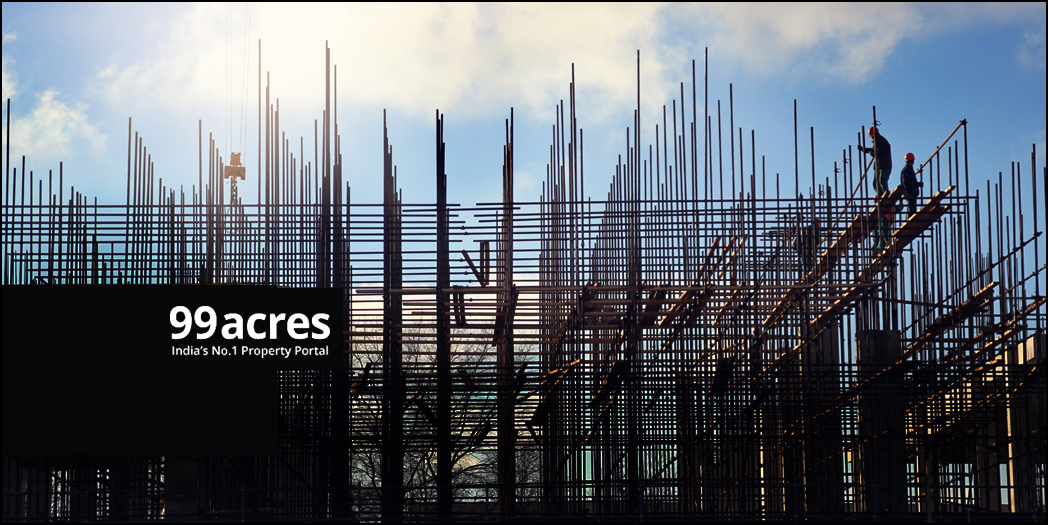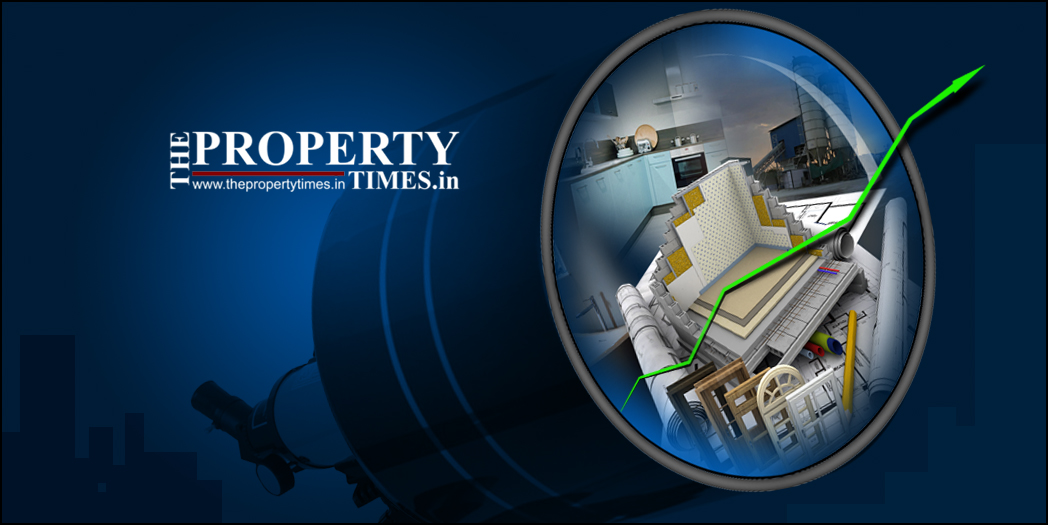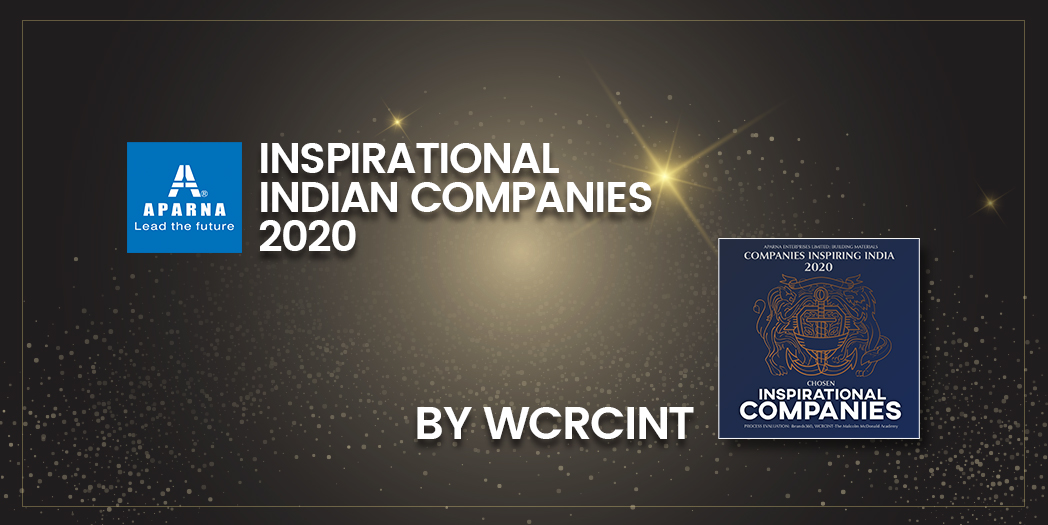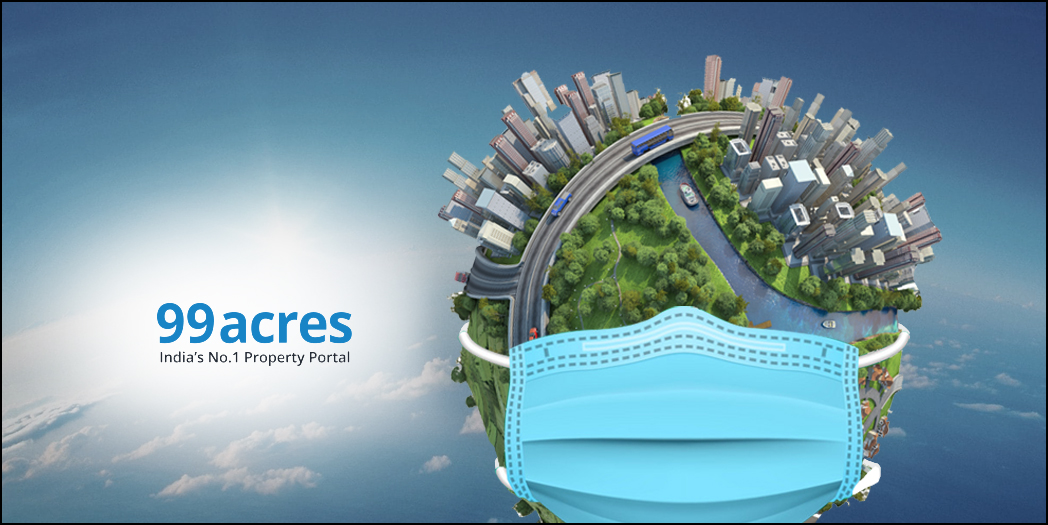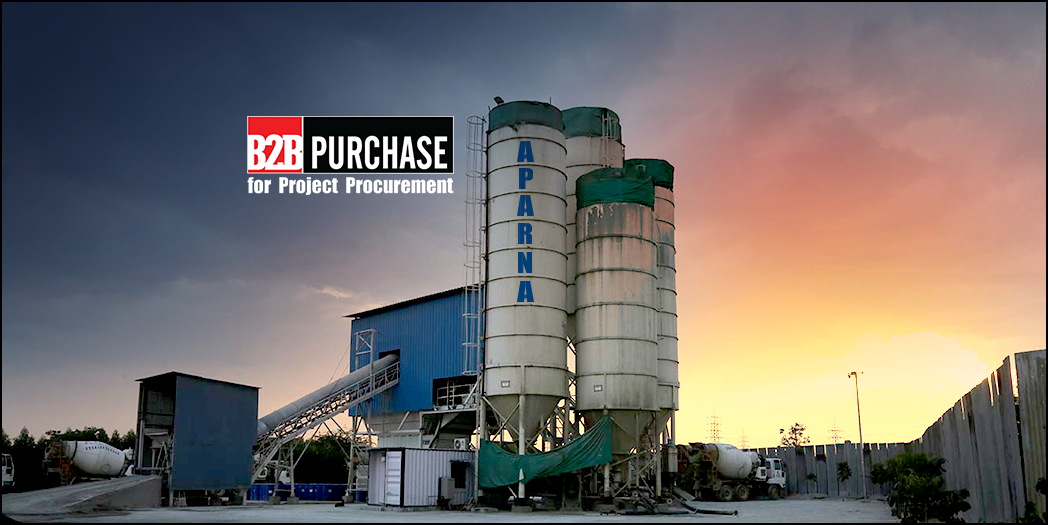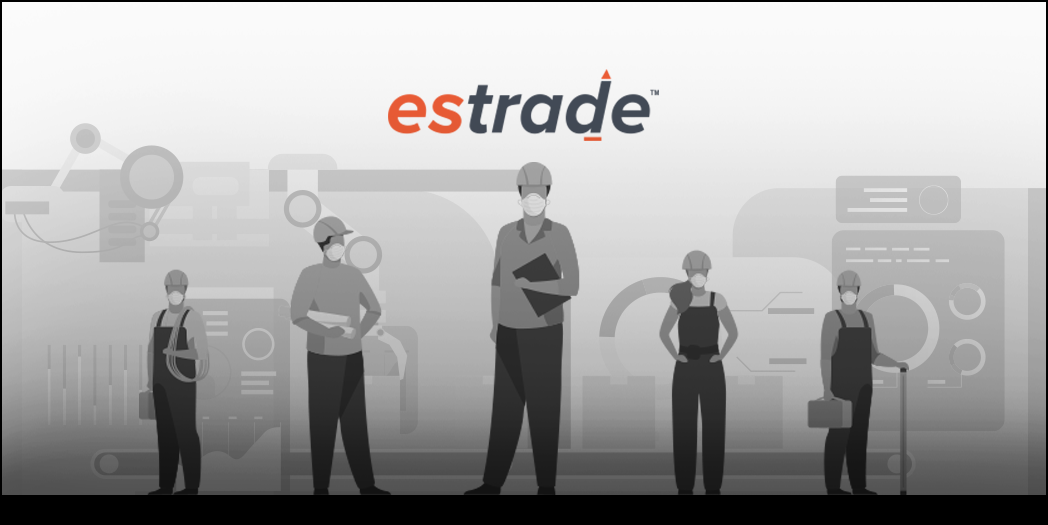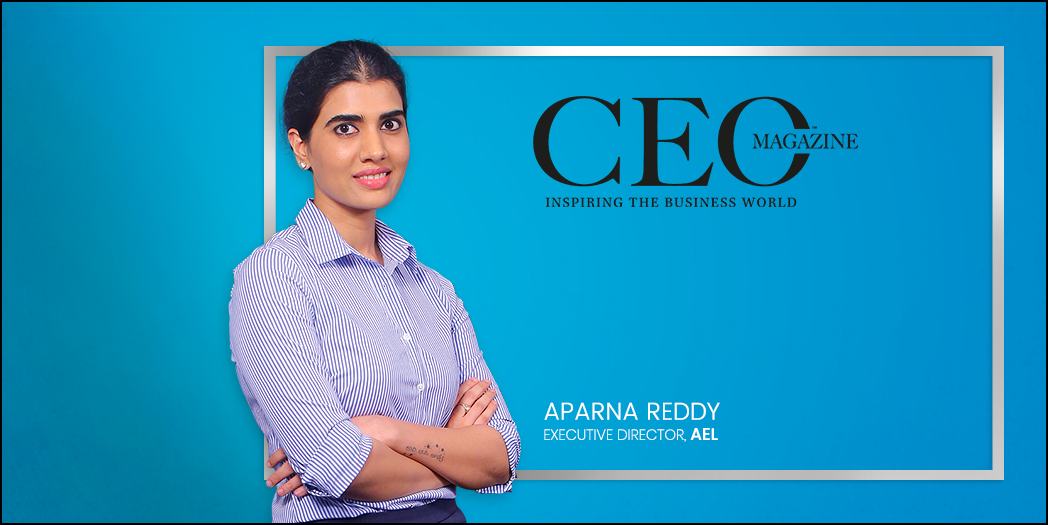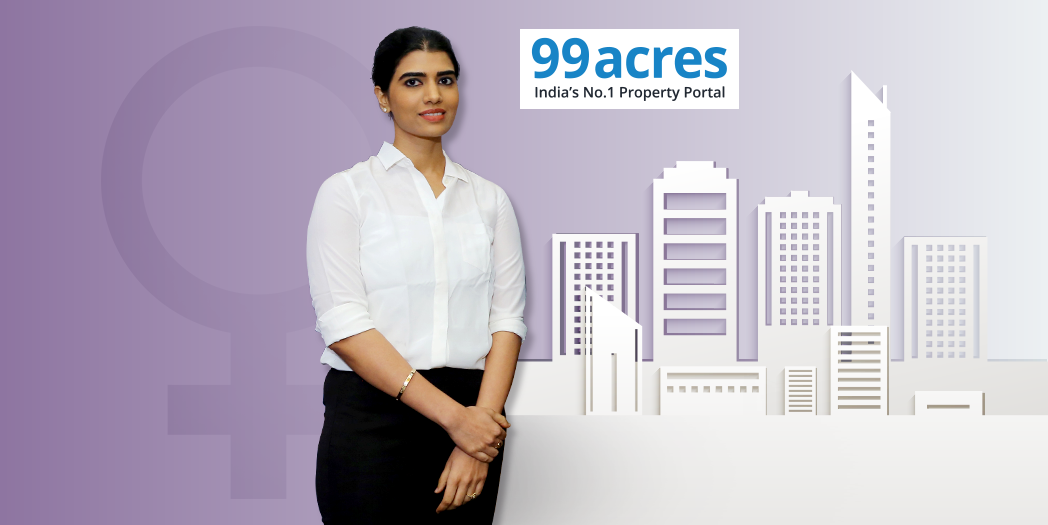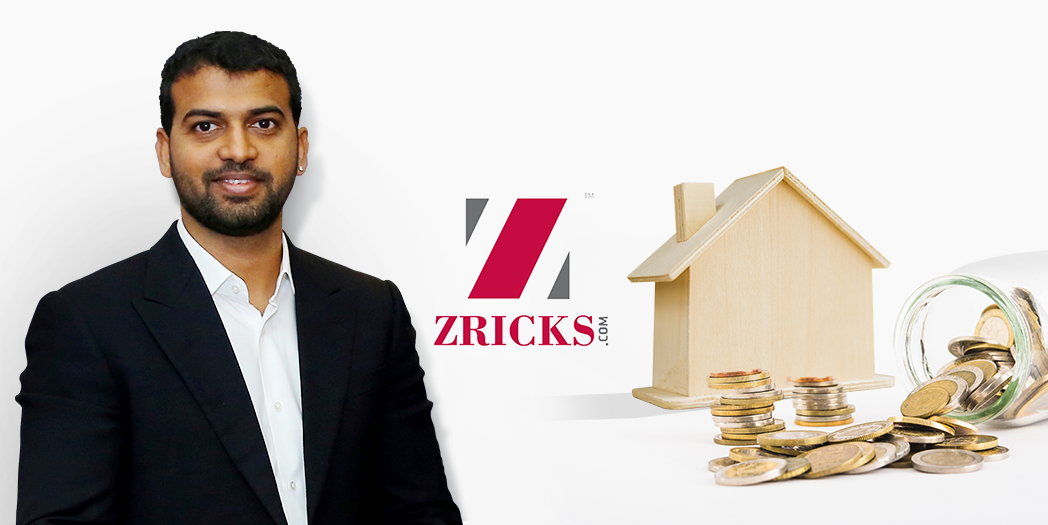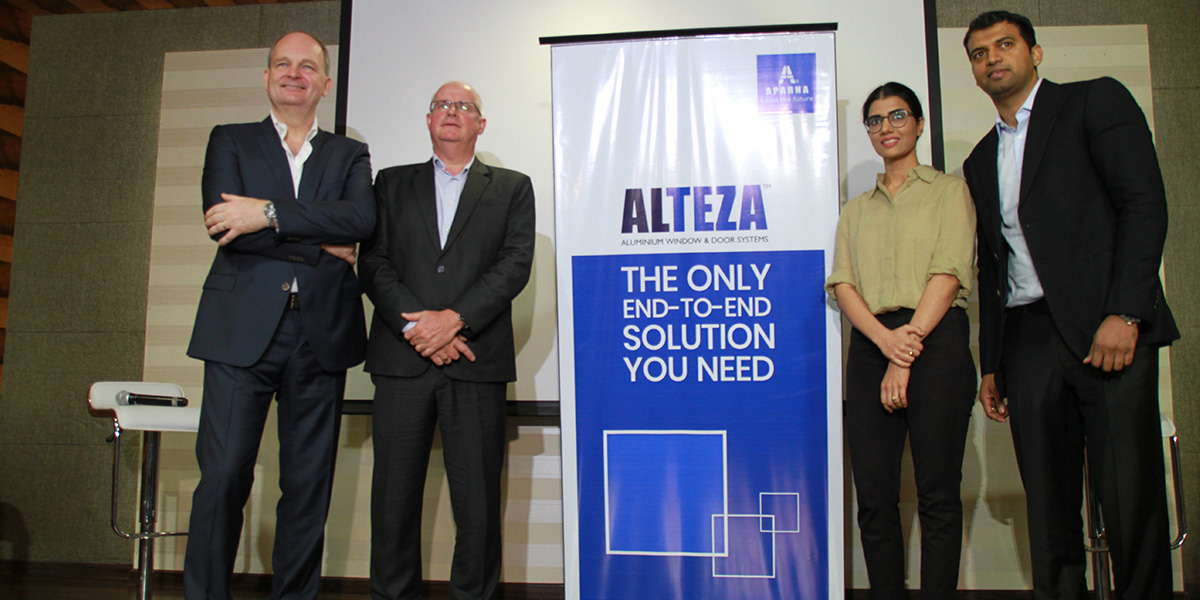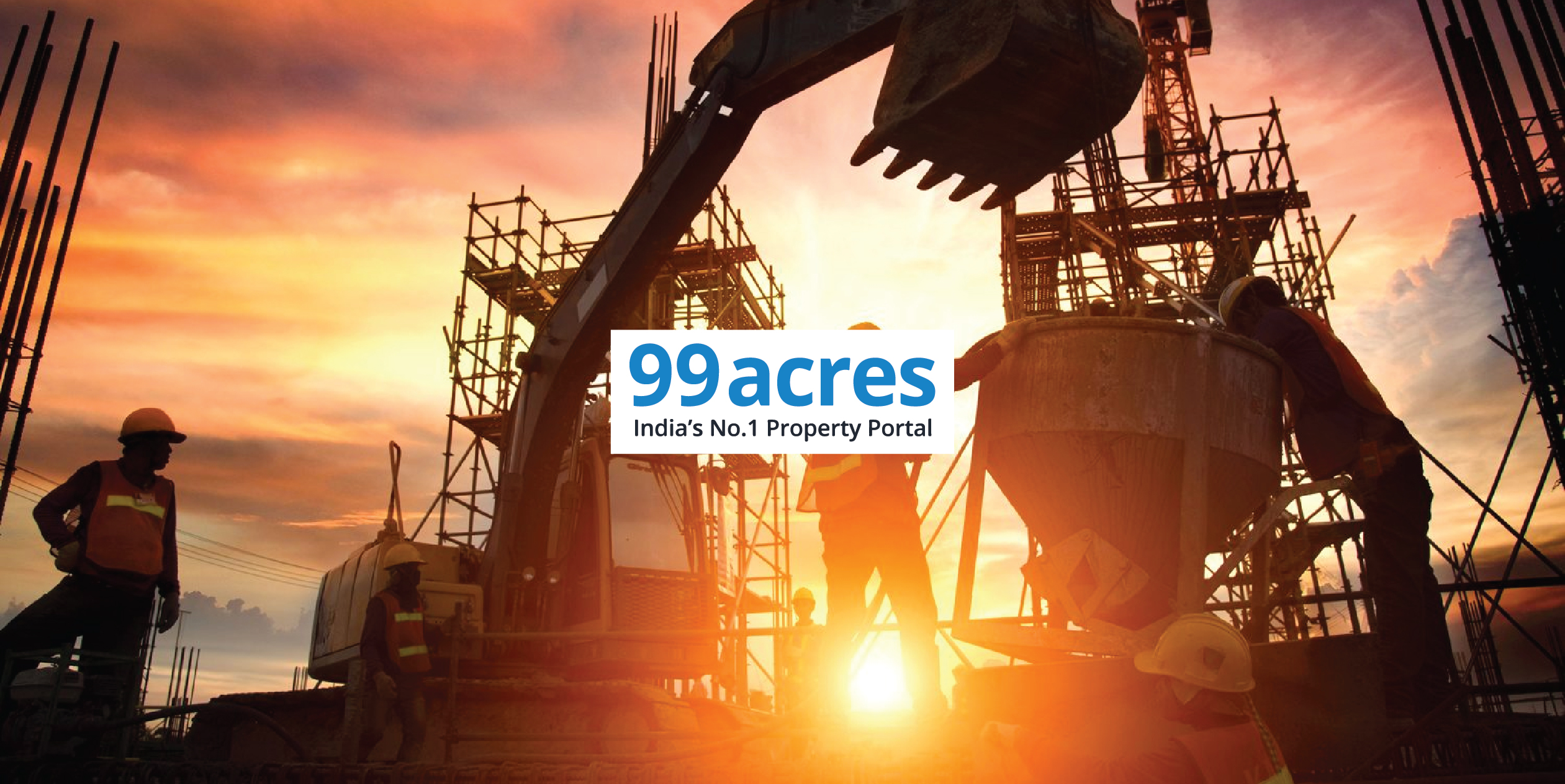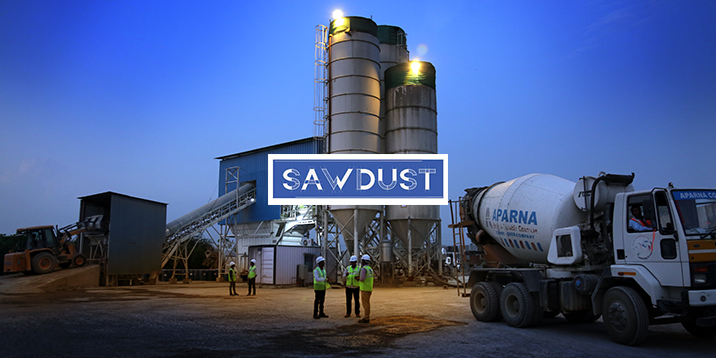Aparna Enterprises Limited Featured In EPC World Magazine
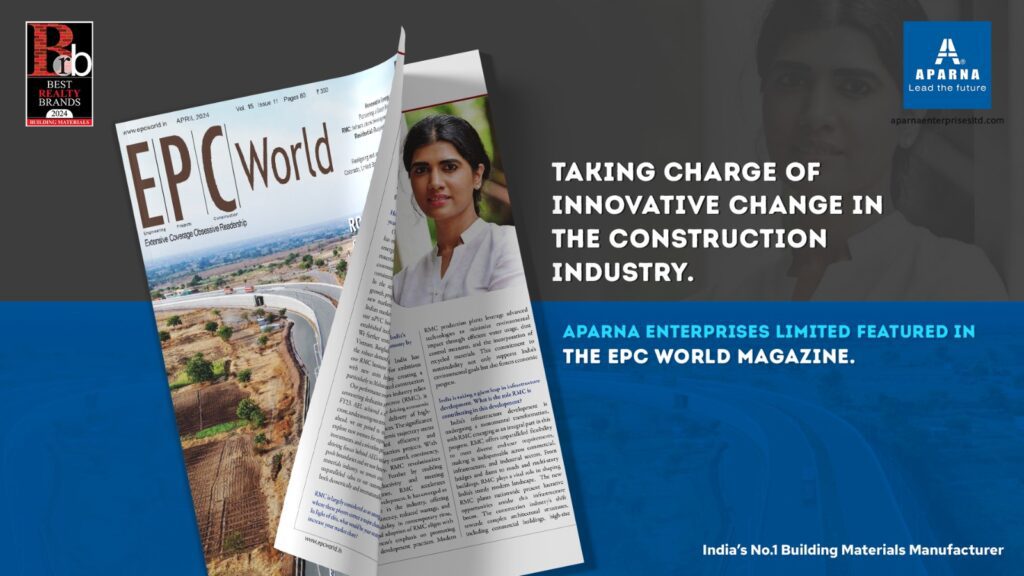
The rise of RMC proves its uprising as not just an industry trend, representing a fundamental shift in India’s construction industry. Steering the industry’s philosophy towards more sustainable, efficient and higher-quality building practices with minimal time taken. Ready Mix Concrete plays a key role in supporting environmental priorities, resulting in less wastage compared to on-site concrete mixing.
In this feature, we take a deep dive to look at the innovations and Aparna Enterprises Limited contribution to the nation, the challenges faced and the strategies being deployed to cement RMC’s place as the bedrock of new India
RMC will be a key contributor in India’s ambitious target of $5 trillion economy by 2025. What is your take on this?
The growing economy of India has generated significant demand for ambitious infrastructure projects, thereby creating a need for robust and sophisticated construction solutions. As the construction industry relies heavily on Ready Mix Concrete (RMC), it emerges as a crucial part for driving economic growth by enabling the delivery of high-quality products and services.
The significance of RMC in India’s economic trajectory stems from its unparalleled efficiency and effectiveness in construction projects. With its emphasis on quality control, consistency, and time efficiency, RMC revolutionizes project execution. Further by enabling heightened productivity and meeting stringent timelines, RMC accelerates infrastructure development. It has emerged as a game-changer in the industry, offering improved consistency, reduced wastage, and enhanced durability.
In contemporary times, the widespread adoption of RMC aligns with the government’s emphasis on promoting sustainable development practices. Modern RMC production plants leverage advanced technologies to minimize environmental impact through efficient water usage, dust-control measures, and the incorporation of recycled materials. This commitment to sustainability not only supports India’s environmental goals but also fosters economic progress.
India is taking a giant leap in infrastructure development. What is the role RMC is contributing in this development?
India’s infrastructure development is undergoing a monumental transformation, with RMC emerging as an integral part in this progress. RMC offers unparalleled flexibility to meet diverse end-user requirements, making it indispensable across commercial, infrastructure, and industrial sectors. From bridges and dams to roads and multi-story buildings, RMC plays a vital role in shaping India’s sturdy modern landscape. The new RMC plants nationwide present lucrative opportunities amidst this infrastructure boom. The construction industry’s shift towards complex architectural structures, including commercial buildings, high-rise driveways, and coastal highways, underscores the soaring demand for high-performance concrete. In order to fulfil these ambitious projects and housing demand, RMC plants have gained significant growth.
Moreover, the expansion of the RMC industry to Tier II and III cities signifies its widespread adoption beyond metro projects. This expansion into smaller urban centers and rural areas highlights the growing demand for RMC products nationwide. RMC’s adaptability, efficiency, and eco-friendliness contribute significantly to India’s infrastructure development, aligning with the country’s ambitious construction goals and broader economic growth objectives.
How has your organization performed in the last three years?
Over the past three years, Aparna Enterprises (AEL) has made remarkable strides in the infrastructure sector, emerging as a leading provider of comprehensive building material solutions. Our commitment to innovation and customer satisfaction has been the reason driving consistent growth across all segments of our operations. In the recent past, AEL has witnessed exponential growth, propelled by strategic expansions and penetrating new markets. Last year, we expanded into the North Indian market, specifically the Delhi NCR region, with our uPVC business brand Okotech, which has swiftly established itself as a prominent player in the industry. We further ventured into South Asian markets such as Vietnam, Bangladesh, Sri Lanka, and Nepal, leveraging the robust demand for Okotech products. Additionally, our RMC business has experienced substantial growth, with new units being established in key regions, particularly in Maharashtra.
Our performance over the past three years reflects our unwavering dedication to excellence and innovation. In FY23, AEL achieved a remarkable revenue of Rs 1,650 crore, underscoring our strong growth trajectory. Looking ahead, we are poised to sustain this momentum and explore new avenues for expansion. Innovation, strategic investments and a relentless pursuit of superiority are the driving forces behind AEL’s success. As we continue to push boundaries and set new benchmarks in the building materials industry, we remain committed to delivering unparalleled value to our customers and stakeholders, both domestically and internationally.
RMC is largely considered as an unorganized market where these players corner a major chunk of revenue. In light of this, what would be your strategy to increase your market share?
In the largely fragmented and unorganized market of RMC, establishing a prominent presence requires a strategic approach focused on quality control, innovation, and collaborative partnerships. We implement a multifaceted strategy which is aimed at delivering superior products and expanding our reach across diverse regions.
The most important focus for us has been prioritizing our product quality and exceptional customer service. We continuously innovate and enhance our product offerings. By introducing new products and improving existing ones, we aim to differentiate ourselves from competitors and attract customers seeking reliable solutions for infrastructure projects. Additionally, collaborating with trusted suppliers enables us to streamline product access and expand our distribution channels, thereby reaching a broader consumer base across various regions.
Furthermore, by acquiring established leaders in the industry or pursuing mergers with compatible entities, we can consolidate resources, broaden our target audience, and enhance overall competitiveness in the market. Amidst the increasing demand for high-quality products in the Indian market, particularly from multinational companies, we remain steadfast in our focus on quality and innovation which enables us to capture larger market share and driving sustained growth.
For the benefit of our readers, please share the challenges RMC manufacturers face while executing realty projects in metros
Execution of real estate projects in metro cities is a formidable challenge for RMC manufacturers. The real estate sector downturn weakened by liquidity constraints impacts demand and revenue streams. In addition, the traffic regulations and congestion on the roads do not allow the delivery of cement, which is very important for maintaining the quality of the product and the timely completion of the project. Another challenge is ensuring a constant supply of raw materials such as aggregates, with logistical limitations and supplier dependencies posing the risk of the disruption of the supply chain.
Additionally, the presence of smaller unorganised scale players in the RMC industry complicates the competitive scenario. Traffic regulations and city-space restrictions pose challenges for establishing commercial plants. These challenges call for the RMC manufacturers to come up with innovative ways such as diversifying the marketing efforts to semi-urban areas and improving the logistic operations. Collaboration with the stakeholders and advocacy for simple regulatory procedures are equally crucial for the smooth operationalisation of realty projects in metro cities.
What are the other challenges faced by RMC manufacturers while commissioning infrastructure projects in India?
Besides the mentioned issues, manufacturers of RMC also face multiple other impediments while deploying infrastructure projects in India. Throughout the whole process, from preparation to transportation and use of RMC, a large number of risks are present and some of them will lead to a lack of consumer confidence and diminished profits unless managed properly. Besides the internal factors, including the incorrect choice of admixture, machine breakdowns, and transportation accidents rank high among the external factors that call for sound management strategies for a streamlined flow of operations and effective completion of the projects.
In addition, factors such as the wrong mix formula, unjustified specifications for quality standards, and the transportation lag time contributed by the road traffic introduce unforeseen inconveniences to infrastructure projects. Furthermore, environmental issues may add up to more complex problems. Adhering to the regulations for the environment and minimising the environmental impact of the production and utilisation of RMC should be prioritised.
Resolving these problems should be done through a solution that consists of risk management techniques, quality control practices, logistical effectiveness, and environmental consciousness so as to achieve the successful outcomes of RMC projects in India.
There is a paucity of skilled manpower in the RMC industry? What are the steps you are taking to increase skill manpower in the RMC sector?
The lack of skilled manpower in the RMC industry is a major problem in its growth and efficiency. Recognising this issue, we have implemented several steps to increase skilled manpower in the RMC sector. We have internal programs where extensive training are provided aimed at giving people the skills and the expertise needed for different positions in the RMC sector.
We equip them with knowledge on concrete technology, quality control, operation of equipment, safety protocols, customer service, etc. Our skill development helps in skill improvement and career development of the workforce .We invest in the training of professionals with the aim of improving the productivity, efficiency, and sustainability of the RMC sector, and in so doing, fuelling its growth and success in the long run.
Your take on the government policies and regulations and the tweaks required to propel the RMC sector
Policies and regulations of the government are integral in determining the evolution and growth of the RMC sector in India. Efforts by the government such as advocating the use of RMC in infrastructure projects and pushing its benefits in smart city missions has greatly helped the industry to grow.
Regarding the RMC sector, more amendments should be made. These include simplifying the regulatory framework in order to promote a friendly business environment for RMC manufacturers, financial and tax incentives to promote the use of RMCs, and improving infrastructure to stimulate construction activities that are the major drivers of demand for RMC.
Furthermore, sustainability, research and technology investment towards increased longevity of RMC, and a continuous supply of high-quality aggregates are critical for the sustainable growth of the product in India. All in all, a coordinated approach among government, industry stakeholders, and regulatory bodies is needed to overcome challenges, implement applicable changes, and take the RMC sector to the next level towards sustainability.
What are your expansion strategies for the fiscal year 2024-25? Are there plans to launch new products or is a Greenfield or Brownfield facility in the offing?
In the fiscal year 2024-25, our expansion strategies are twofold, to strengthen market presence in the North region of India and expand our reach beyond regional confines and actively engage in large and government infrastructure projects. Diversifying our market penetration in North India is a multiple strategic action process.
In line with this, we intend to create a more viable sales and delivery network by placing new sales offices and distribution centers at strategic points across the region. Our reputation will enable us to develop alliances and distribution networks in these regions, ensuring that our products and services cater to the specific needs and preferences of different markets. Along with market expansion attempts, we also aim to be part of government ambitious infrastructure projects.
We will keep on investing in modern production facilities and also upping the efficiency of our current units to remain steadfast and cater the burgeoning demand of the infra sector.
Say Hello
For further information or queries about our products and services, feel free to contact us!!
Unveil the magic of building together!!
HYDERABAD CORPORATE OFFICE
Aparna Enterprises Ltd.
8-2-293/82/A, Plot No-1214, Road No-60,
Jubilee Hills, Hyderabad-500 033.
CIN no.: U51109TG1994PLC018950
